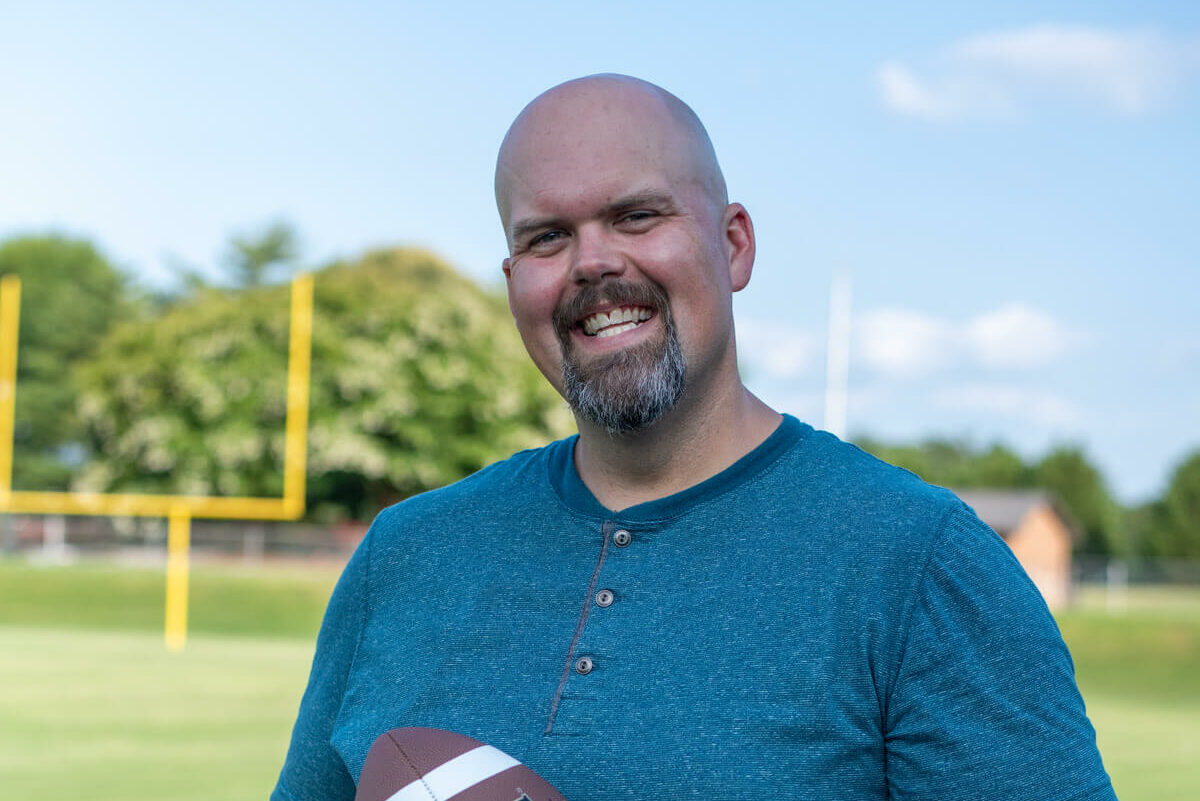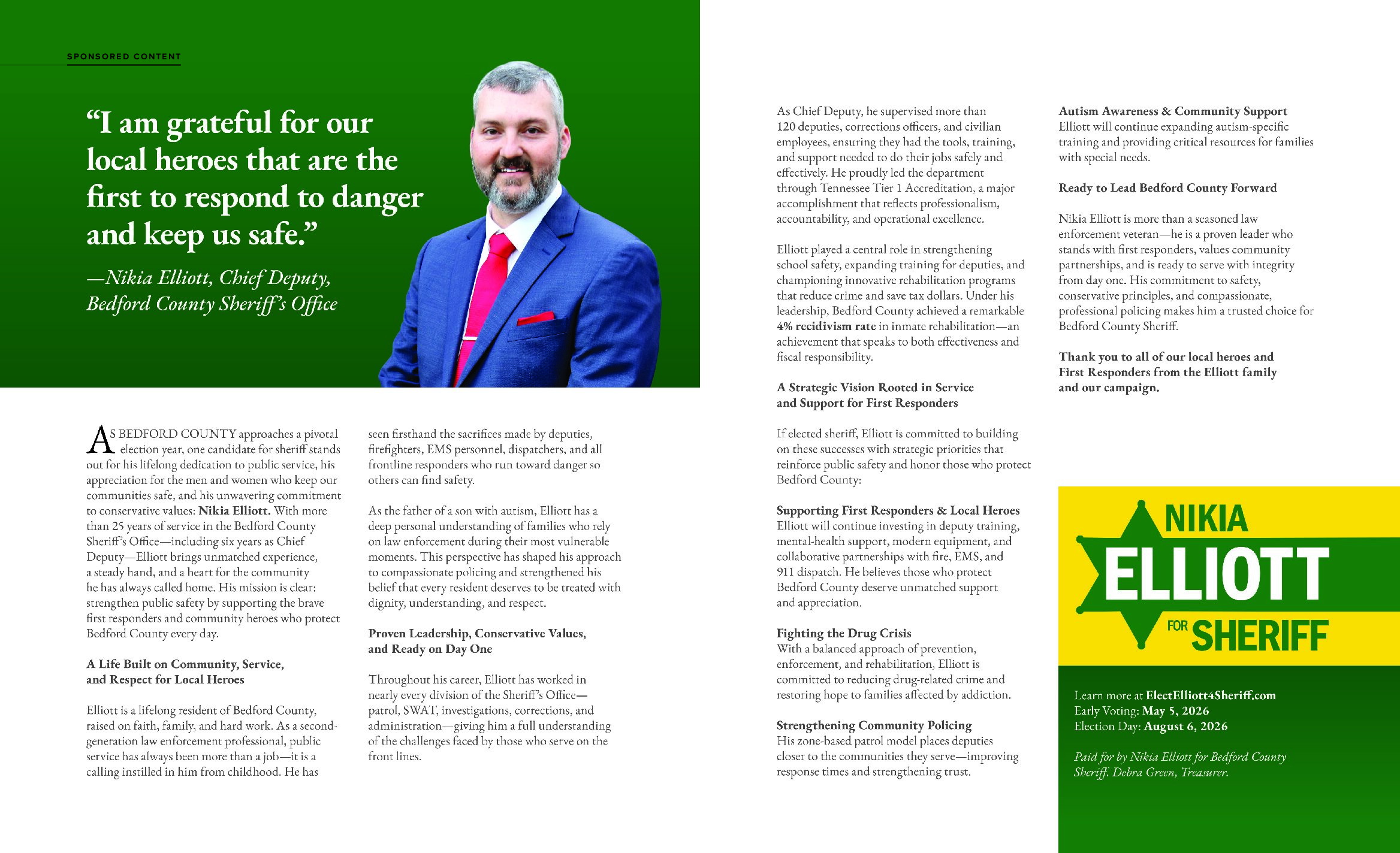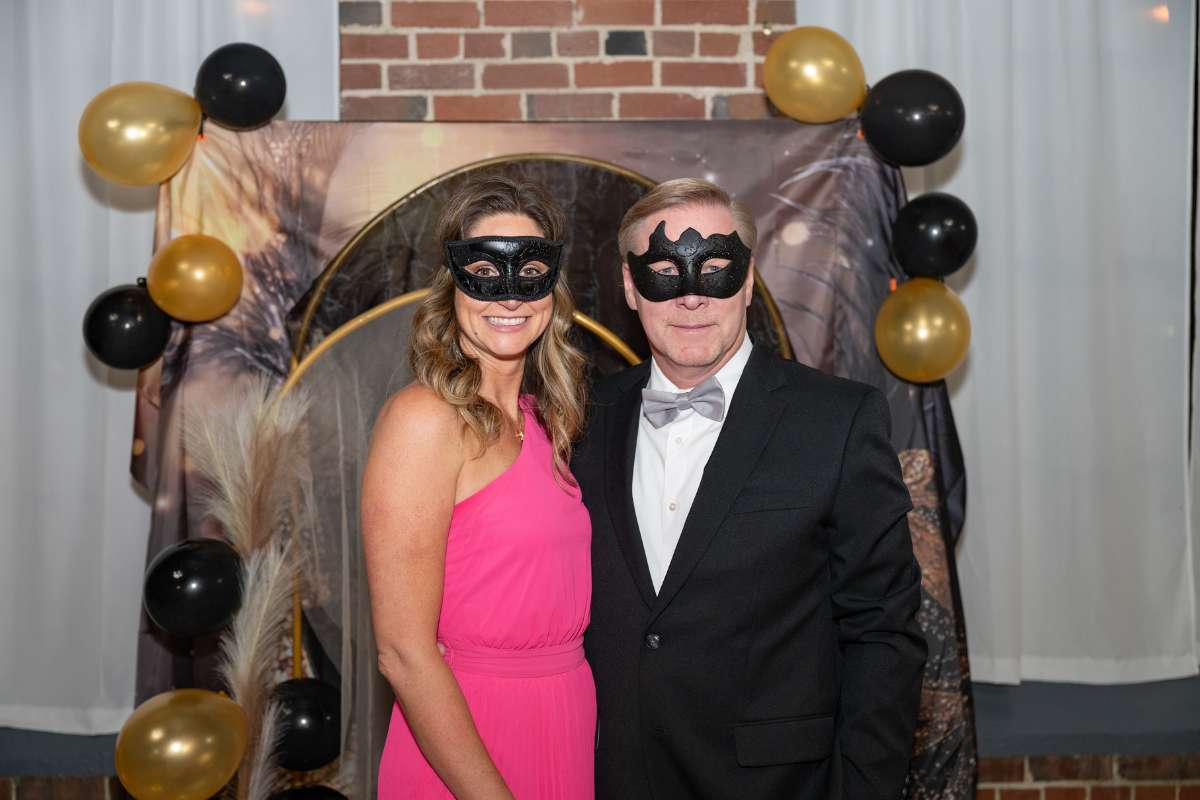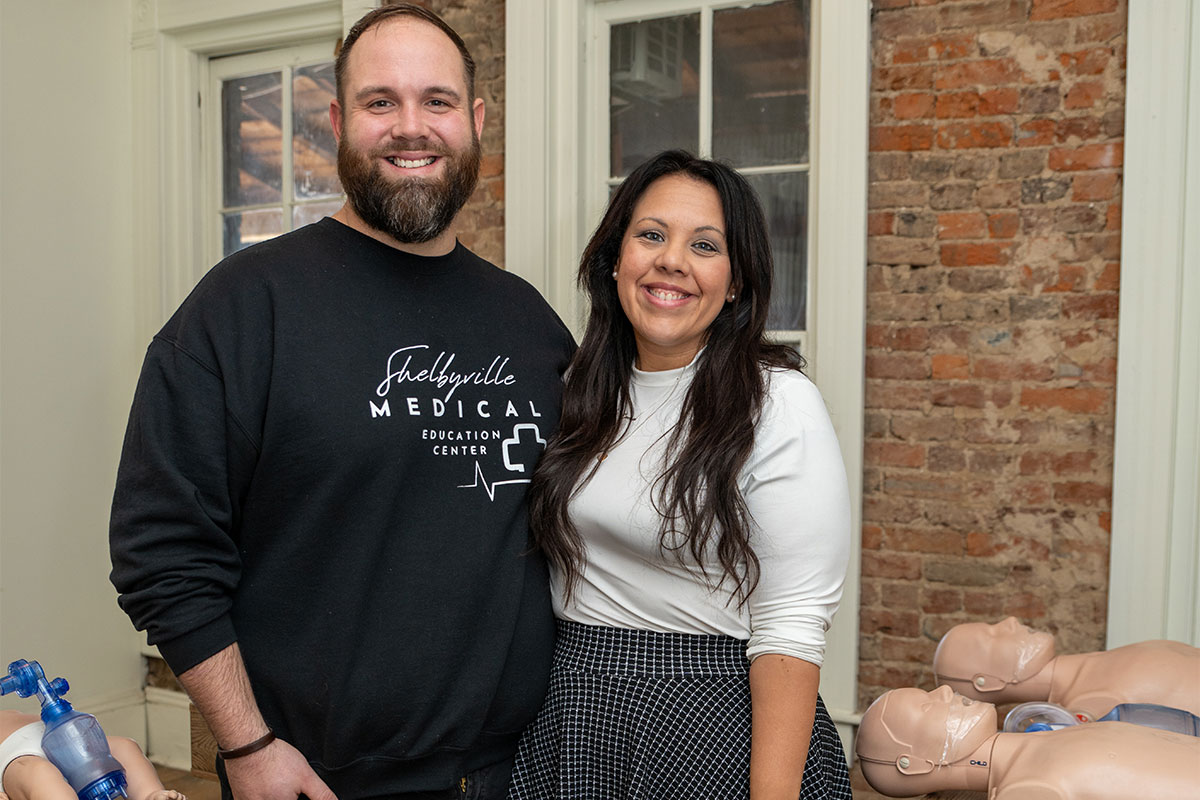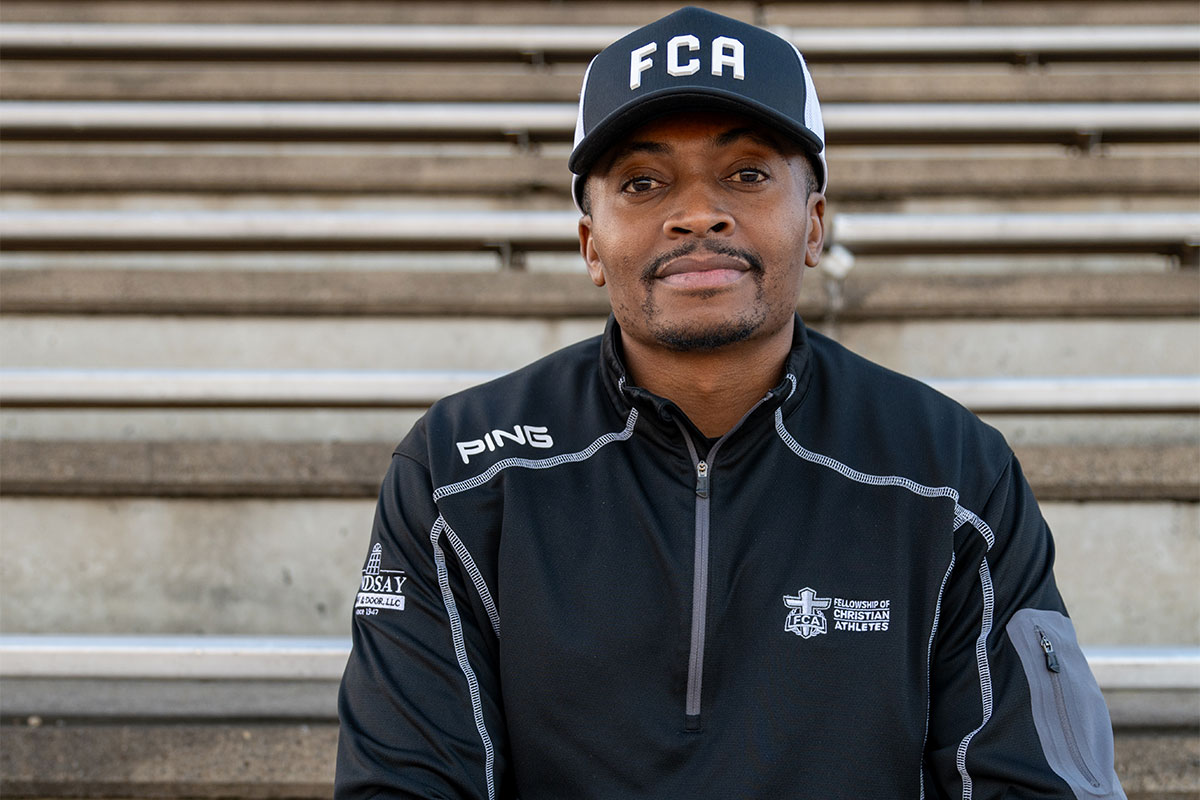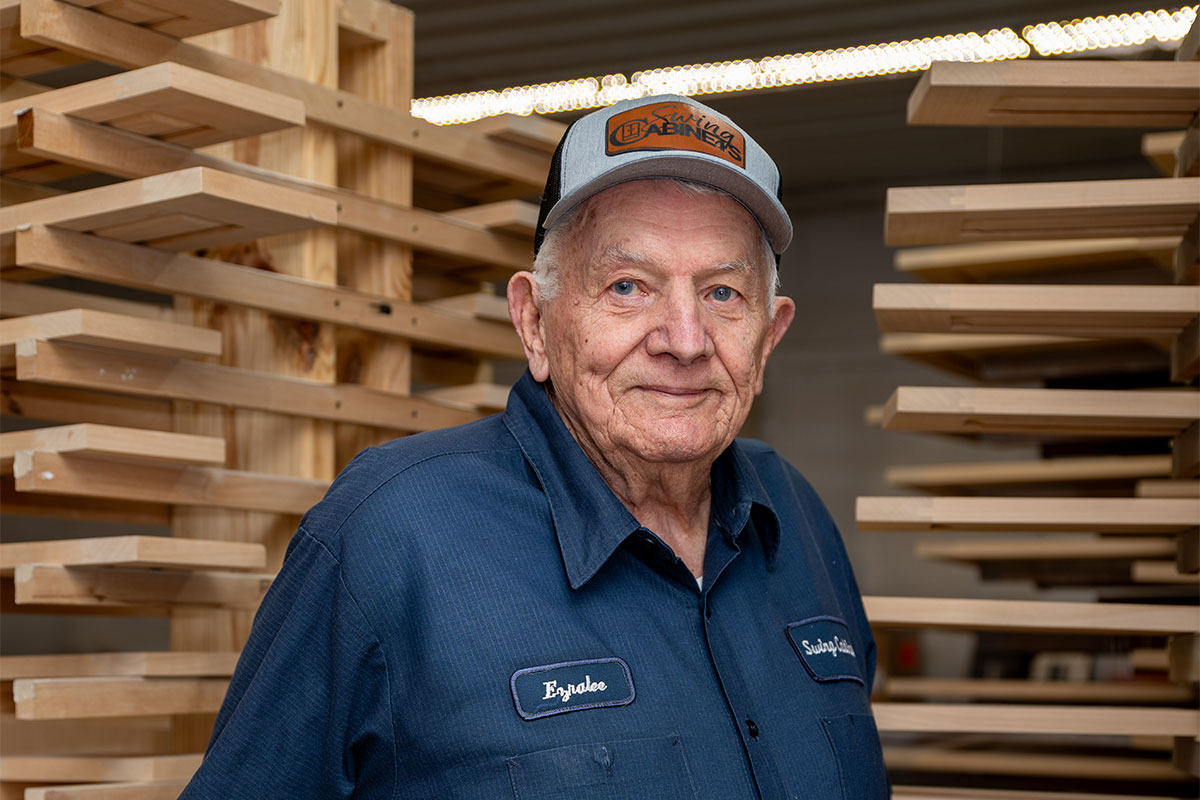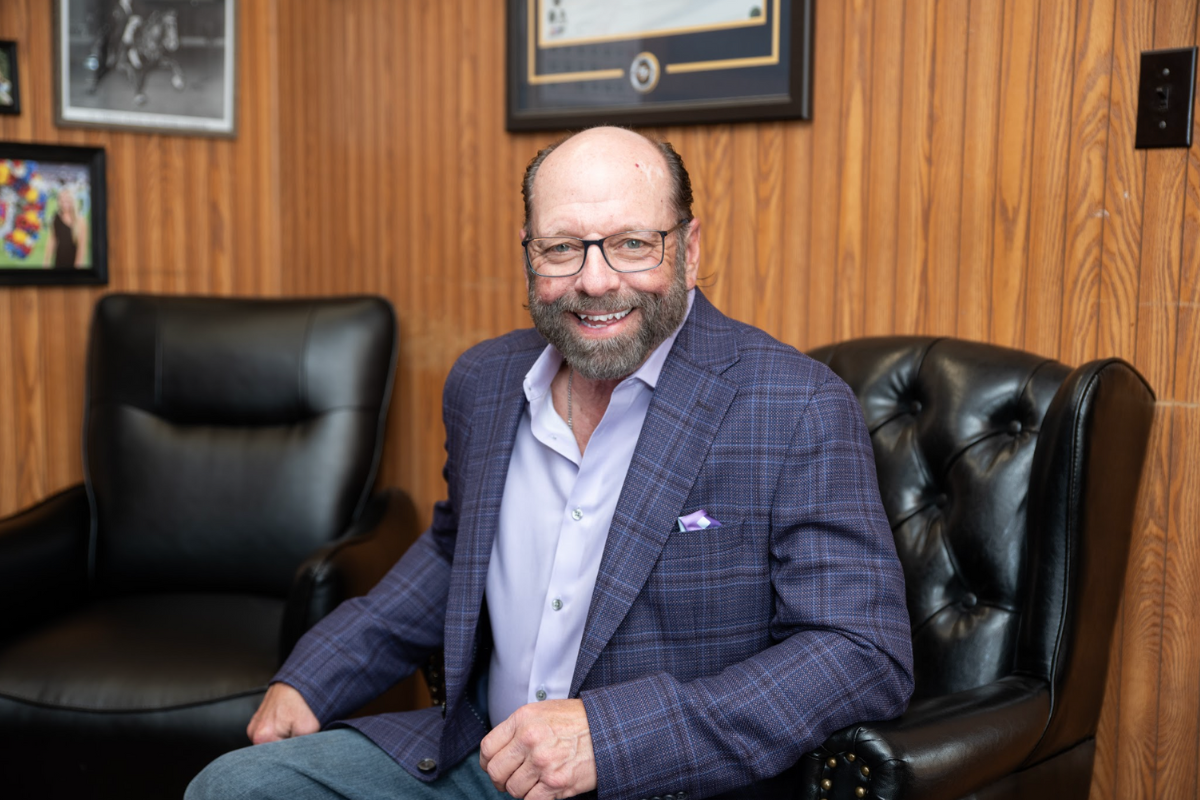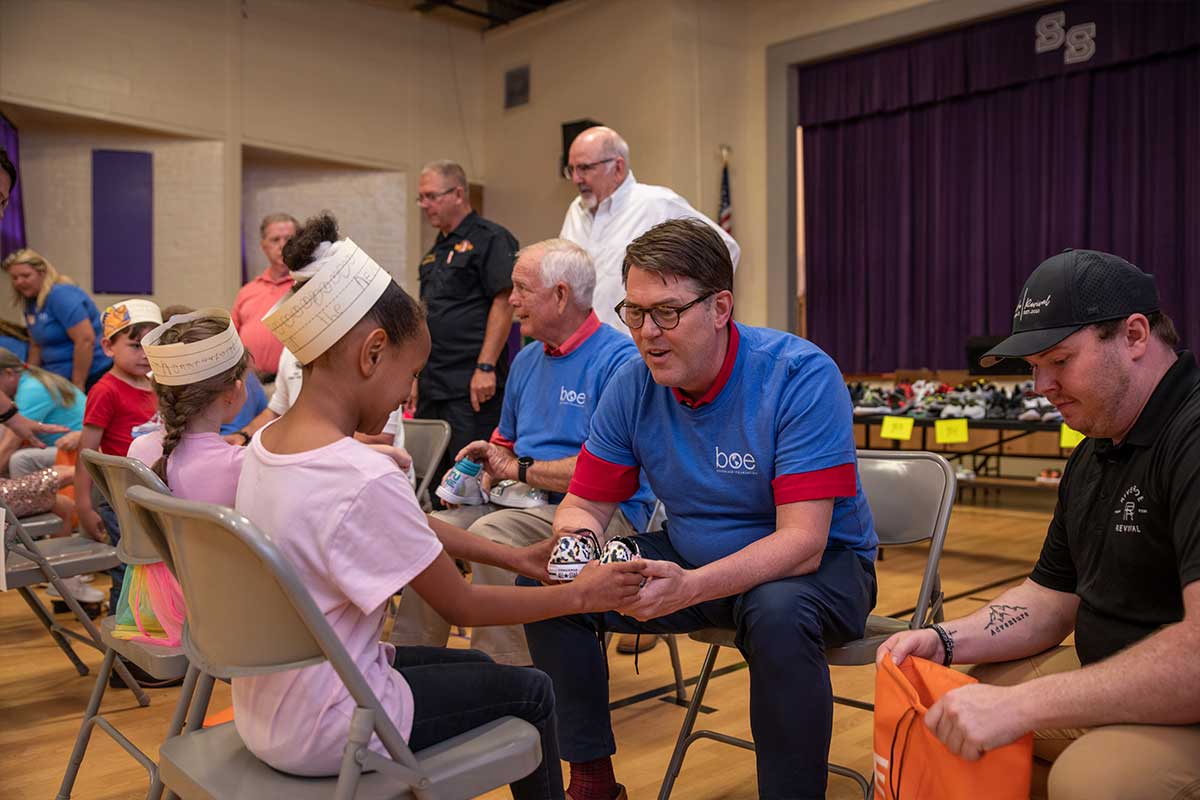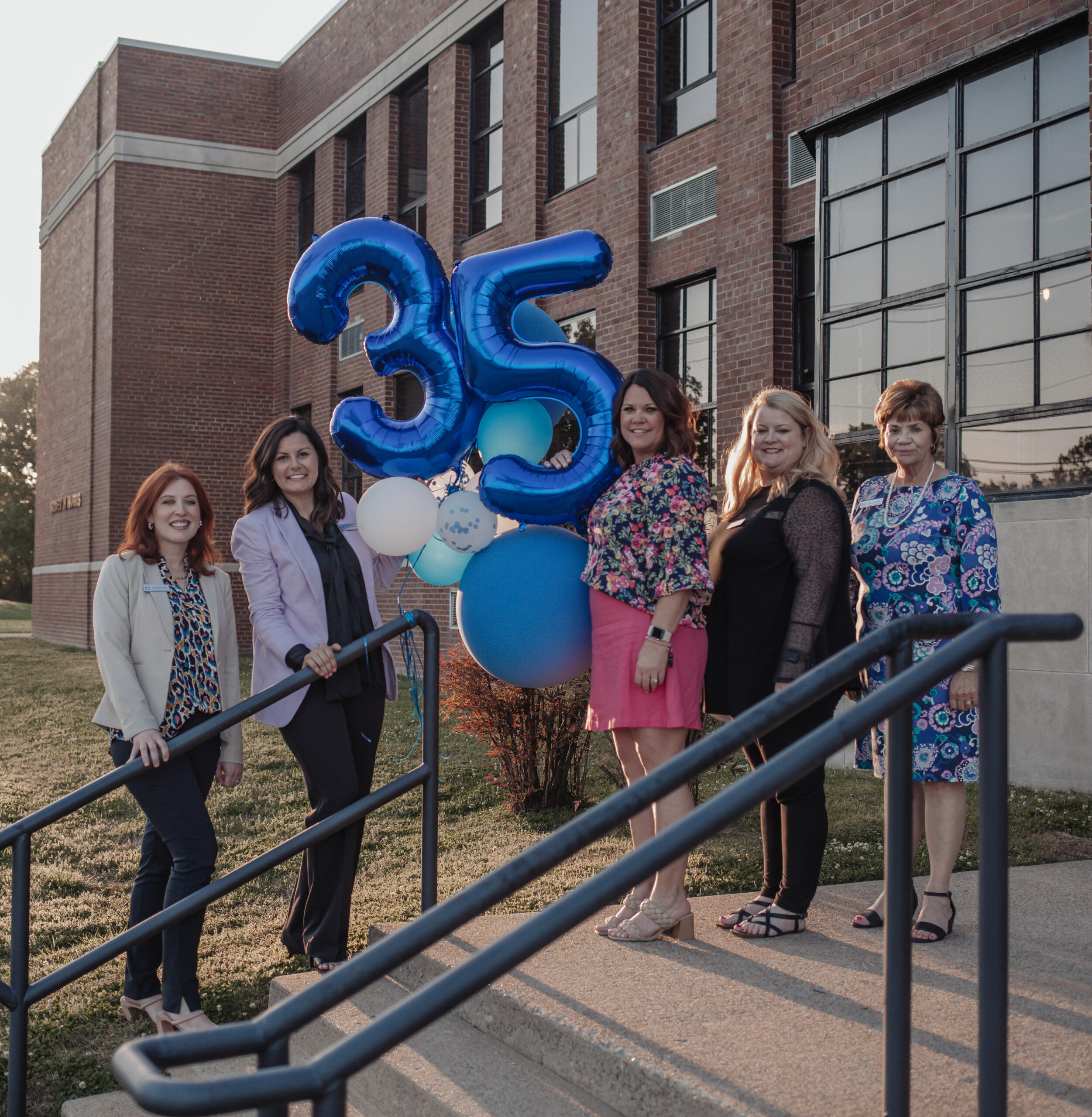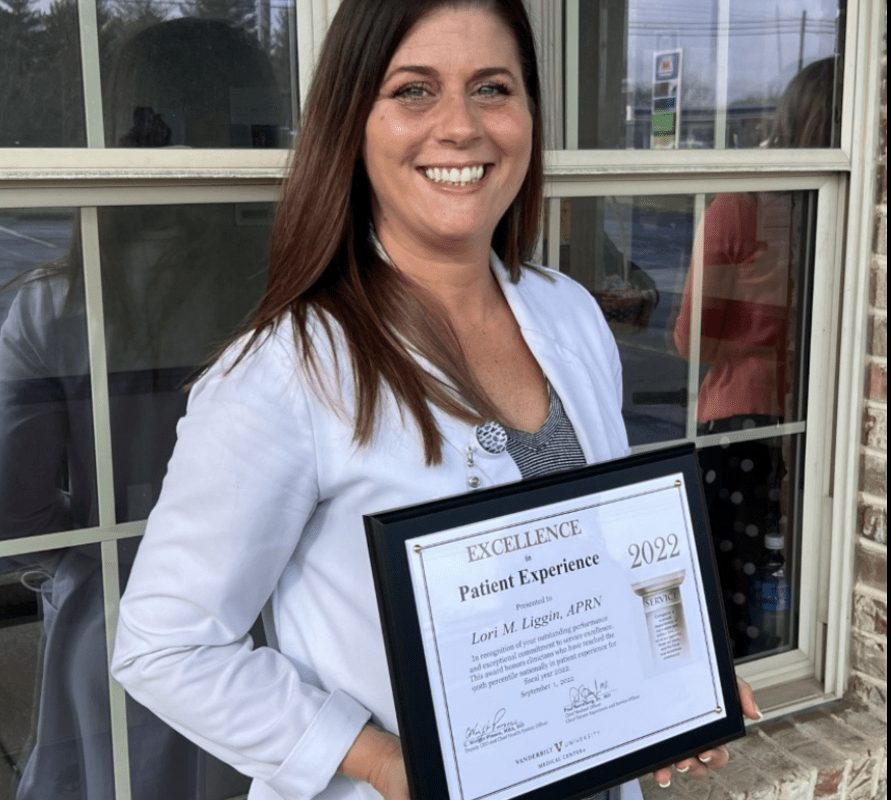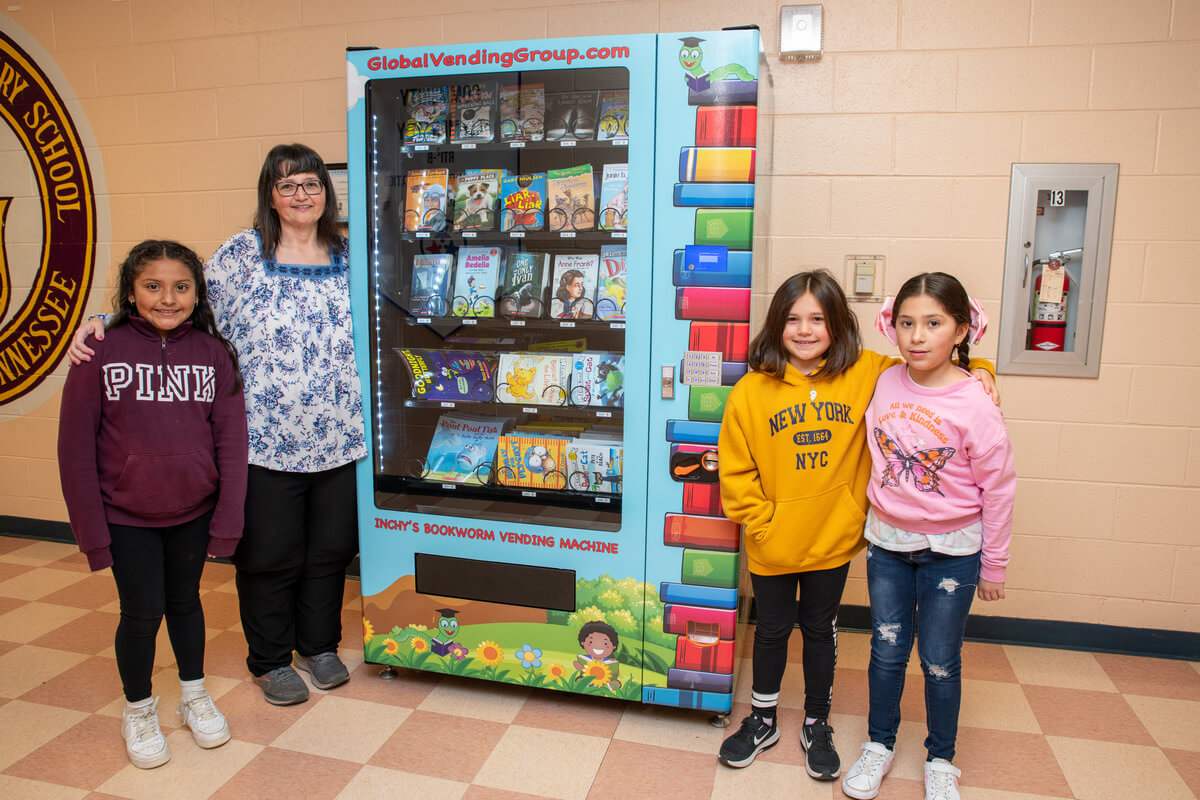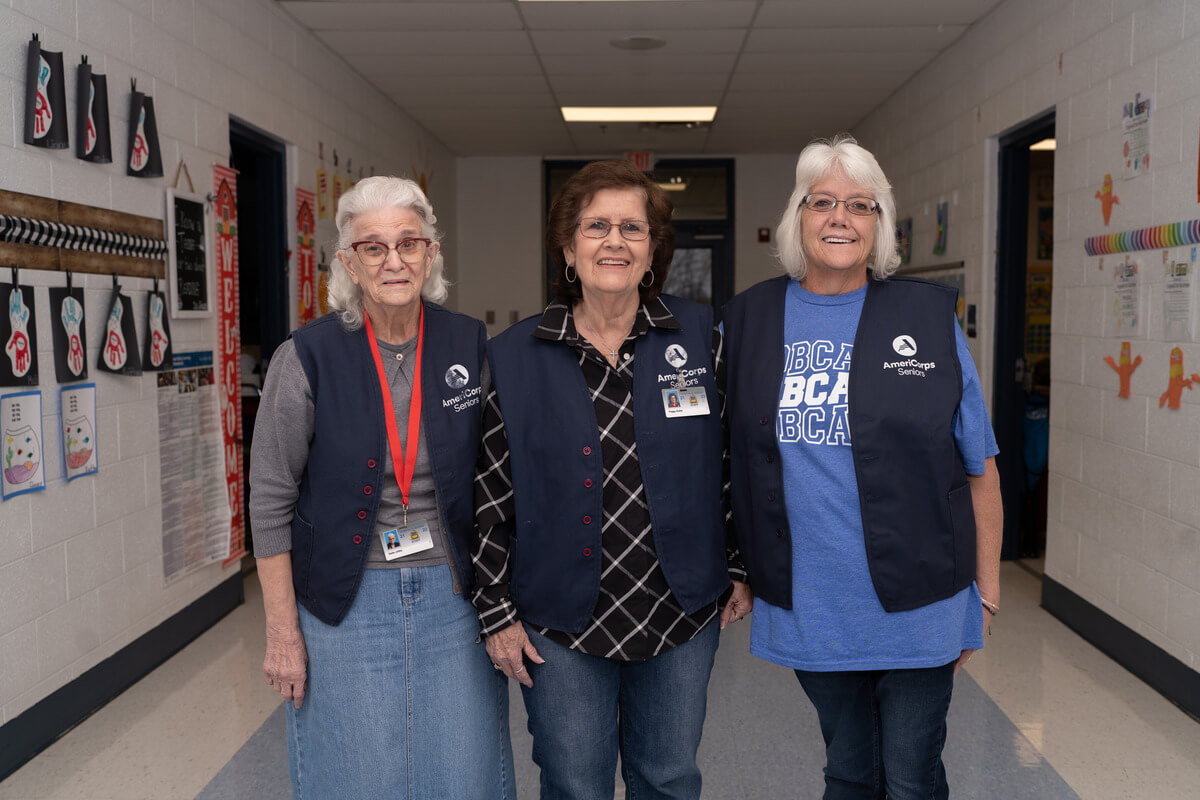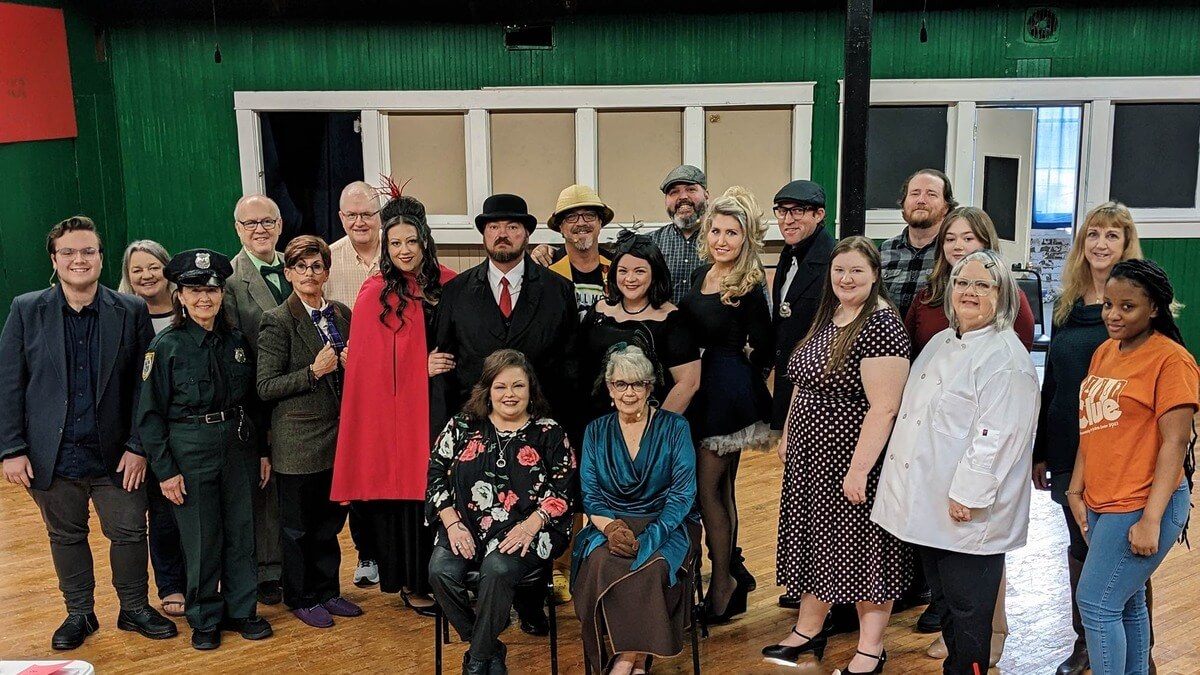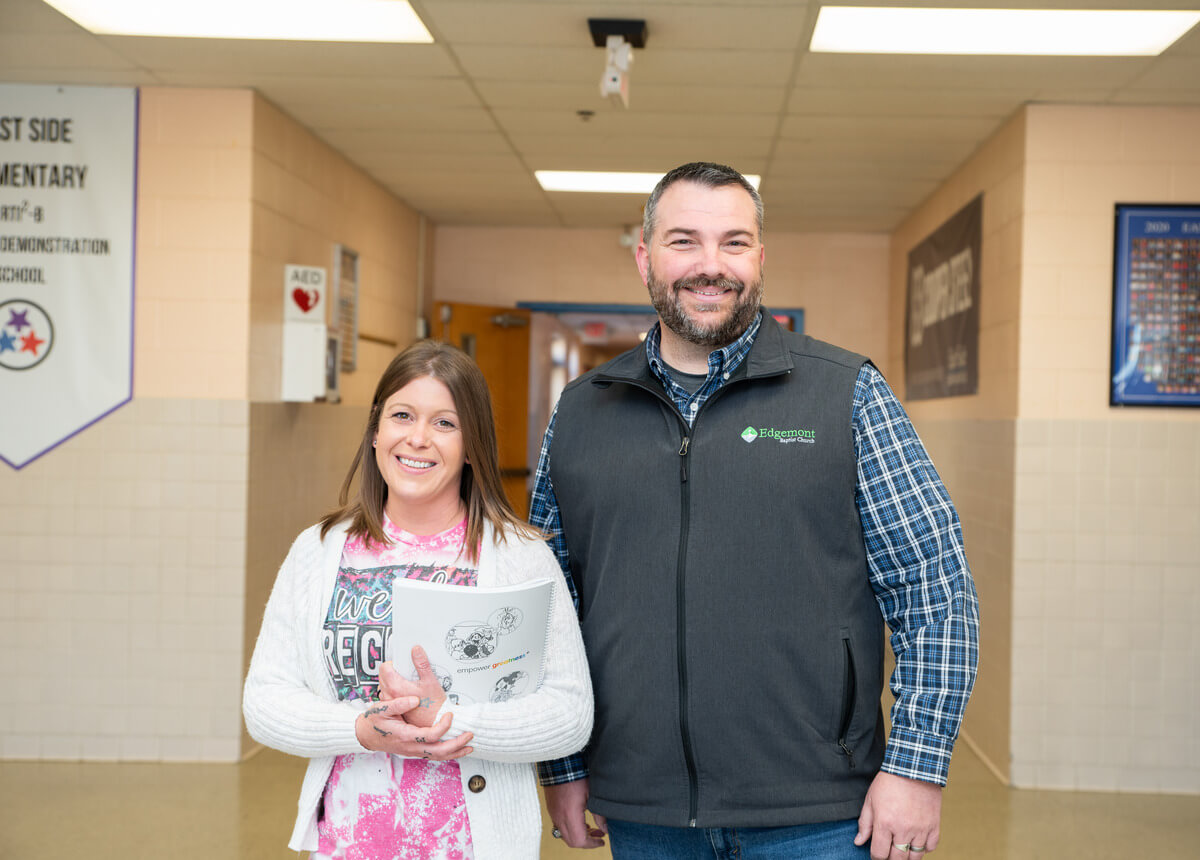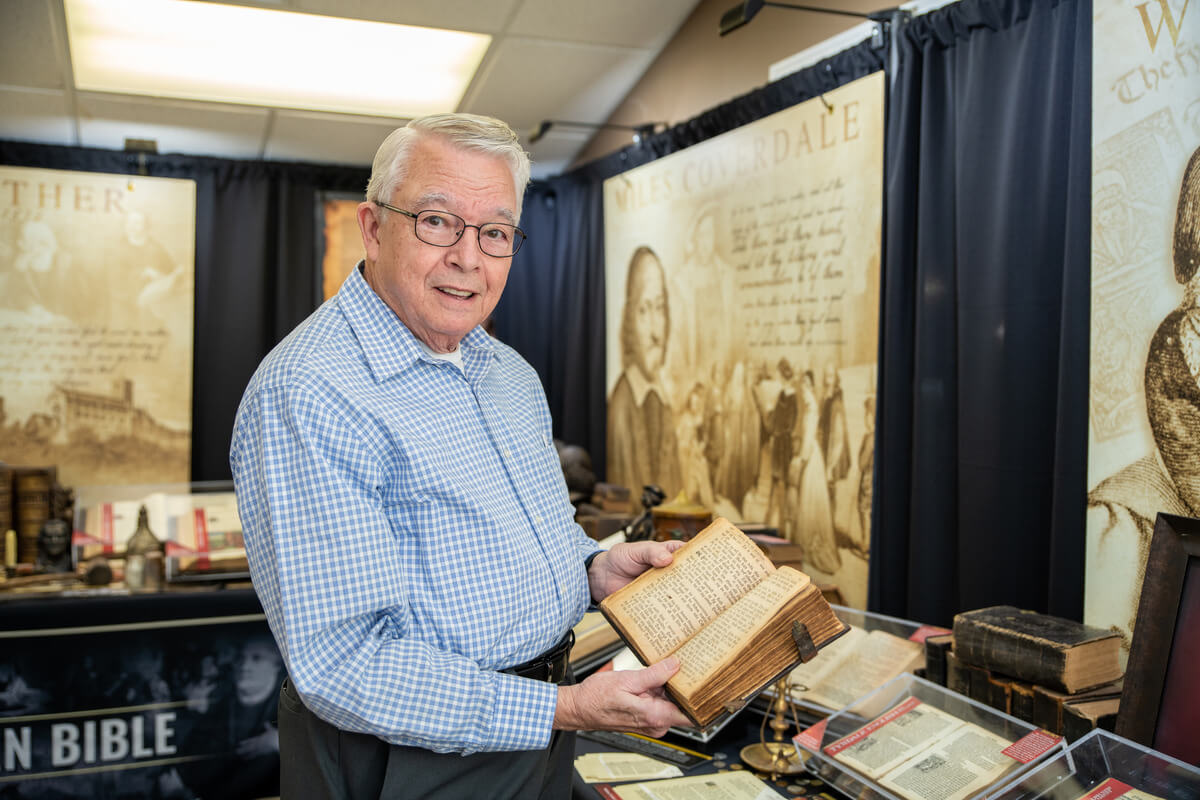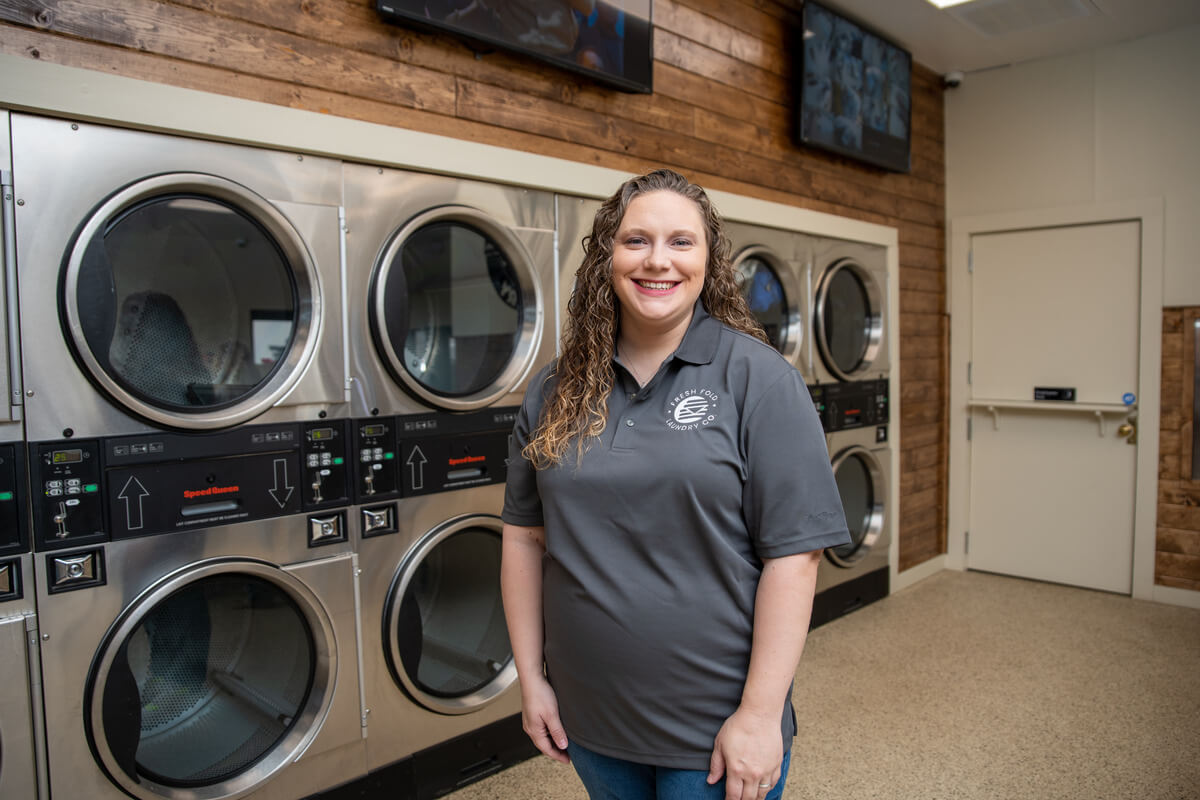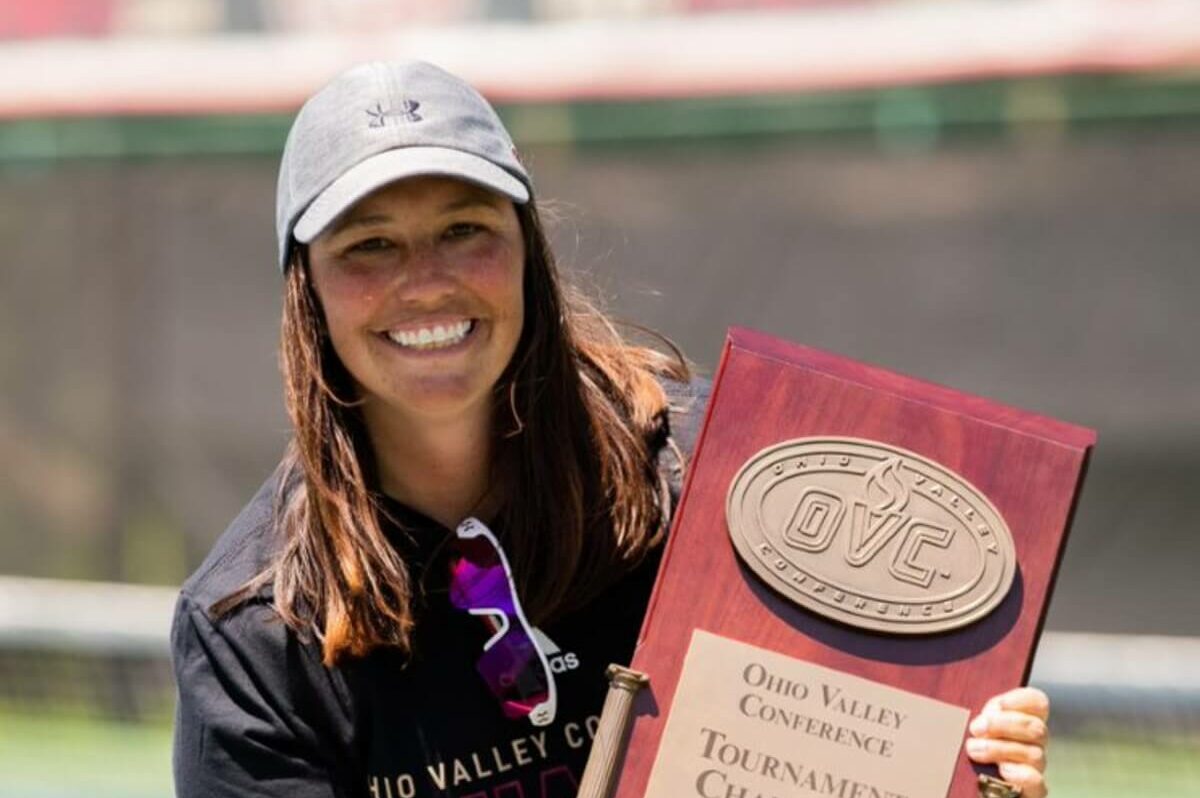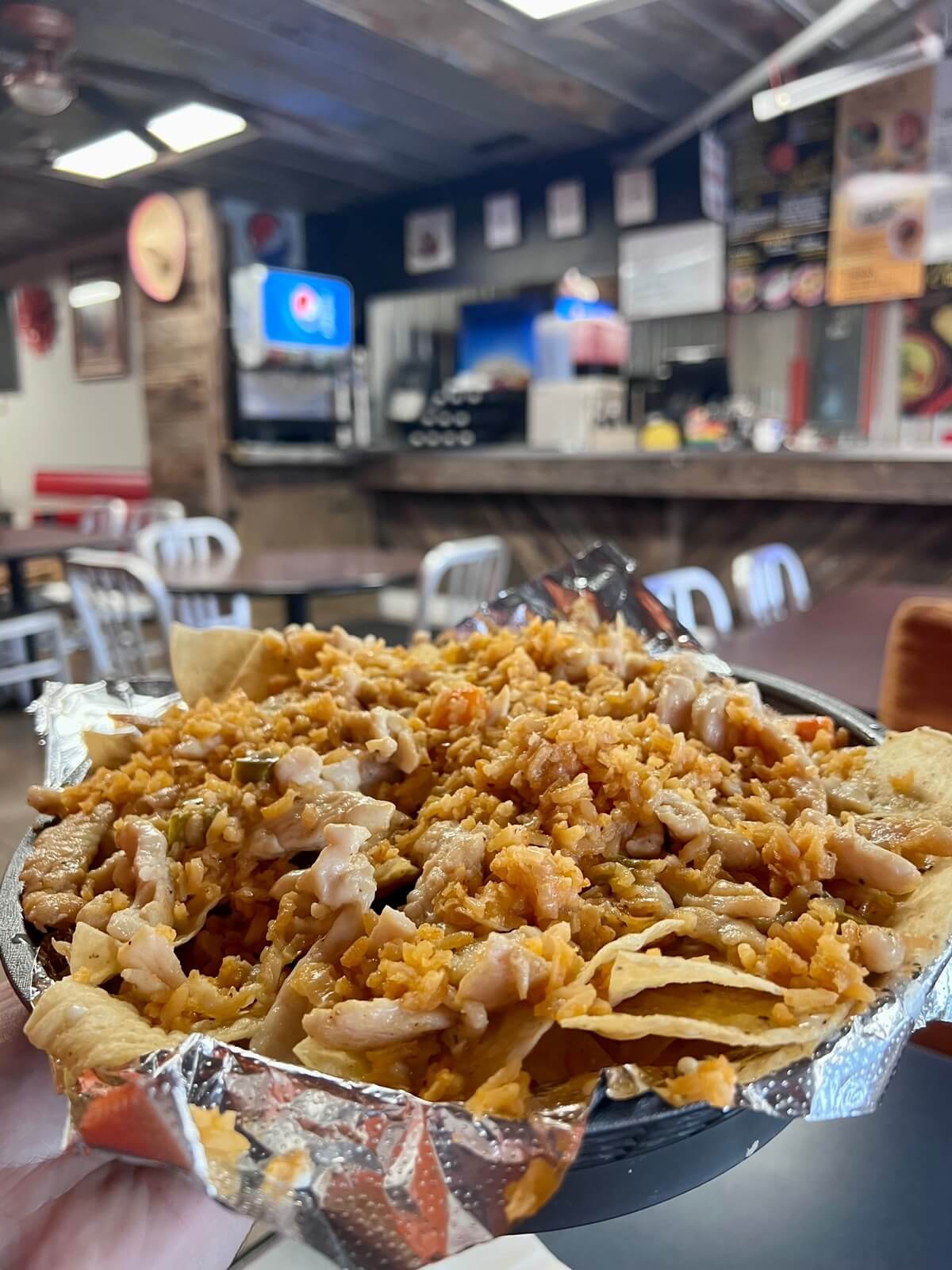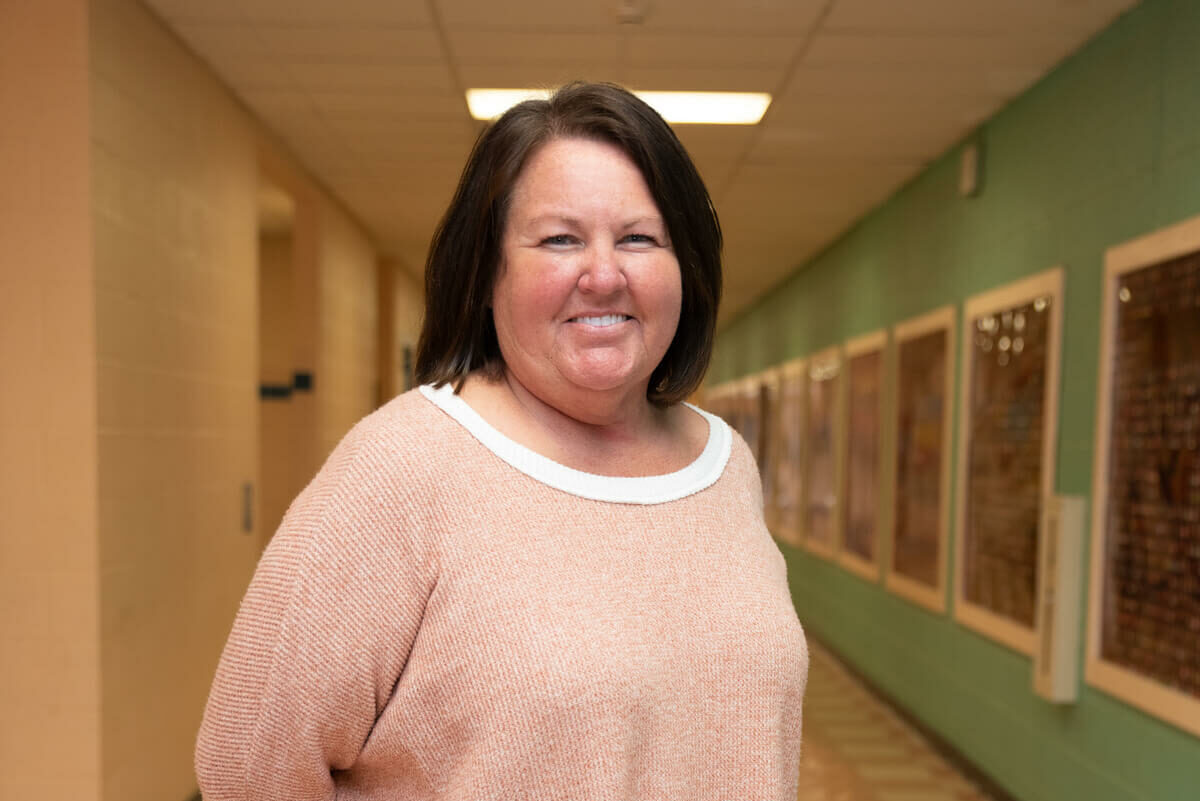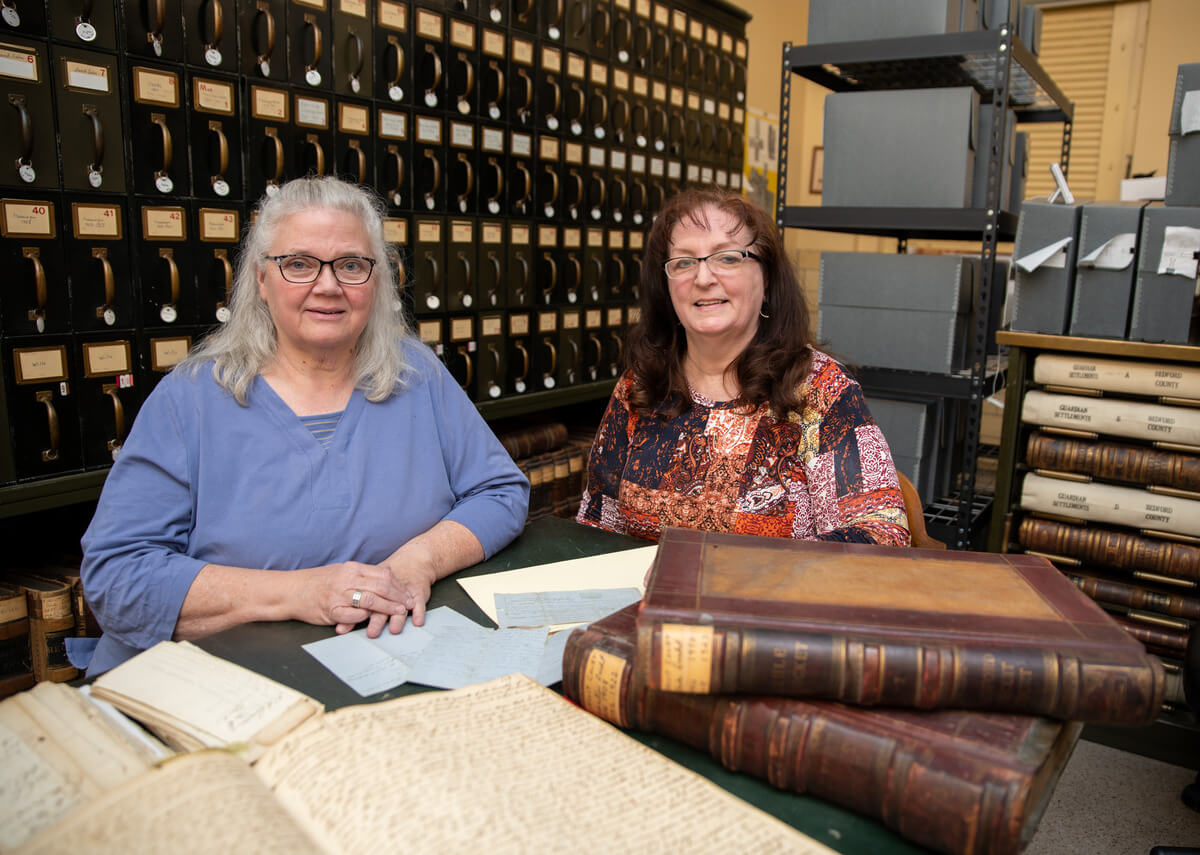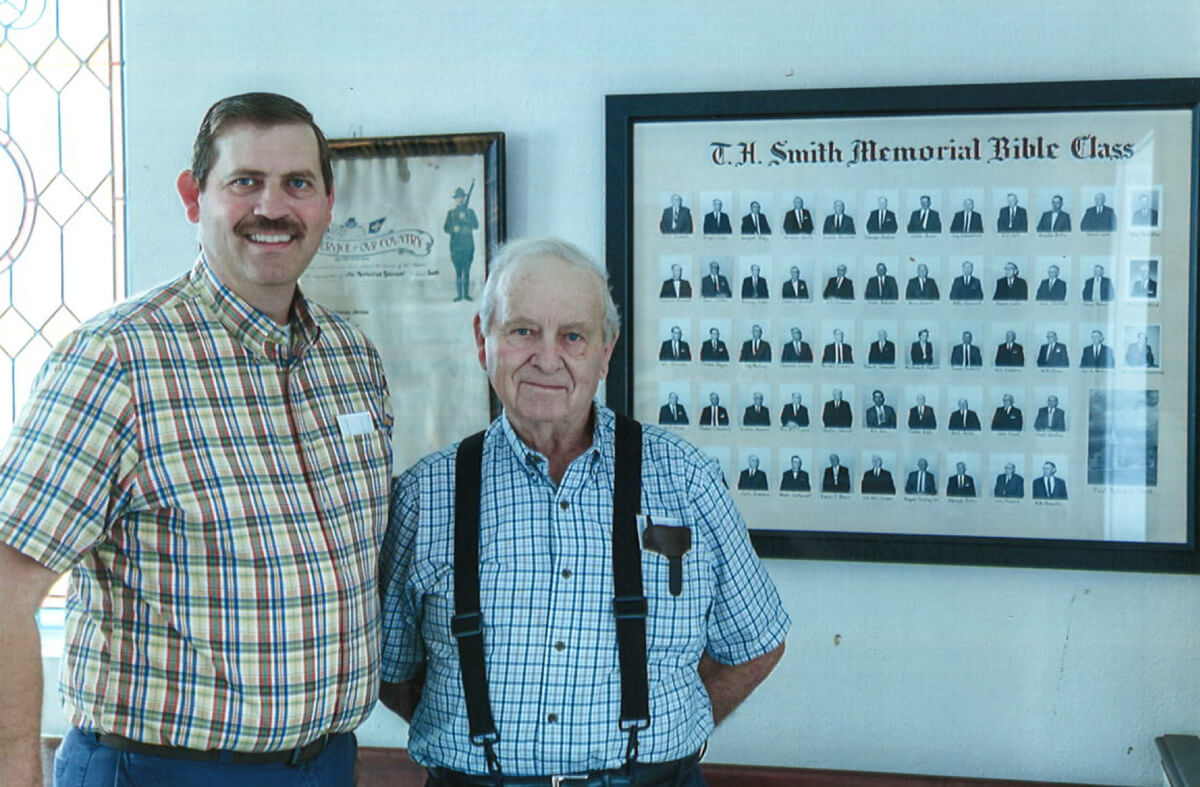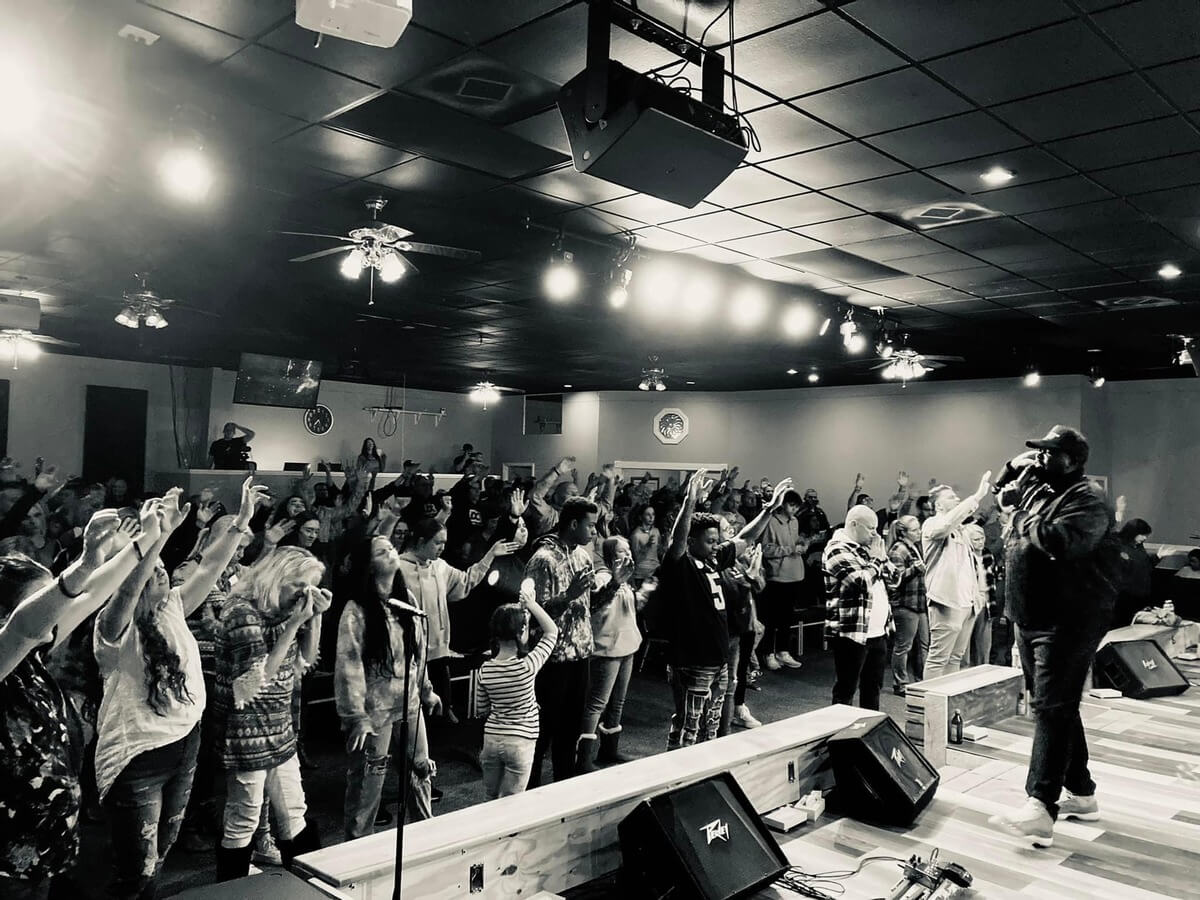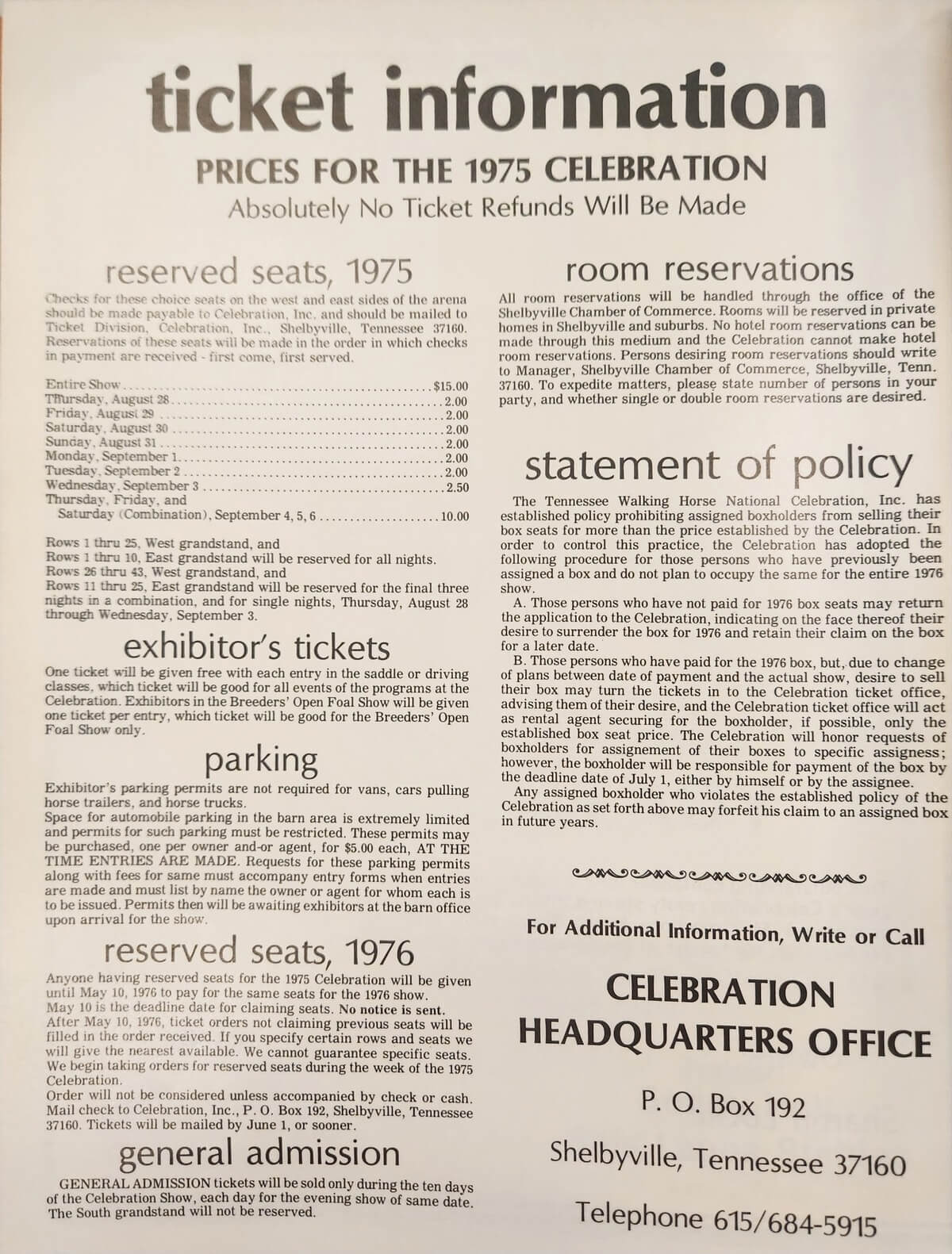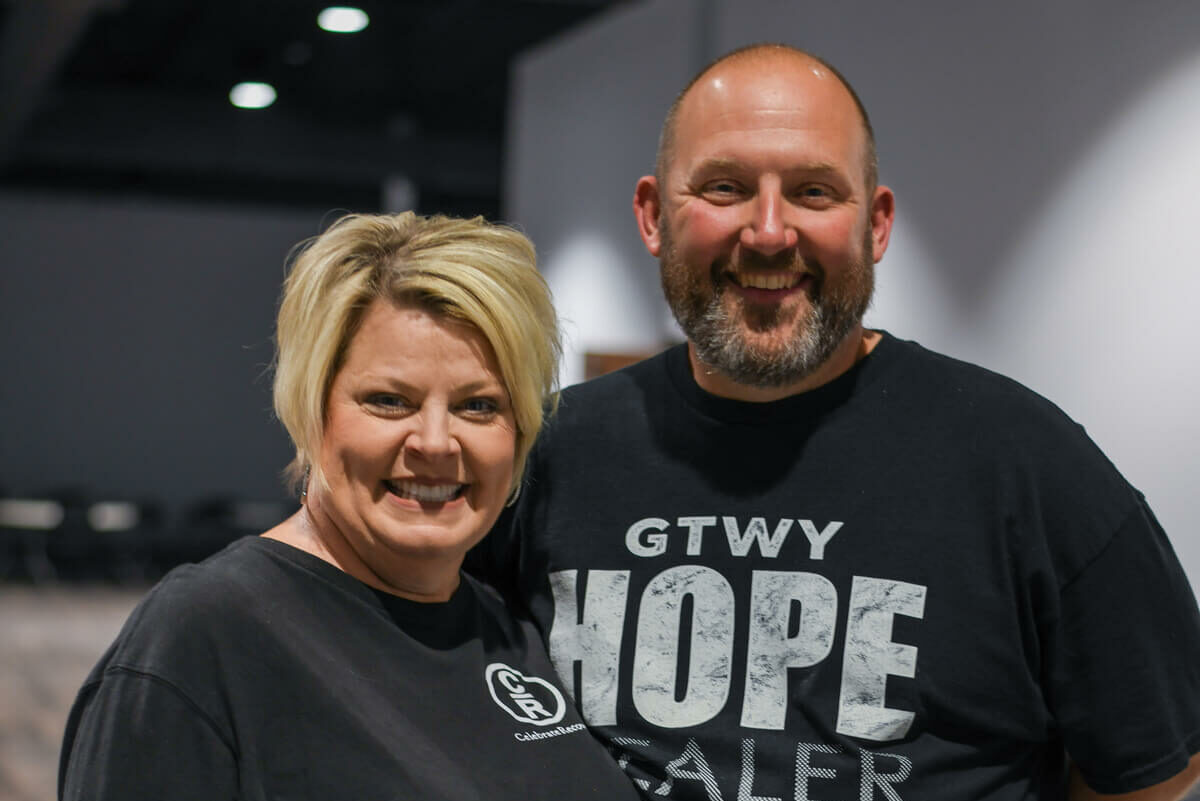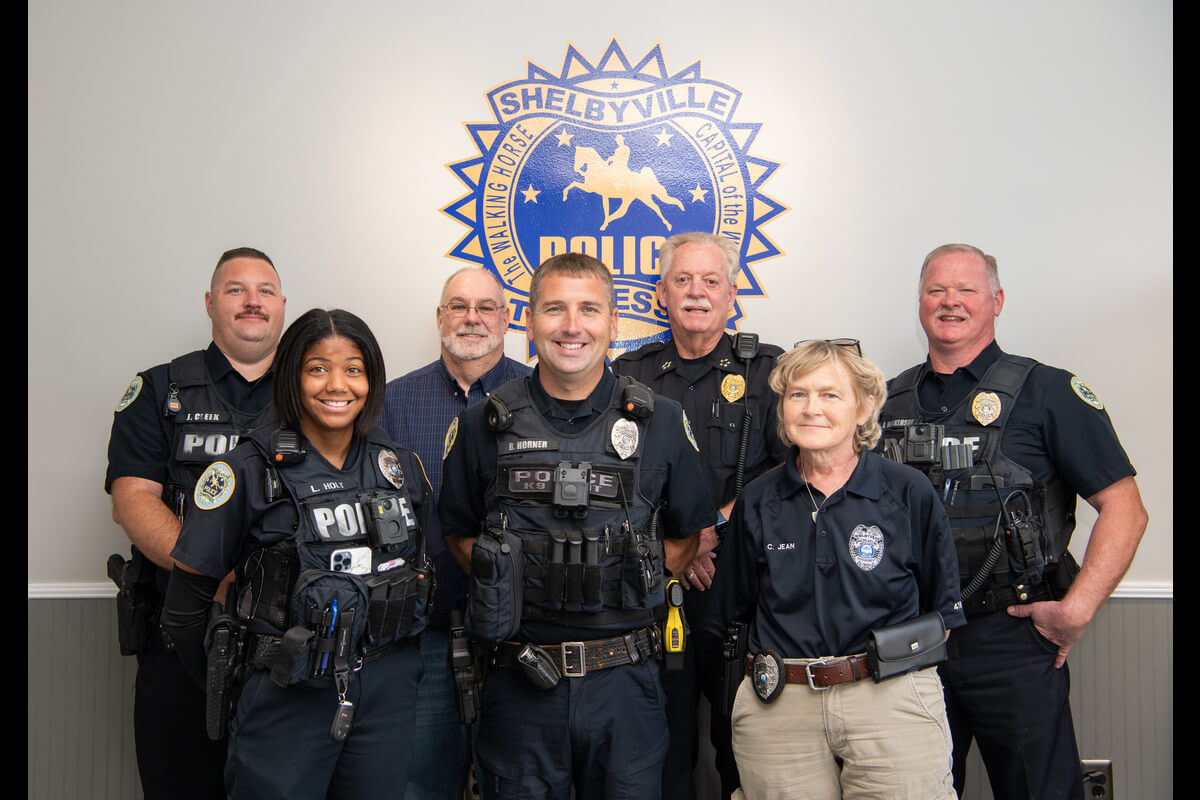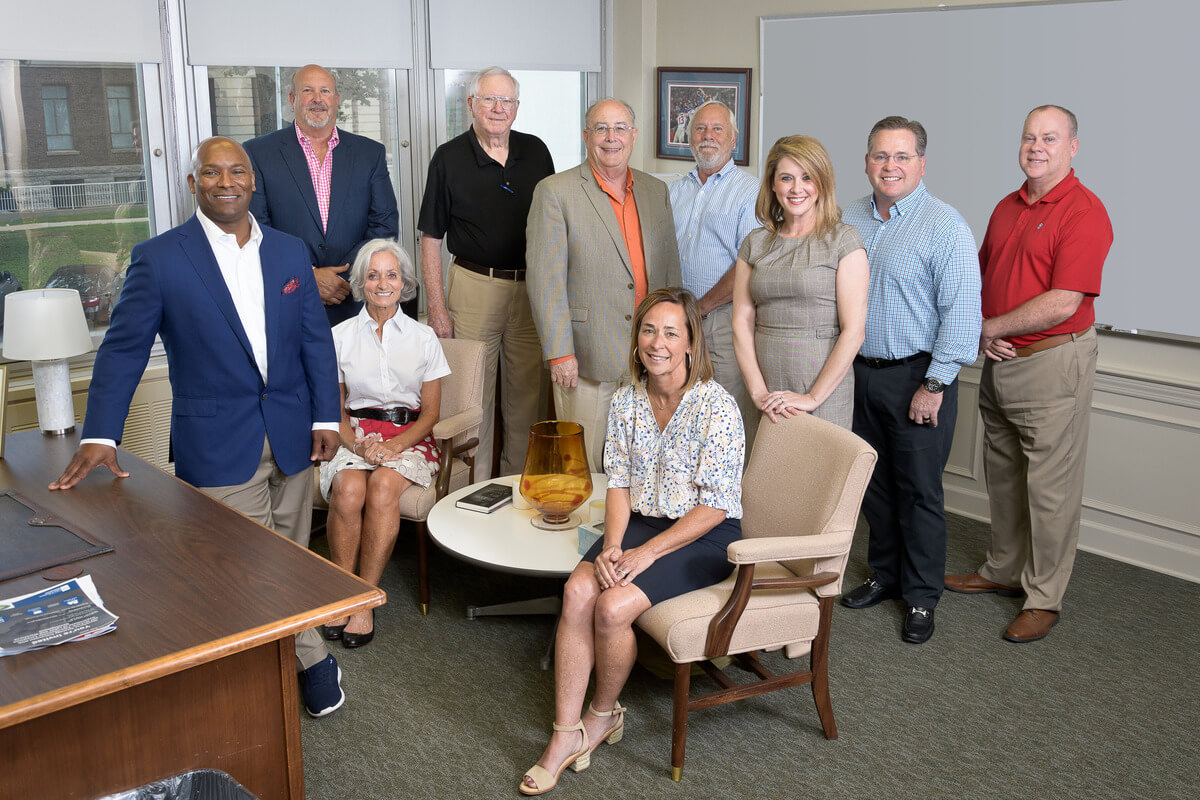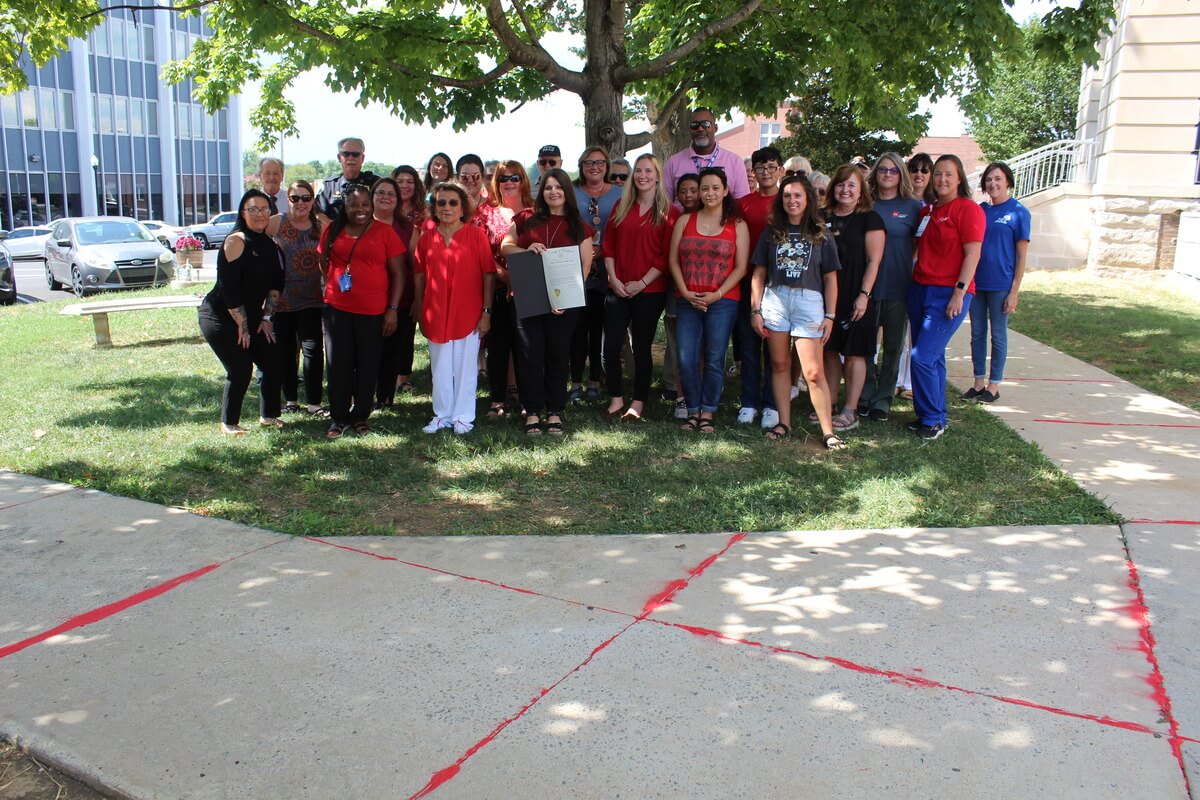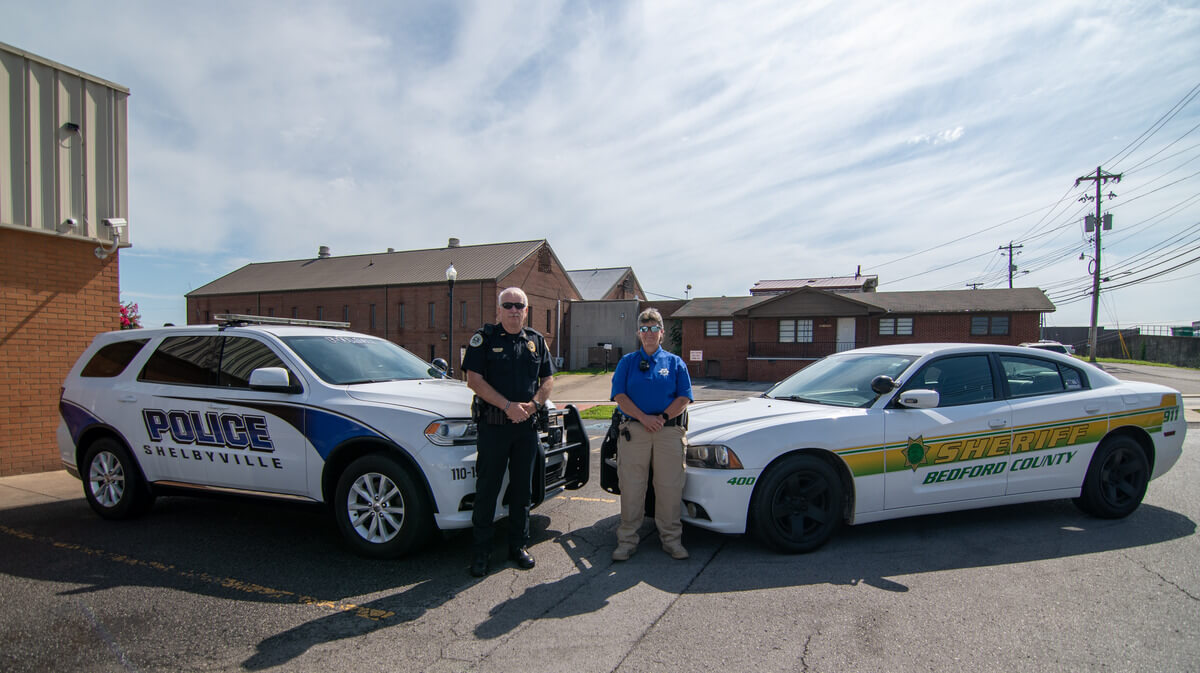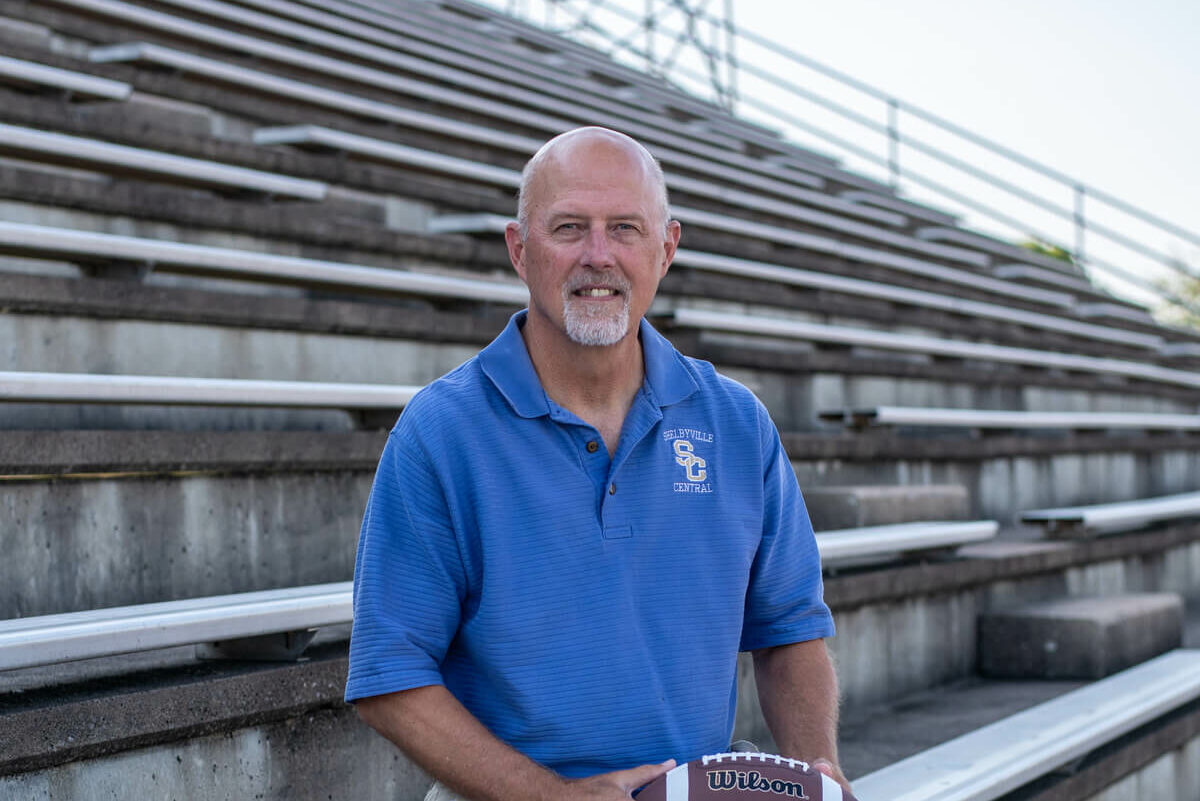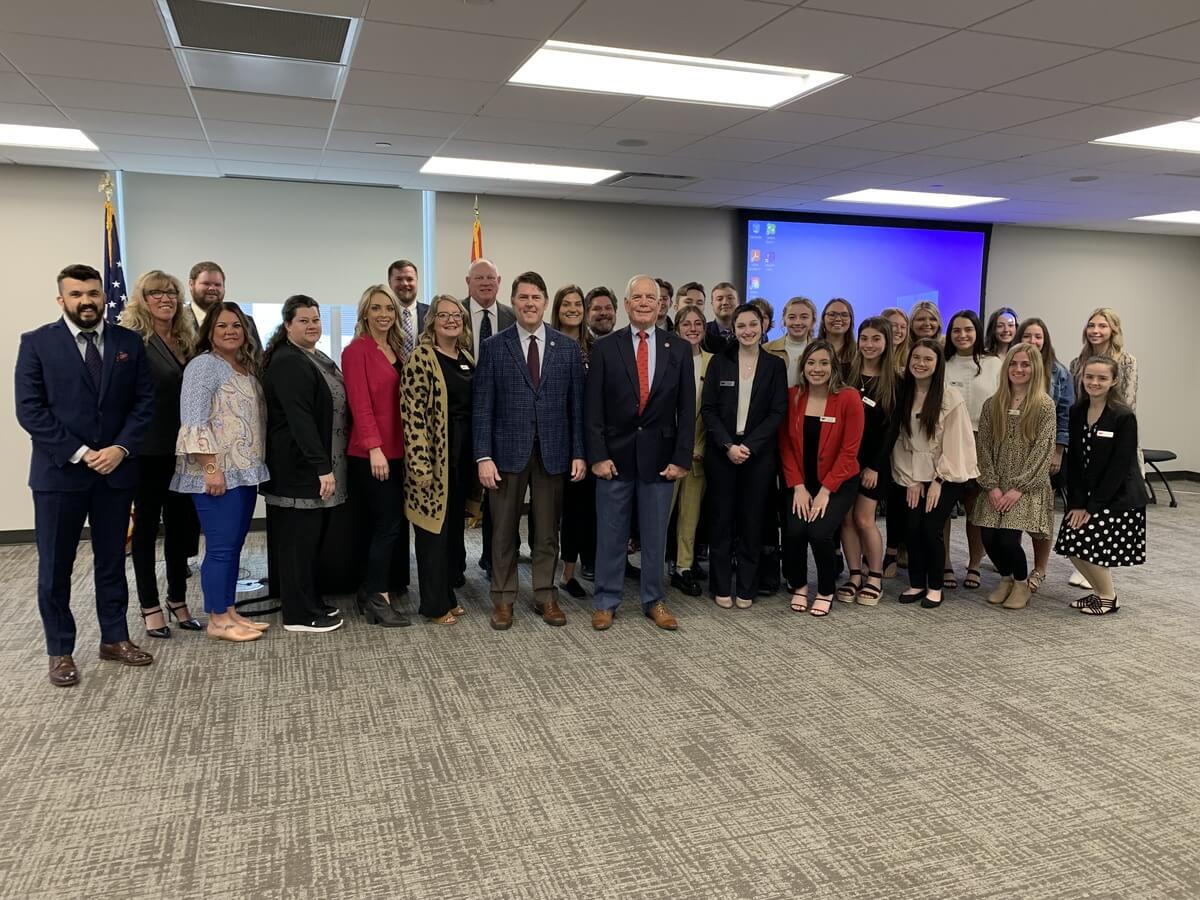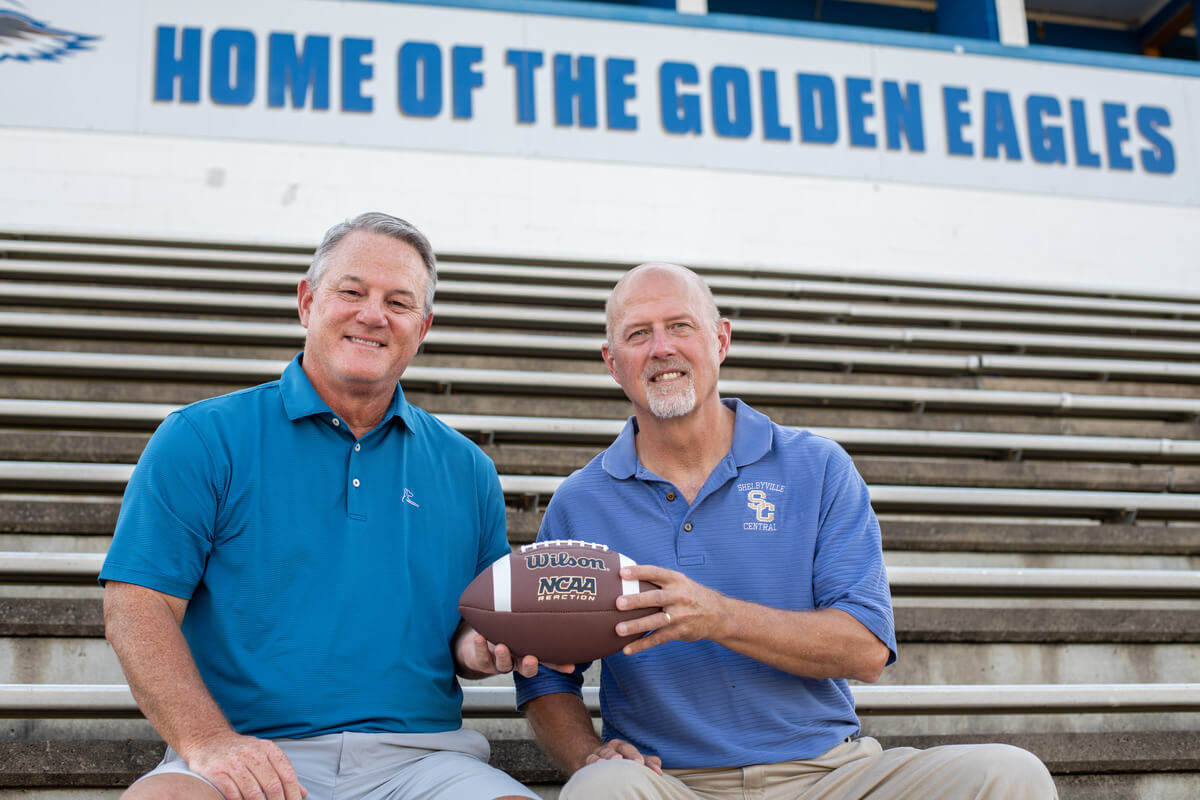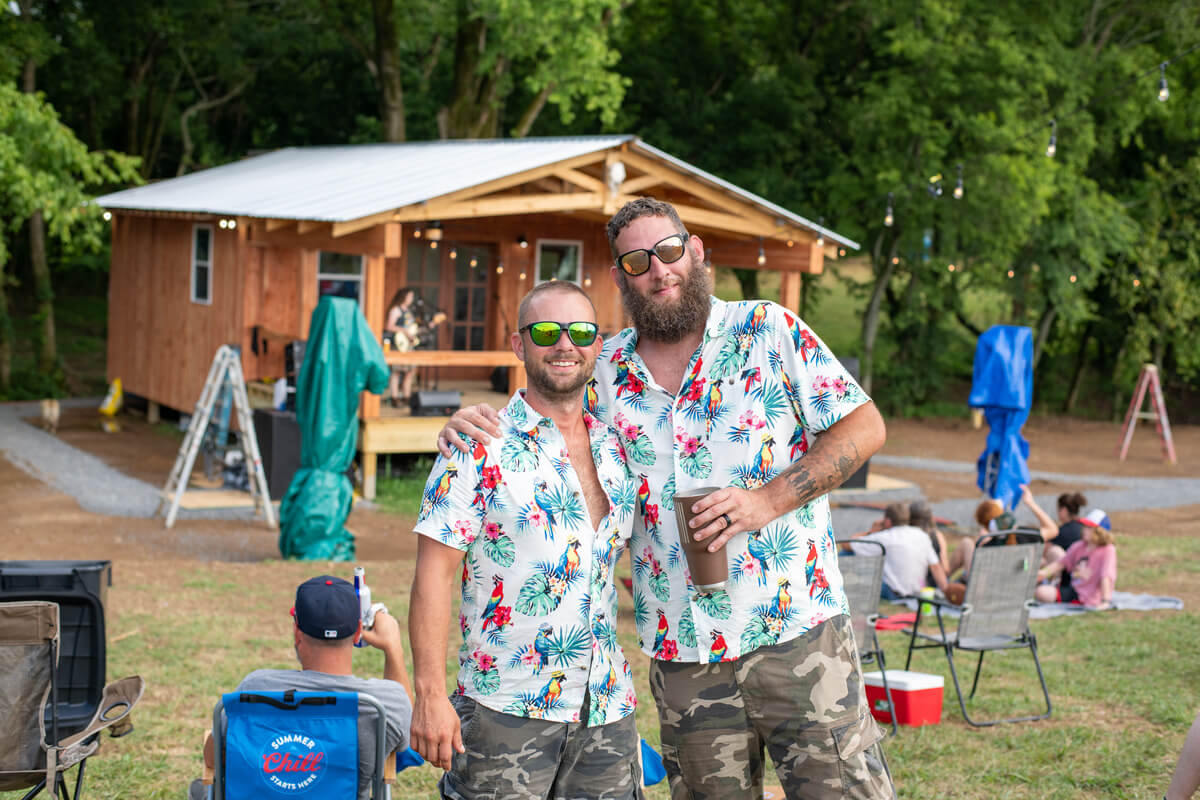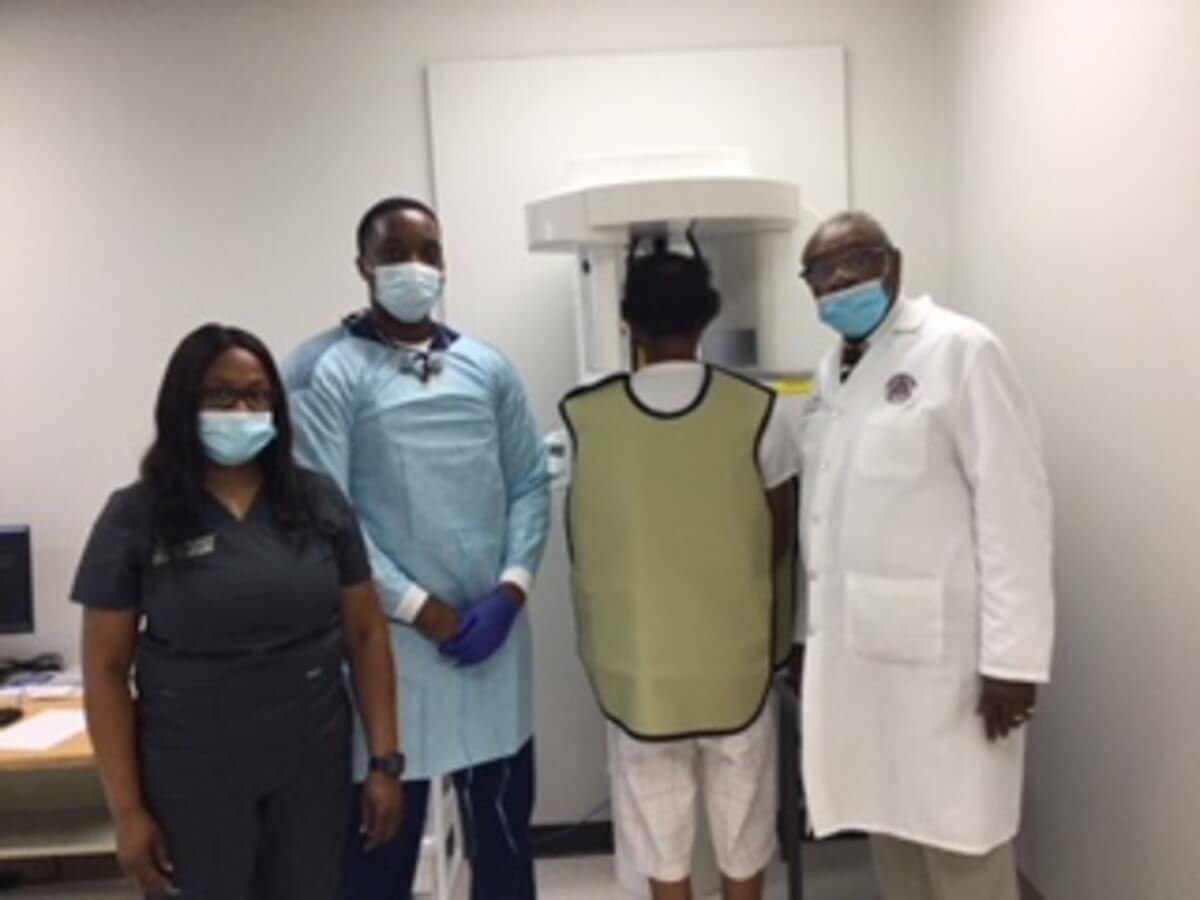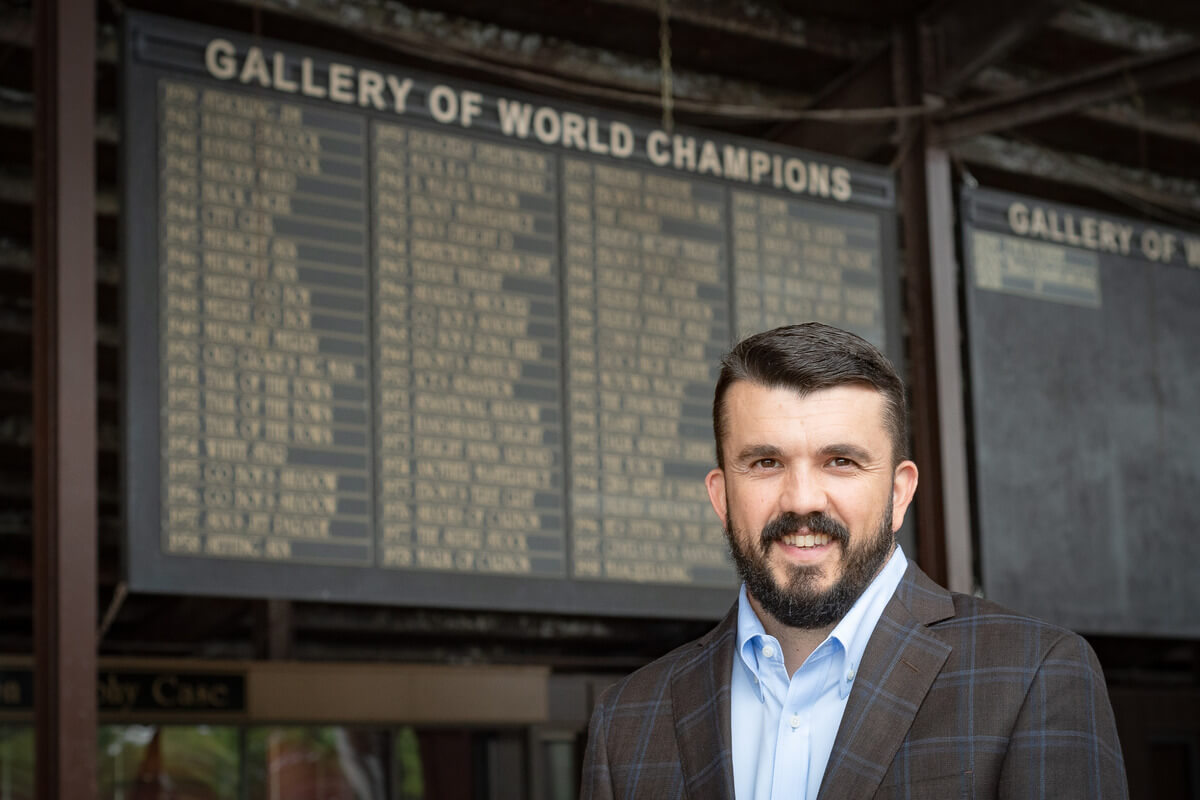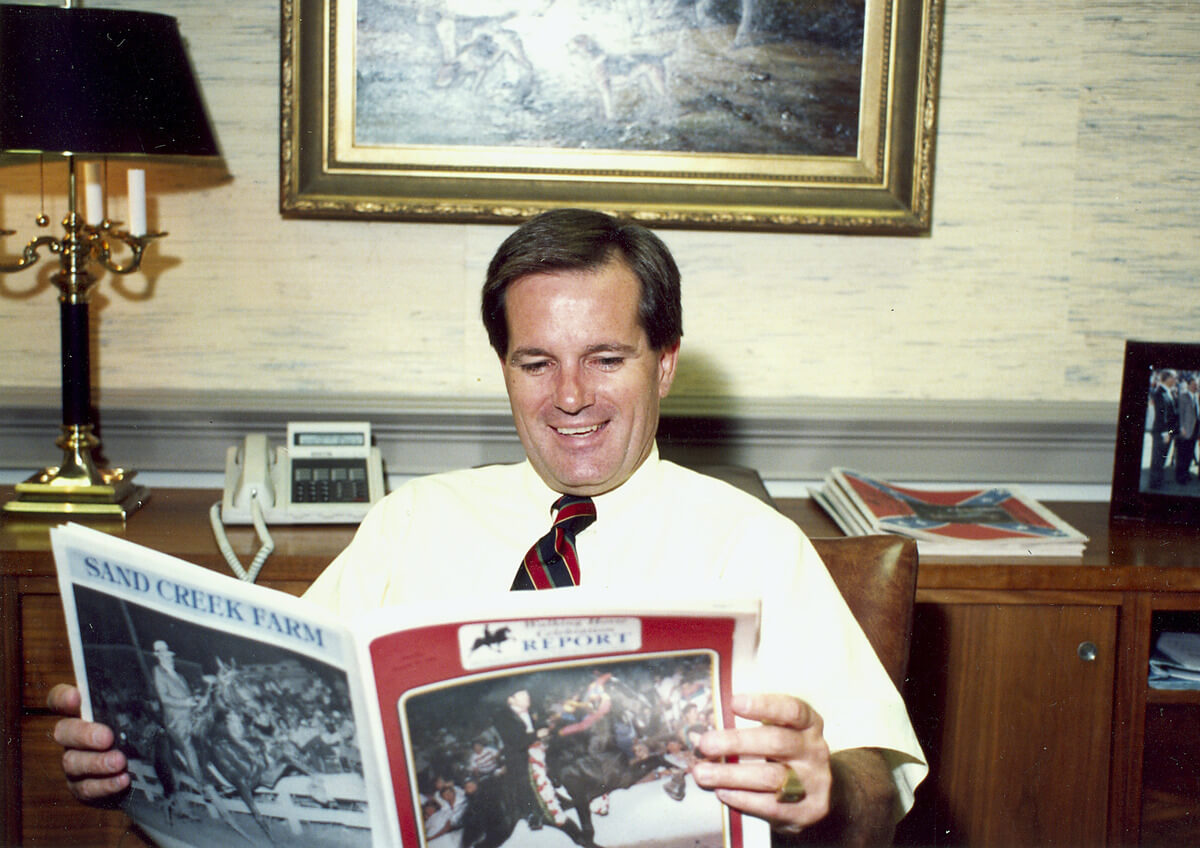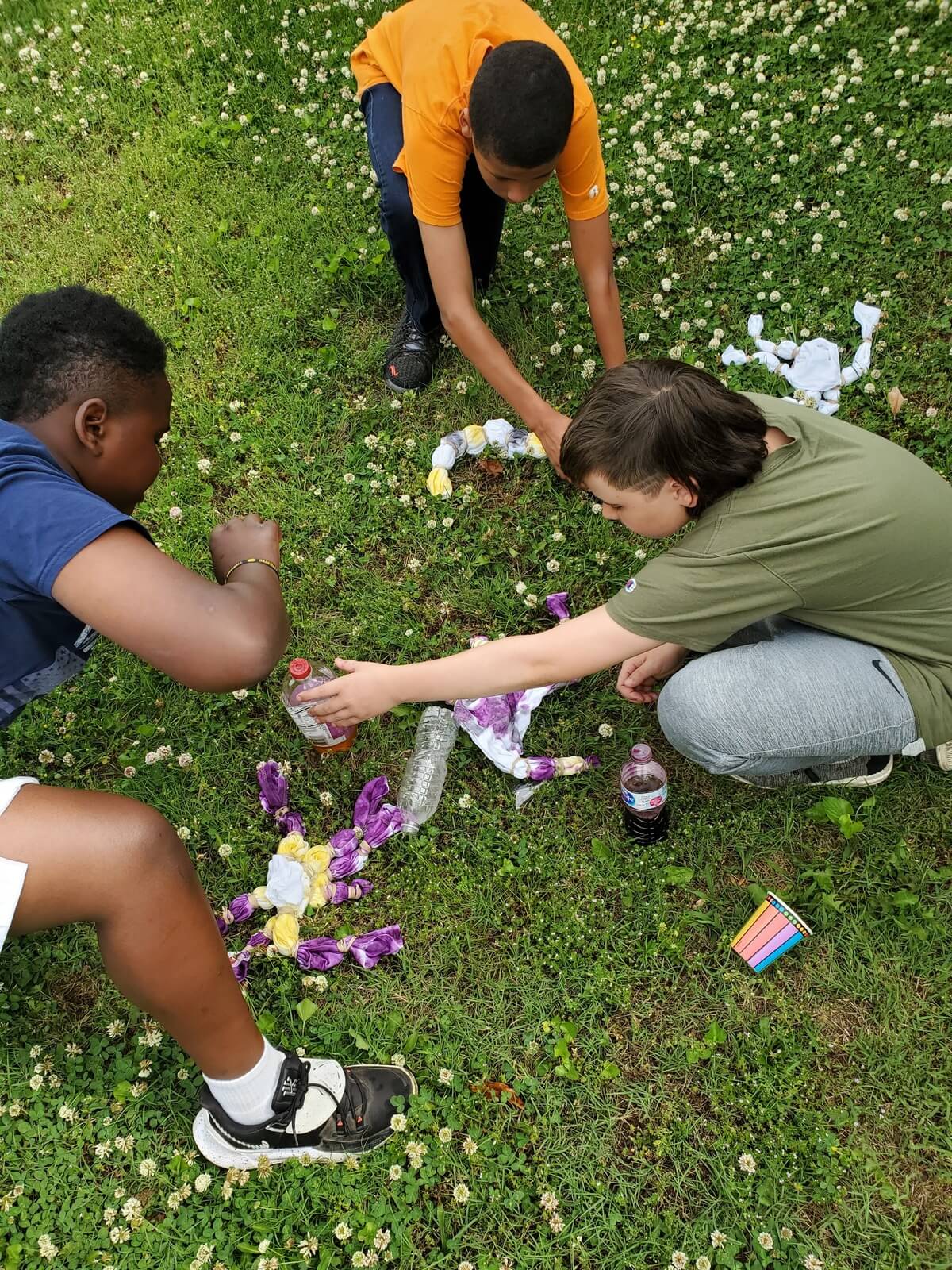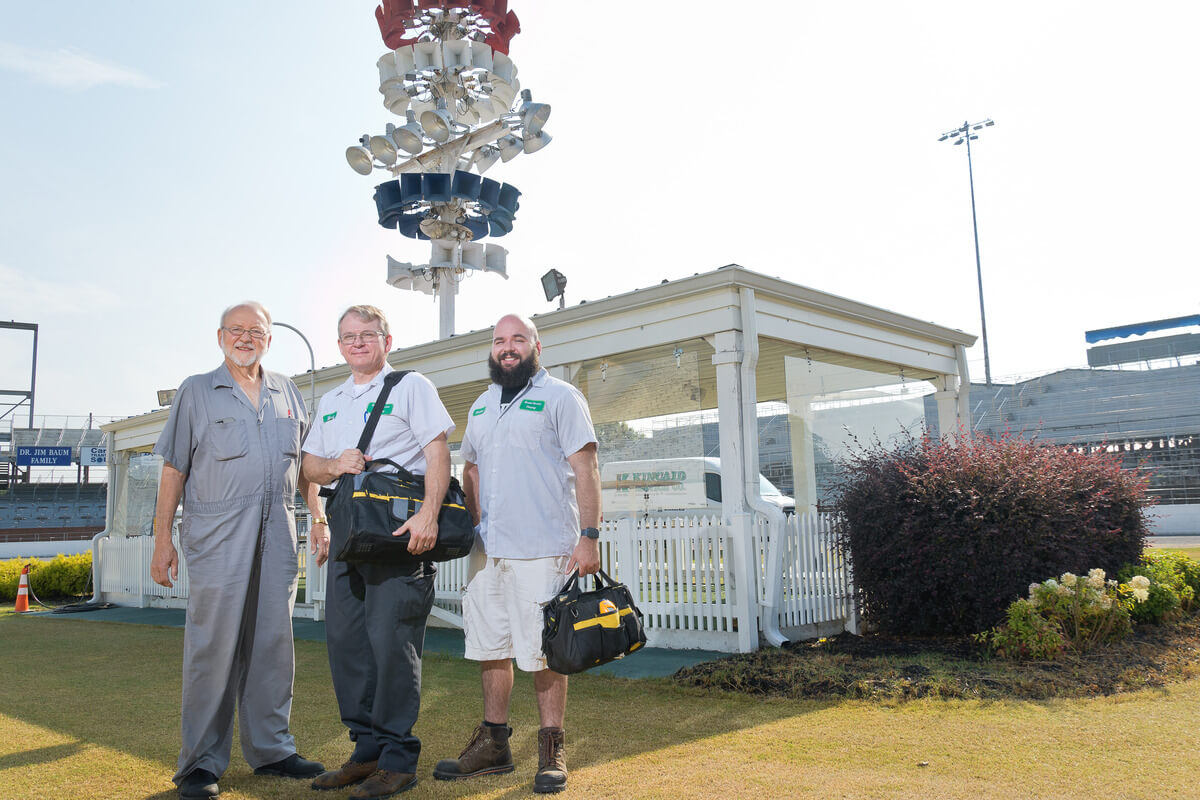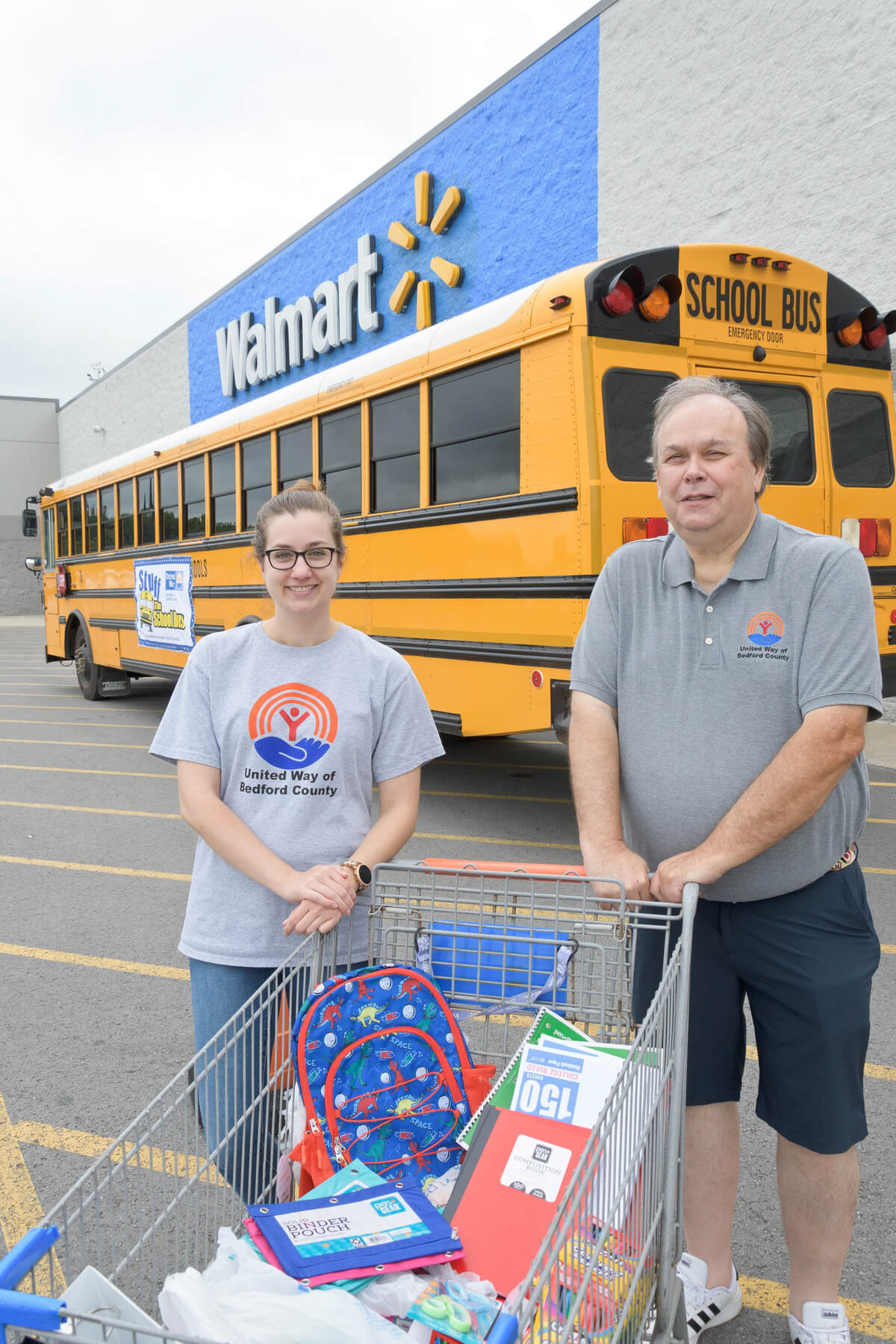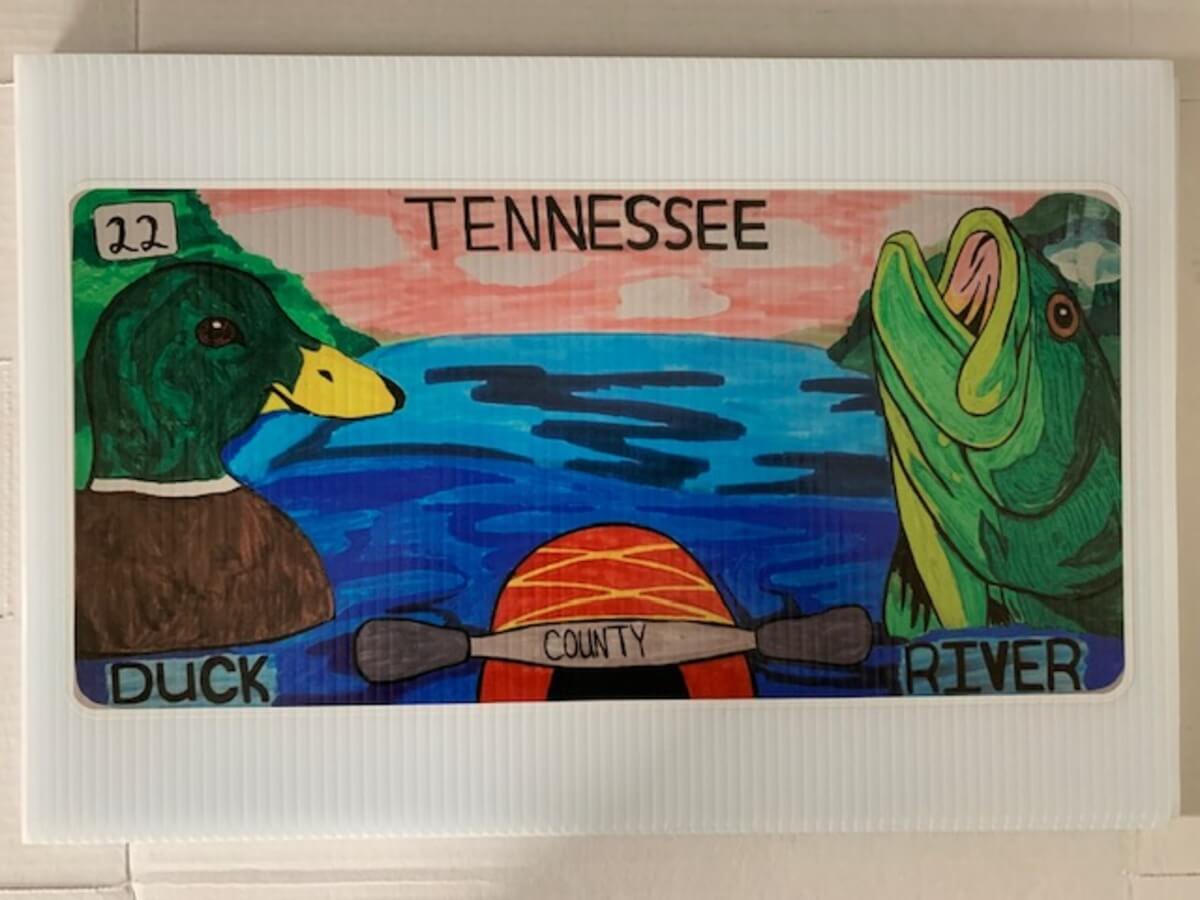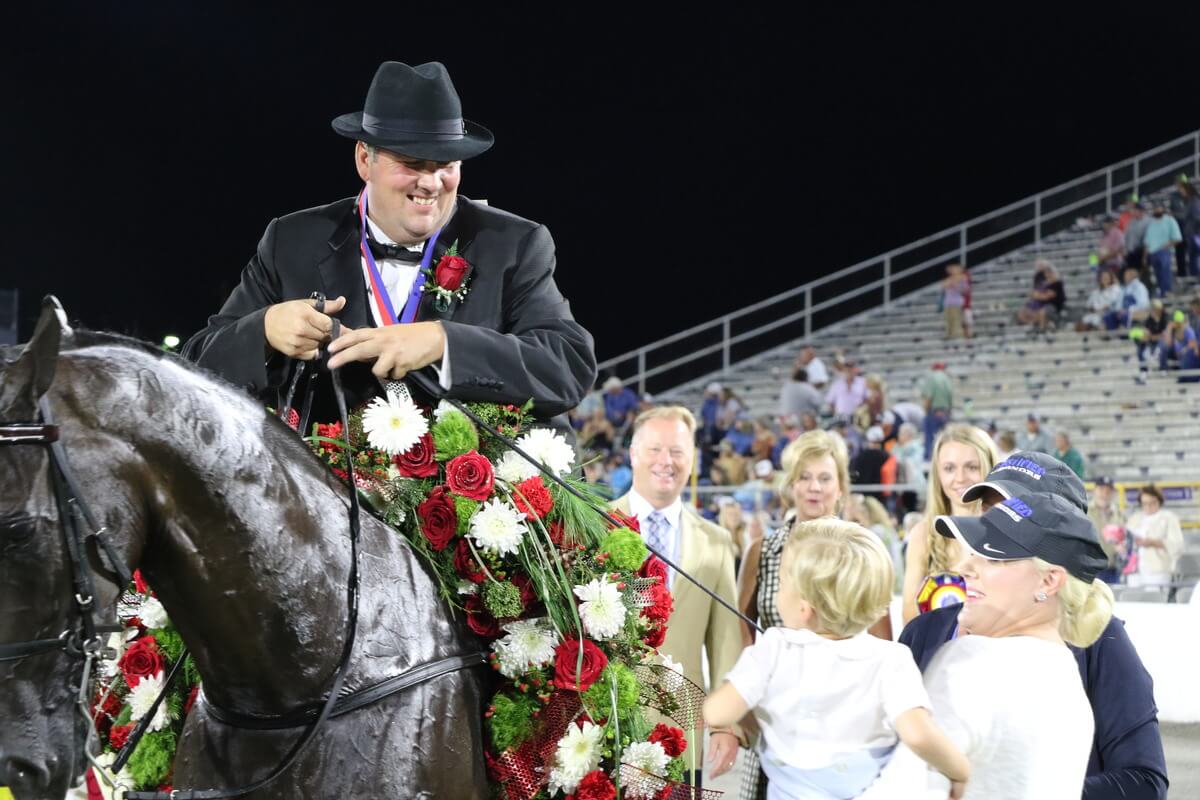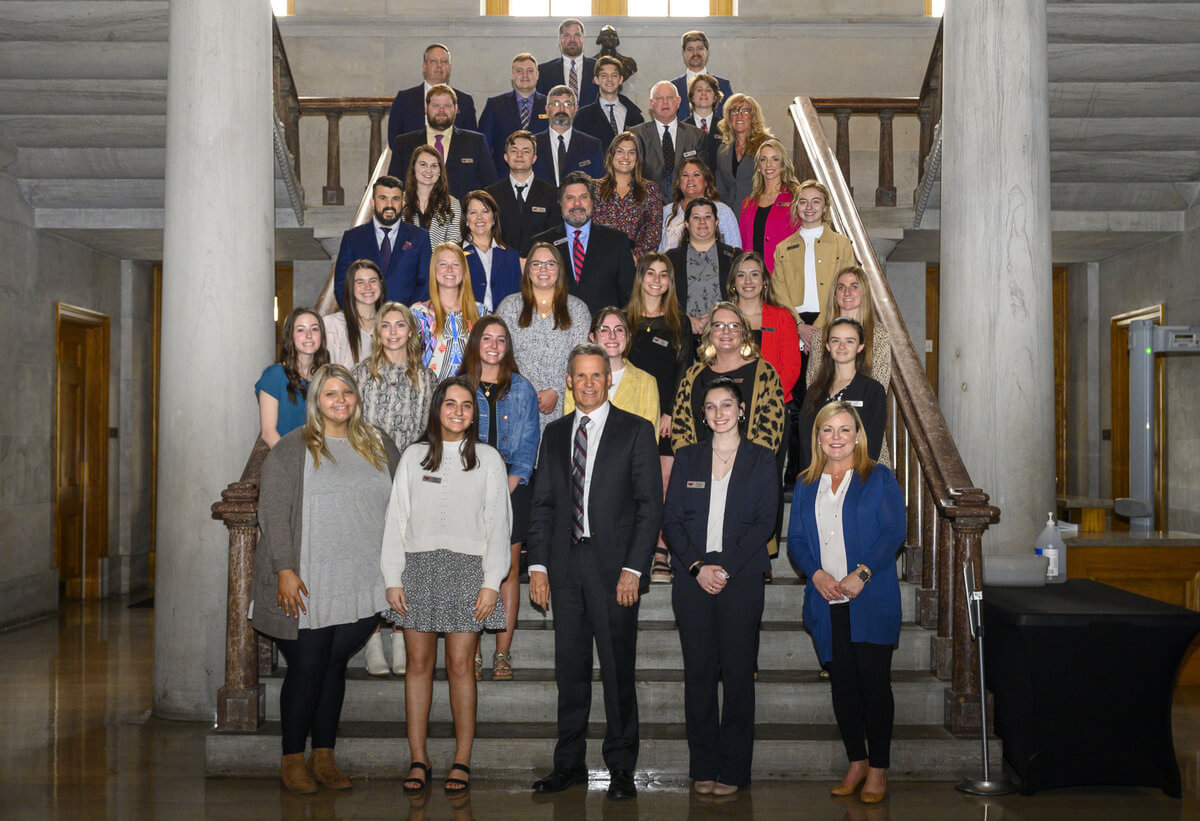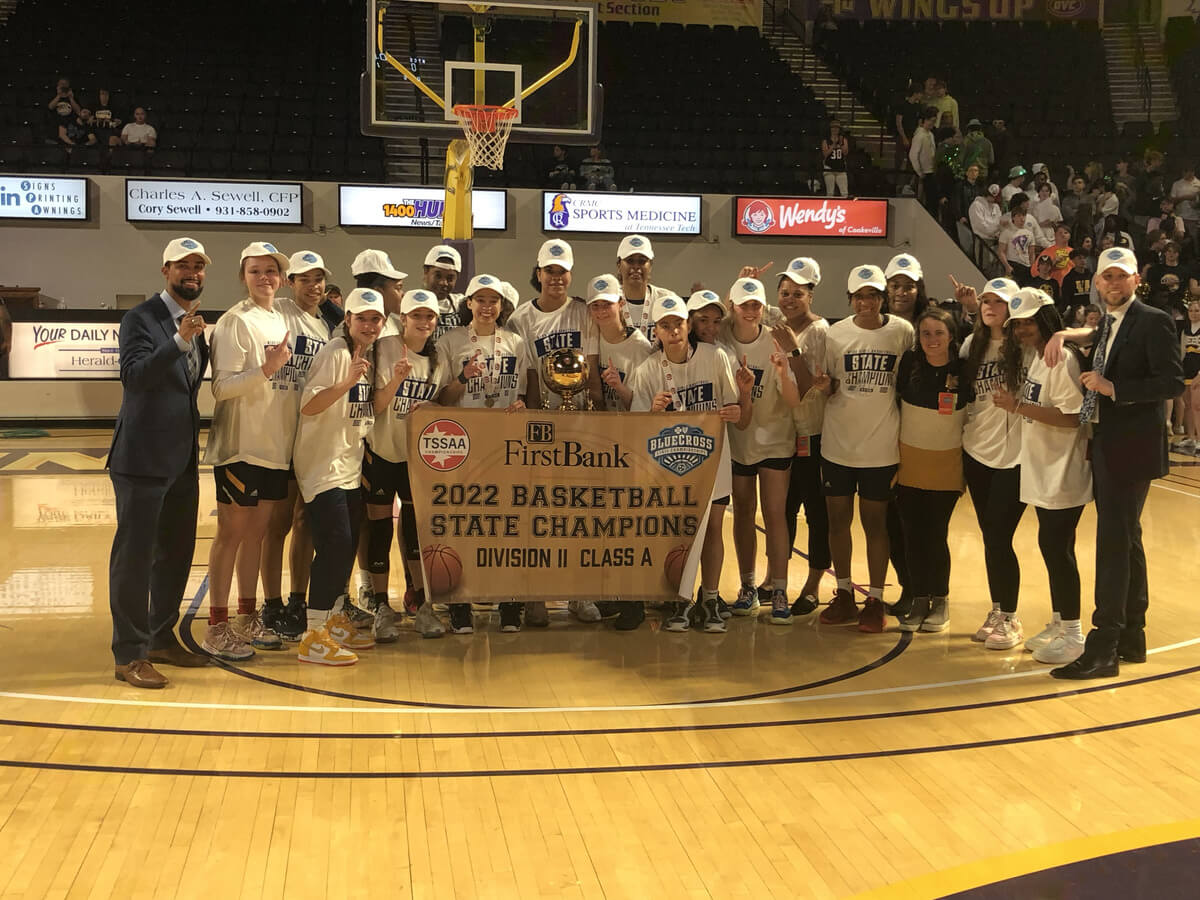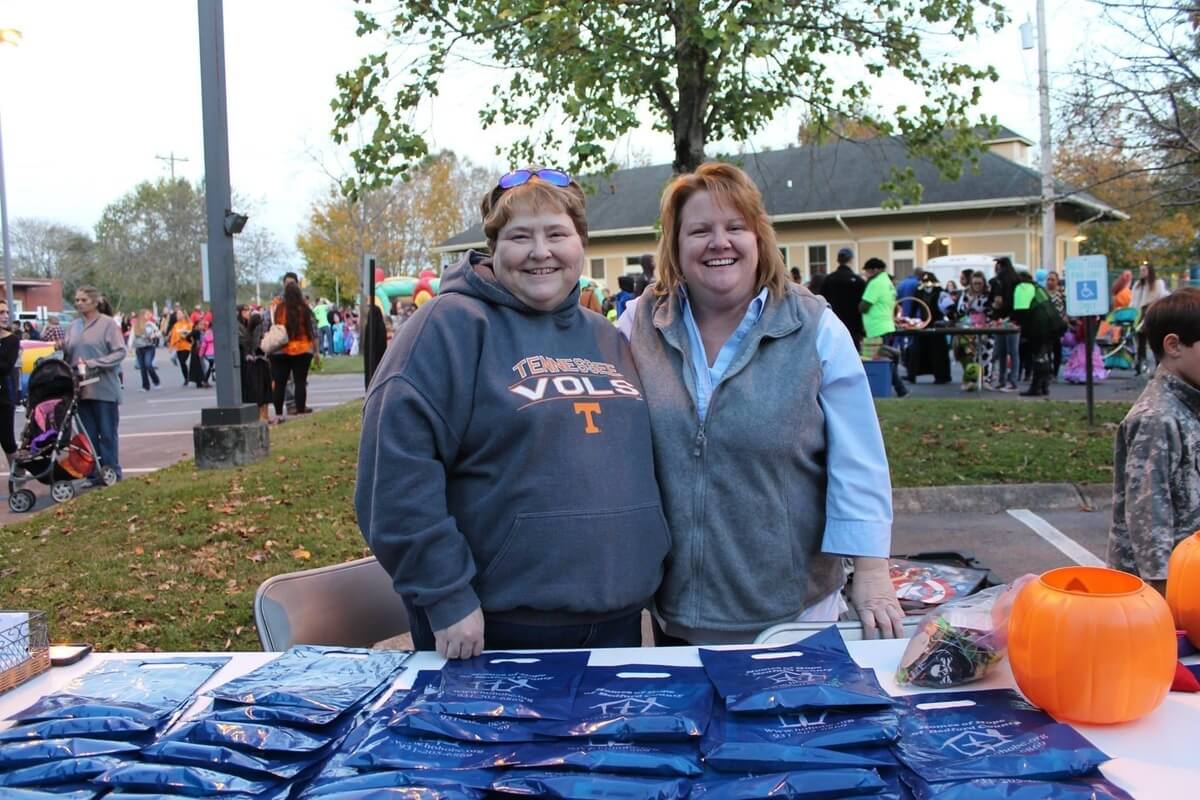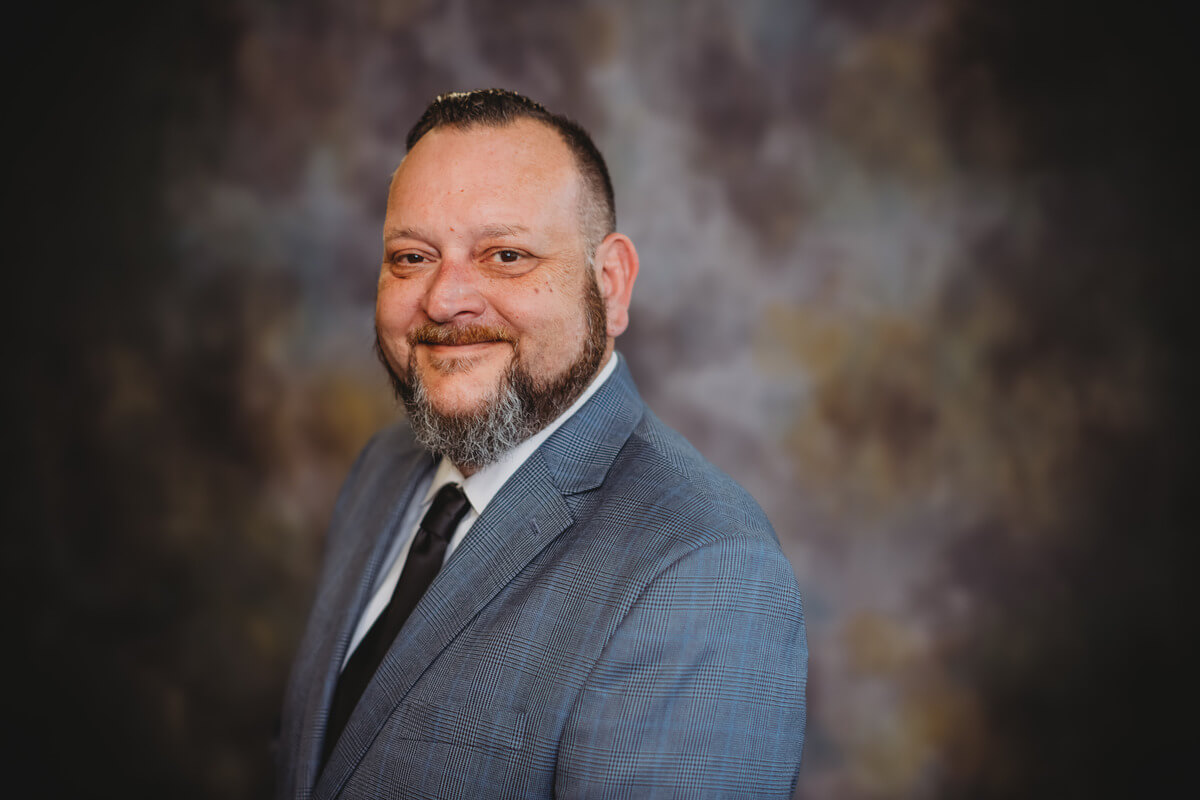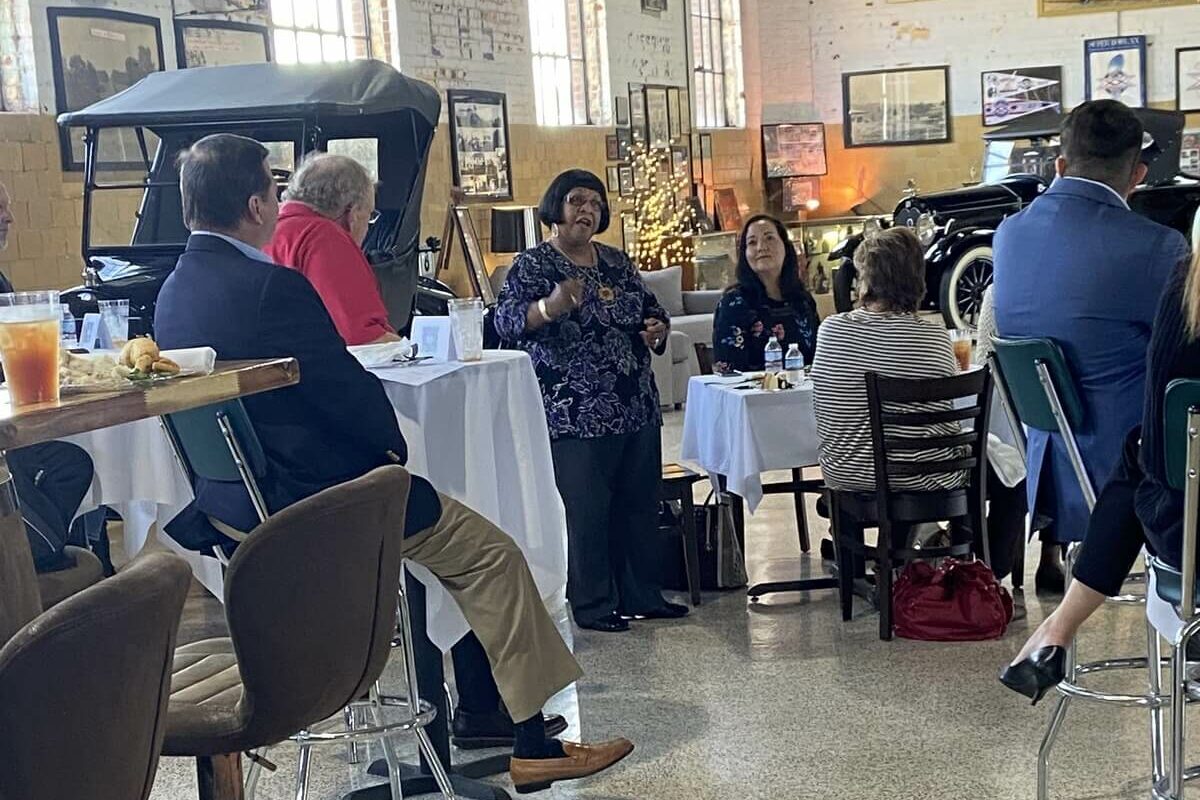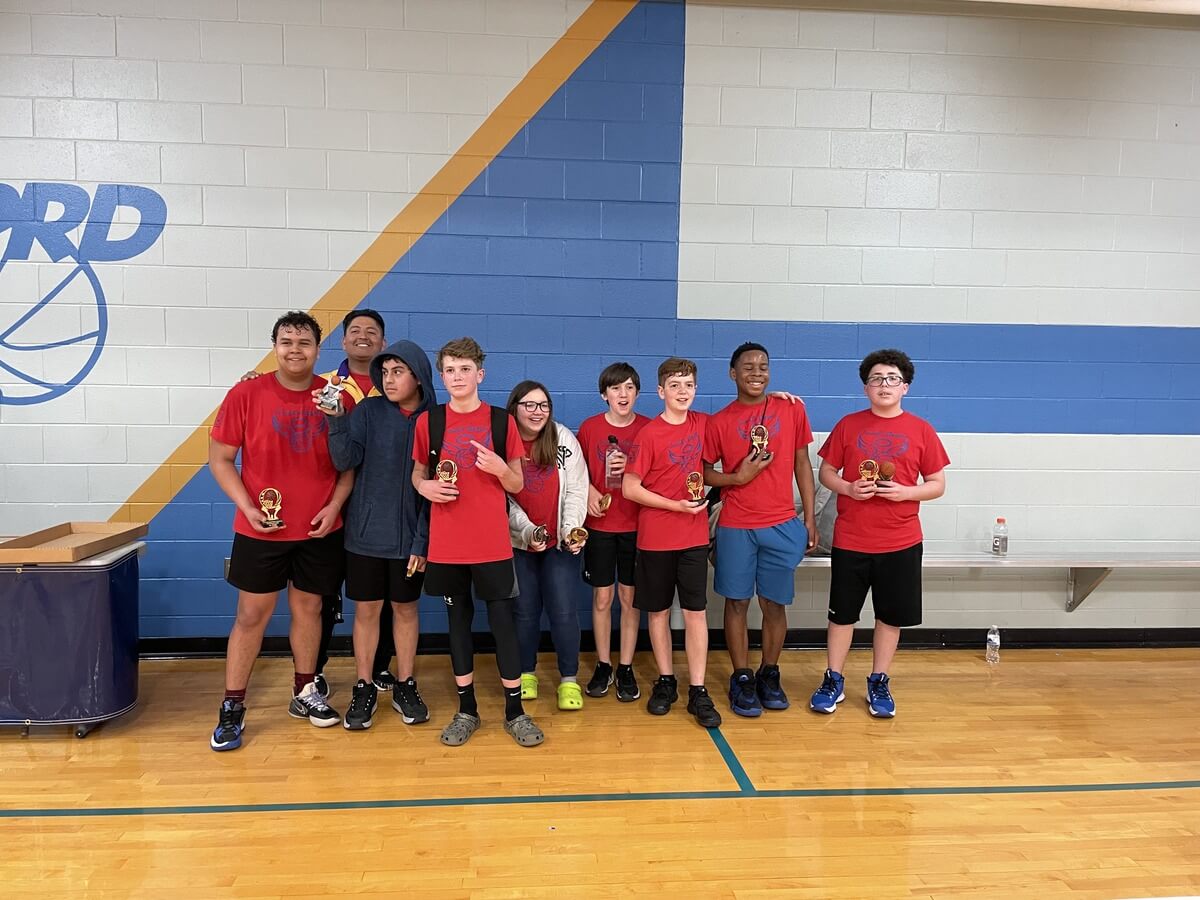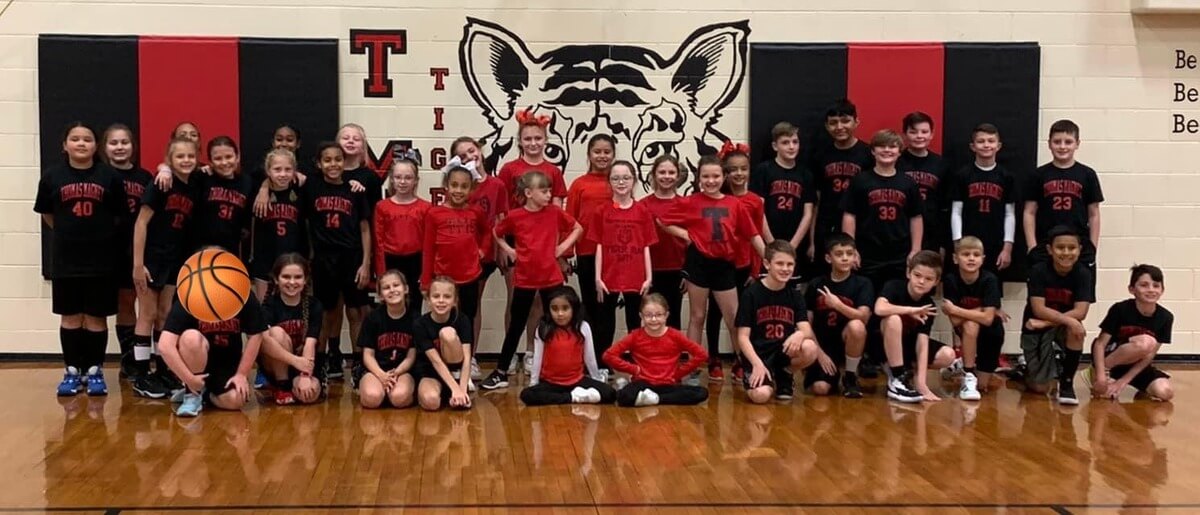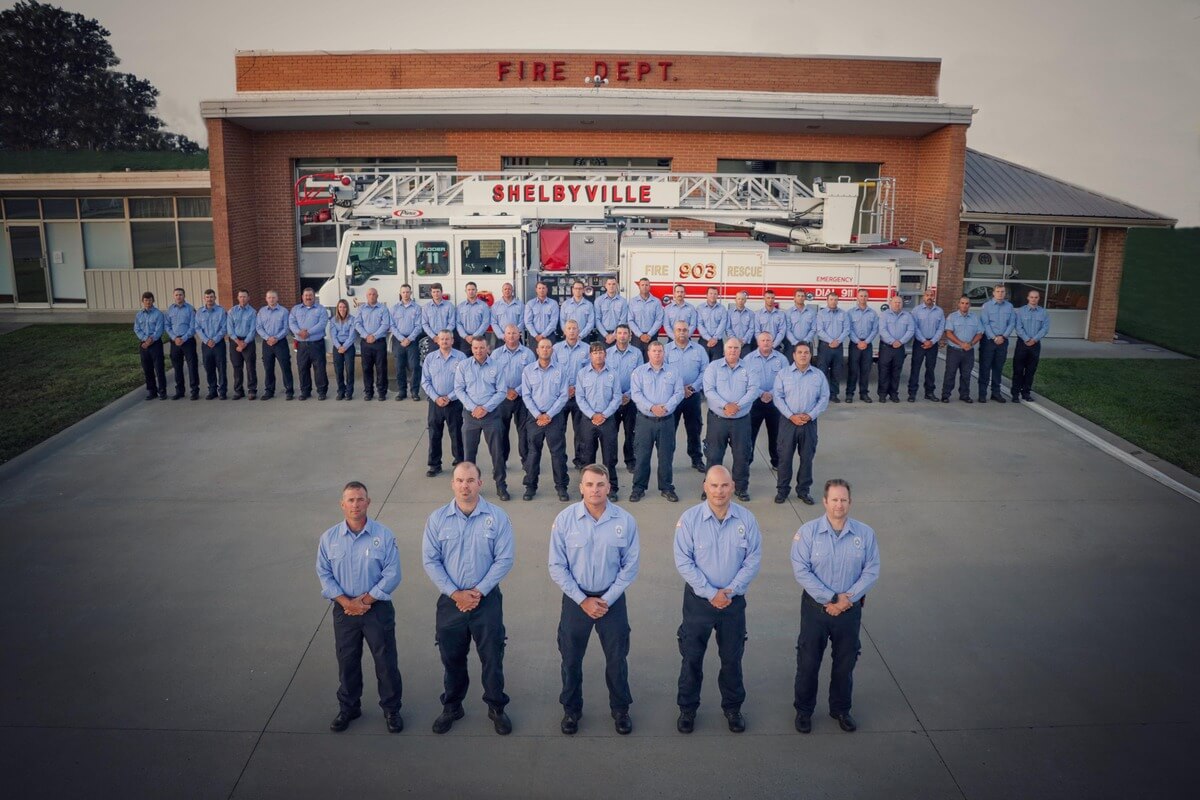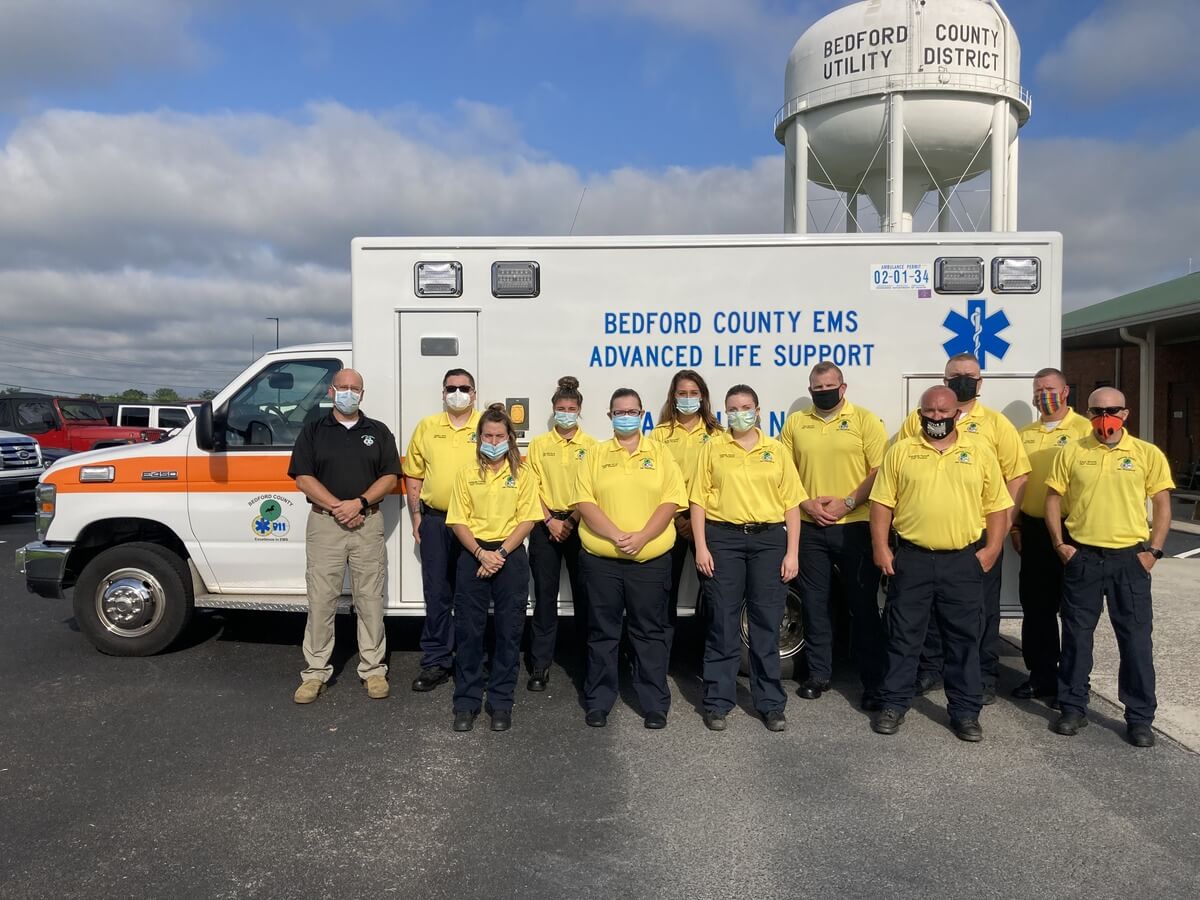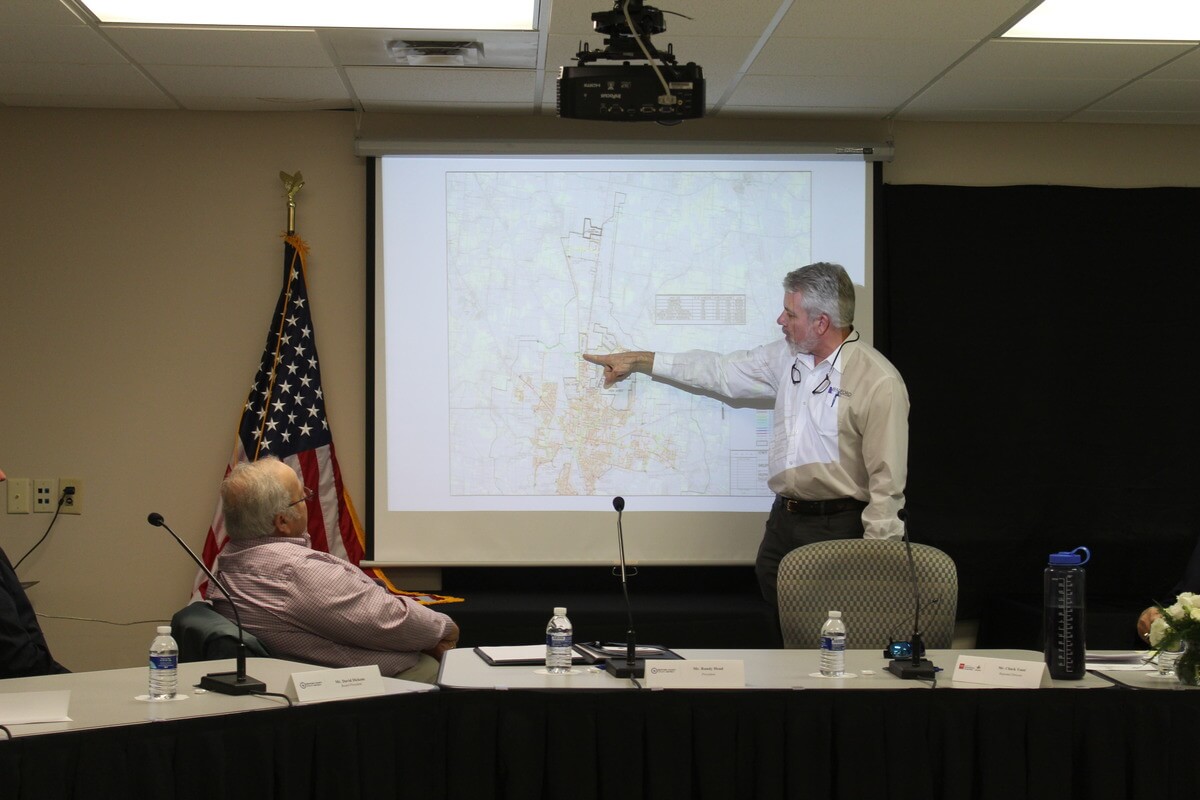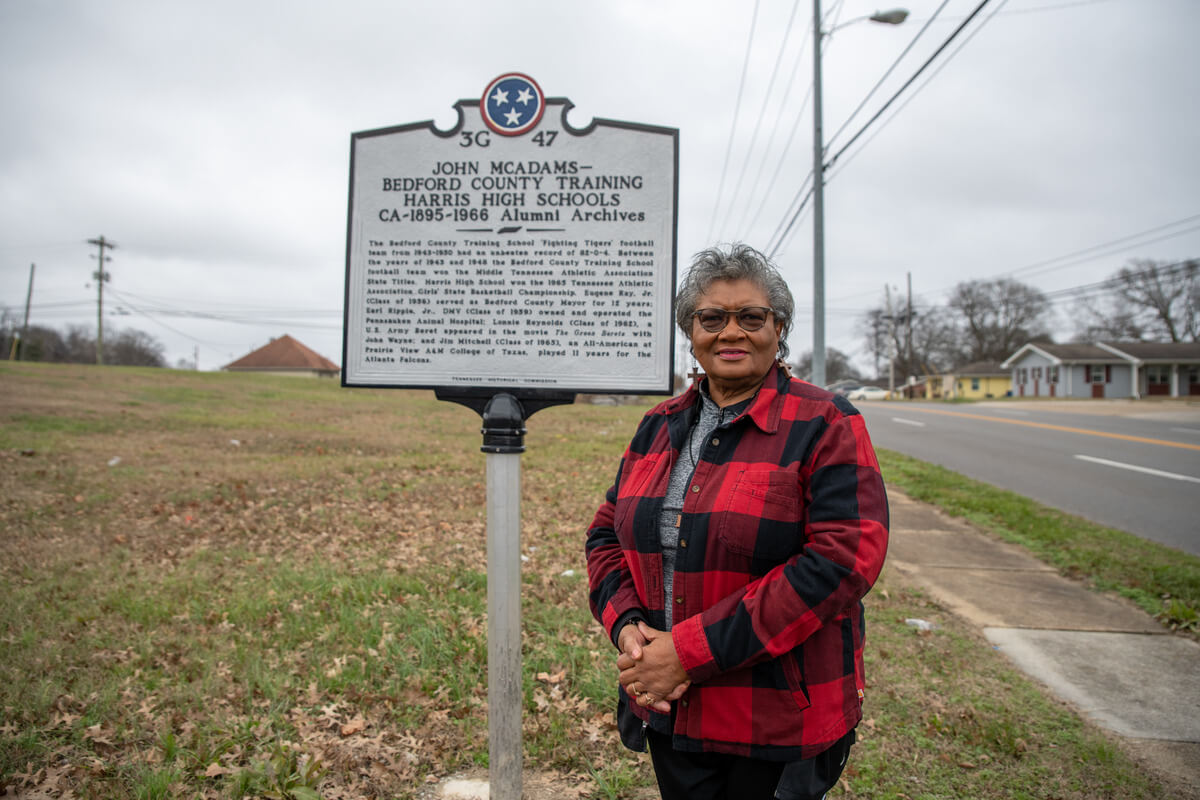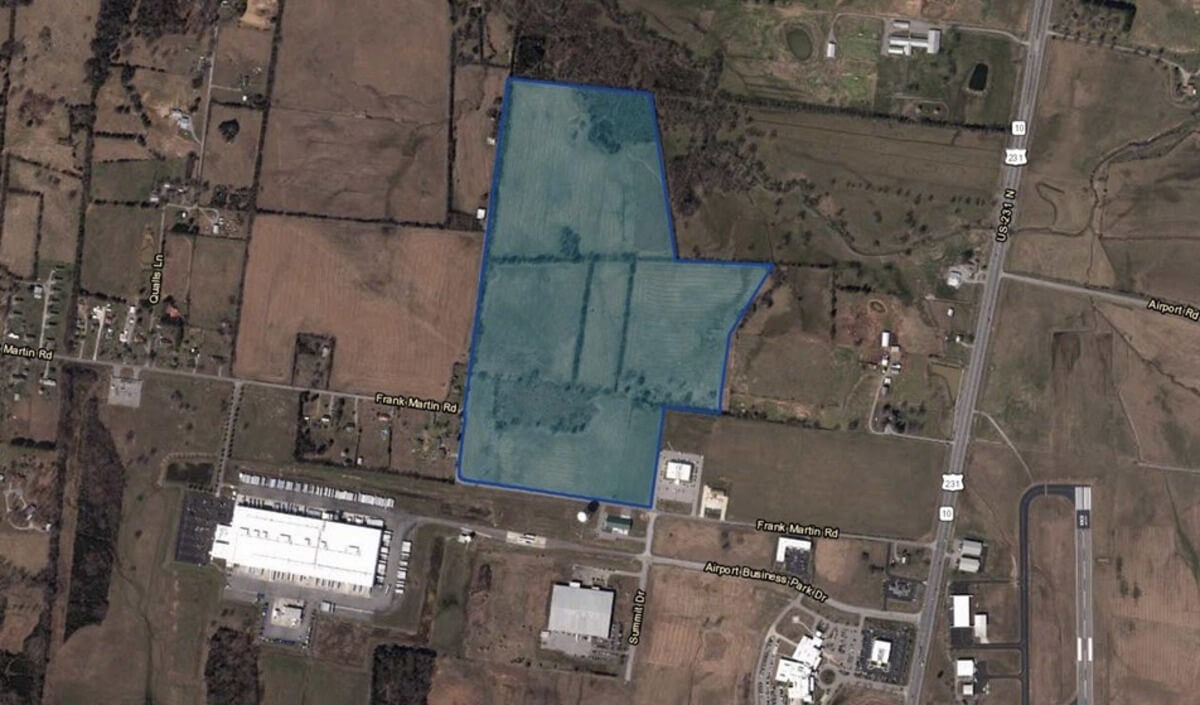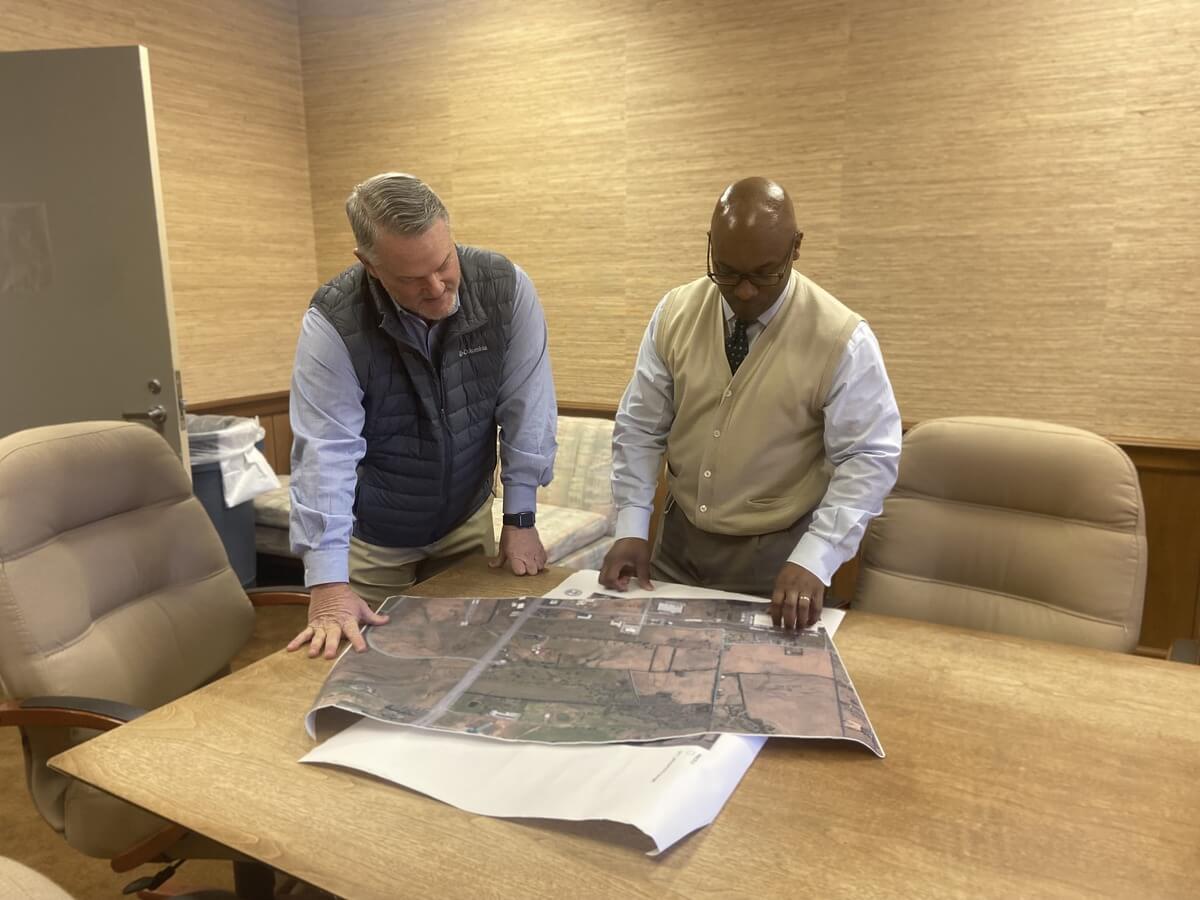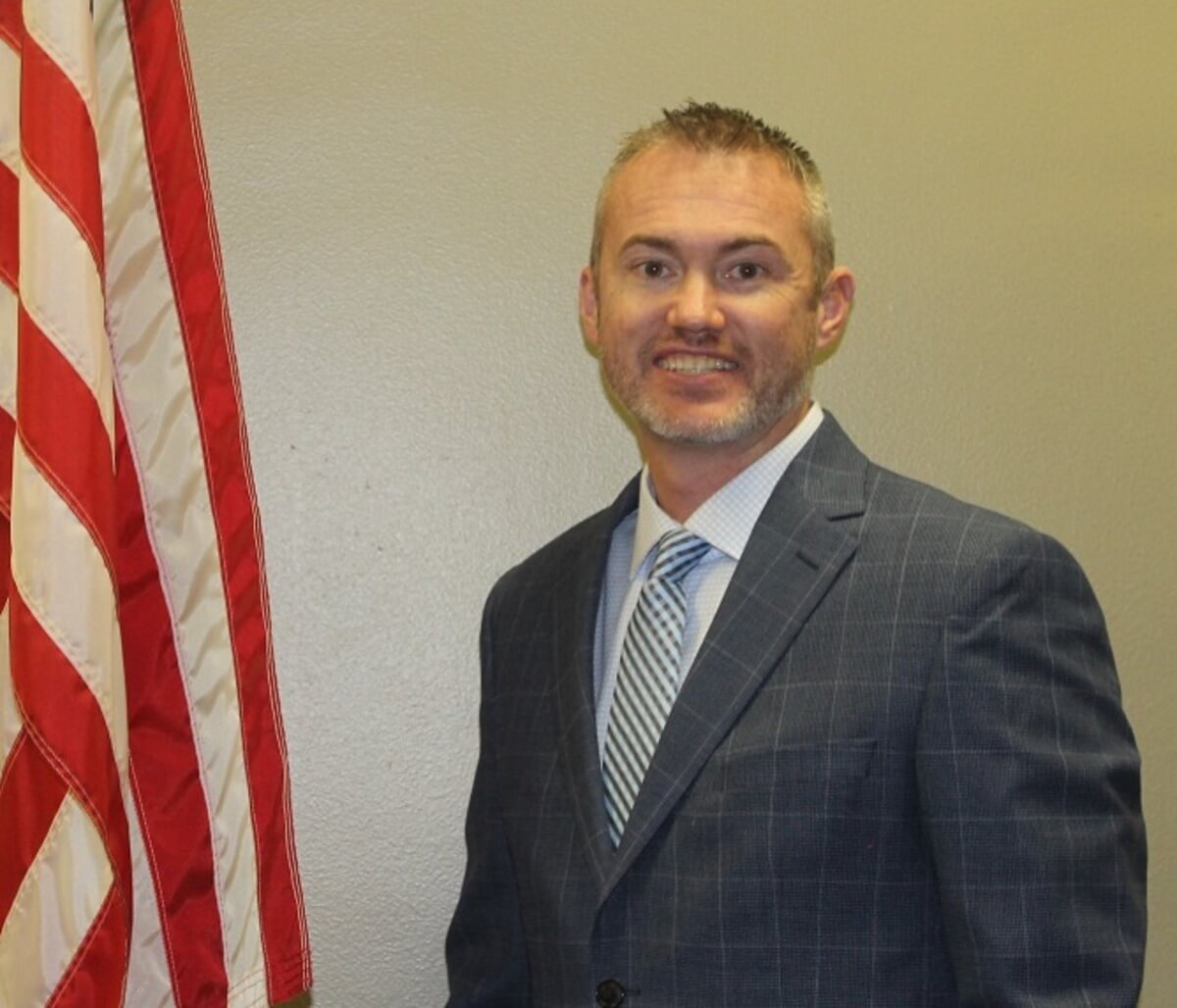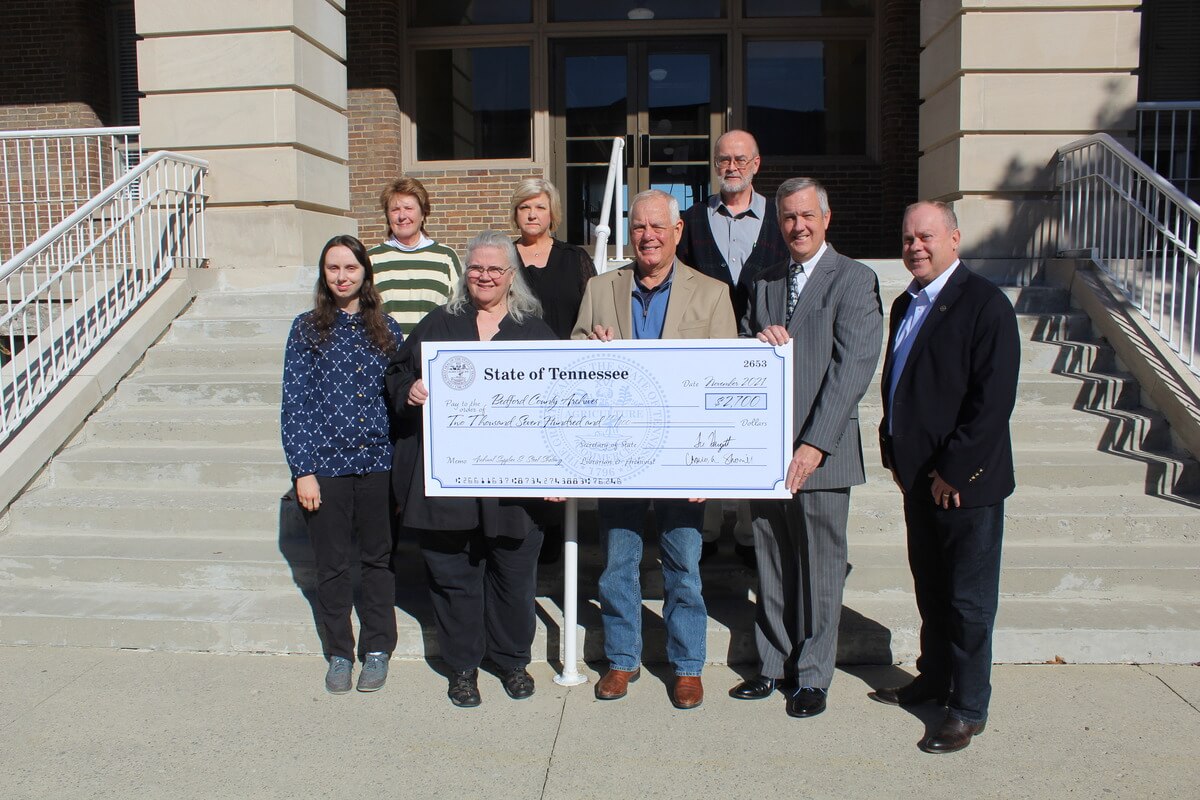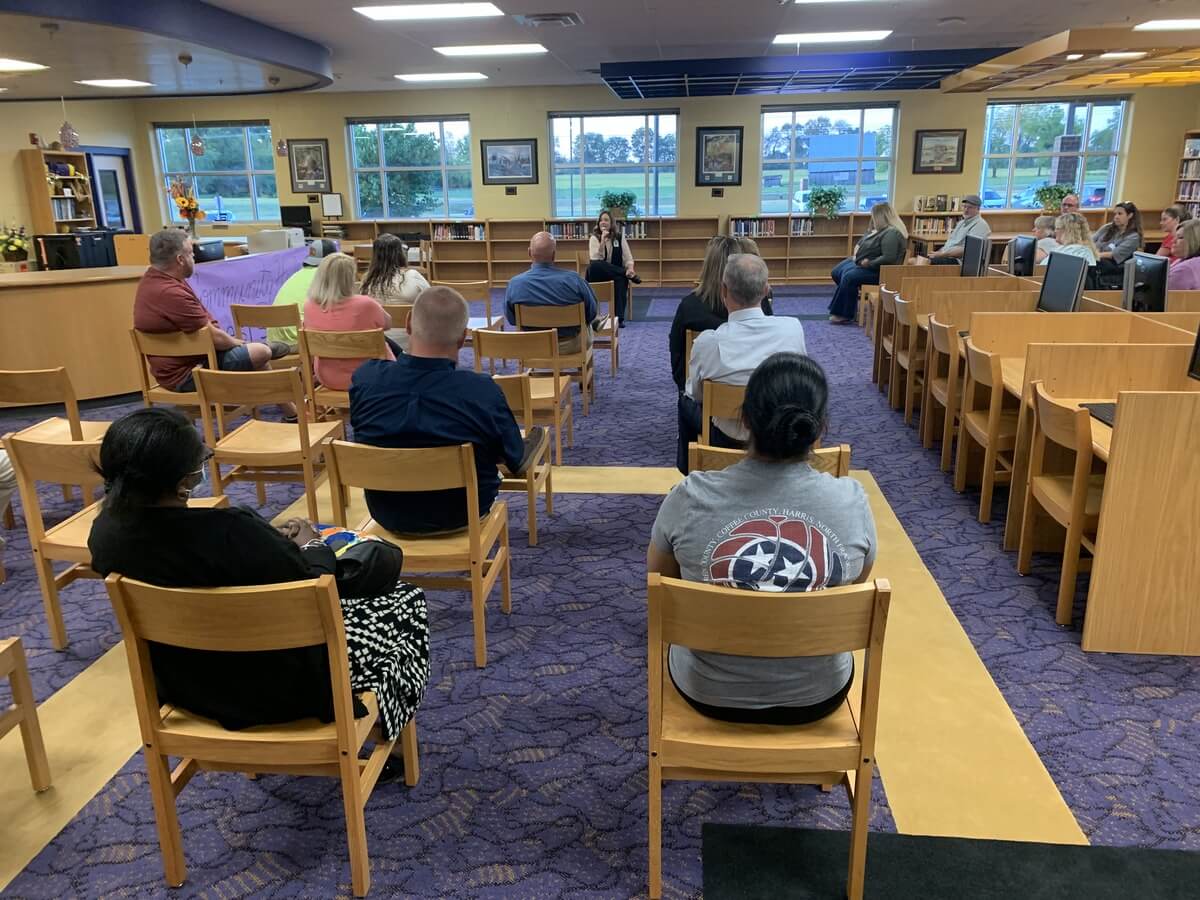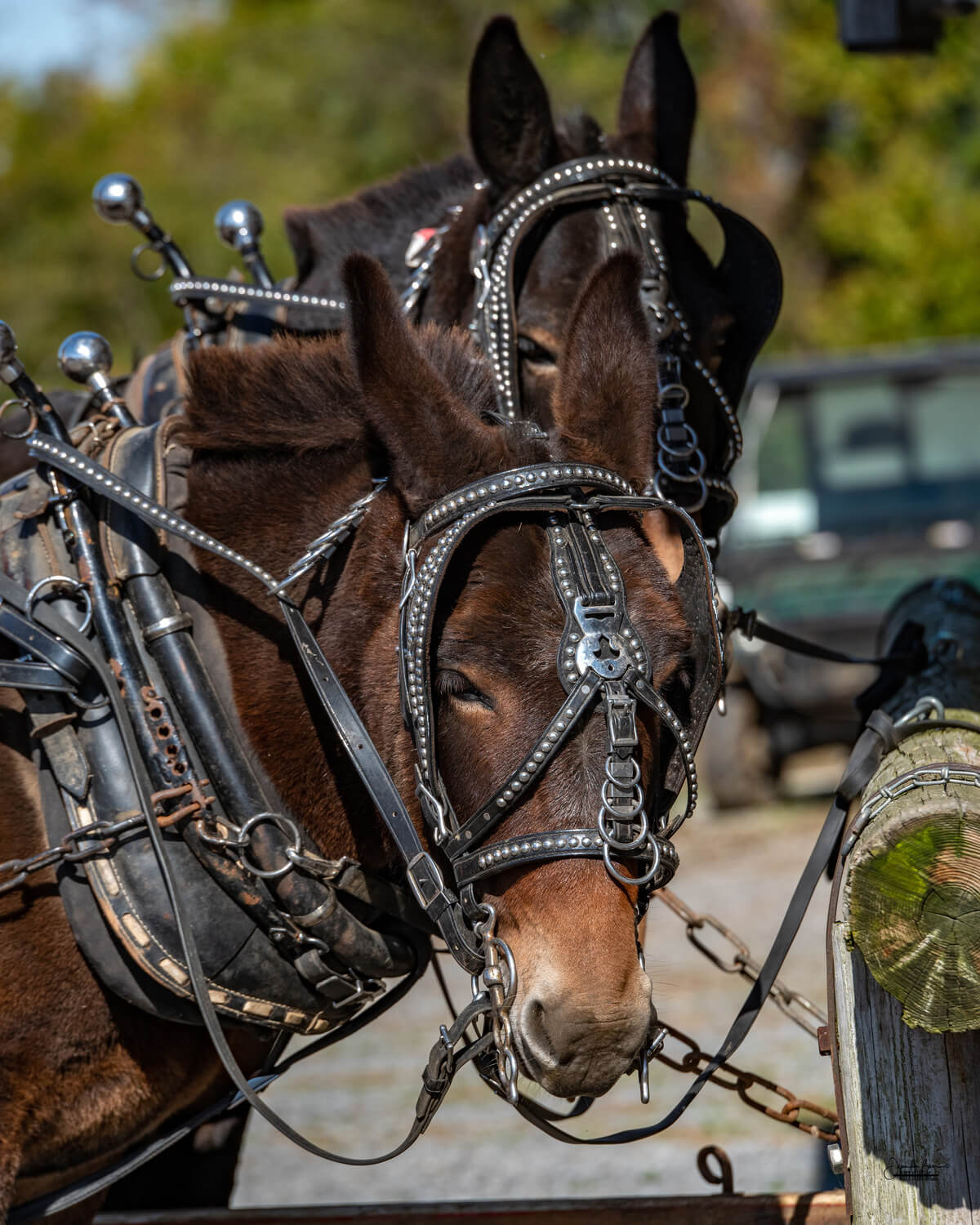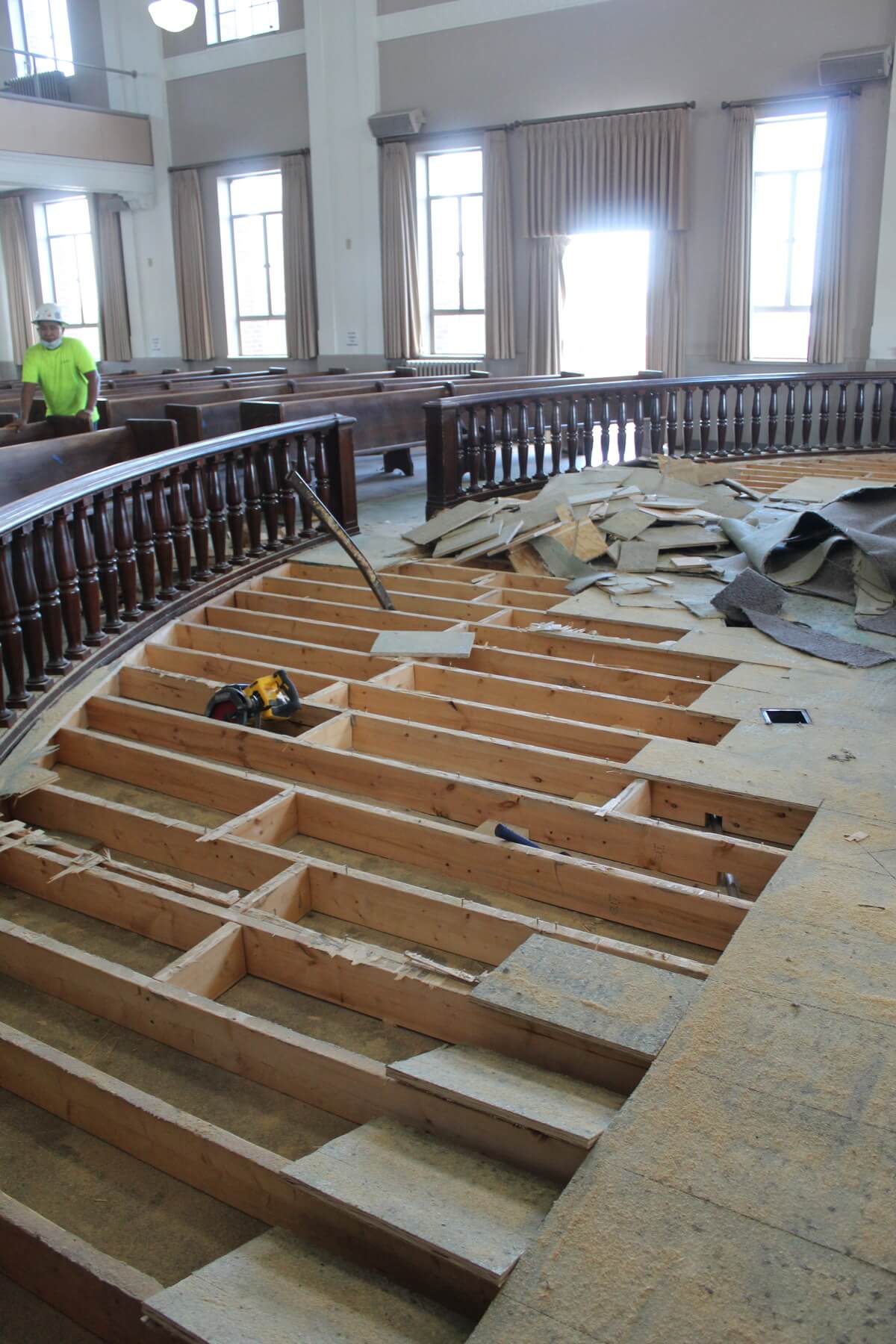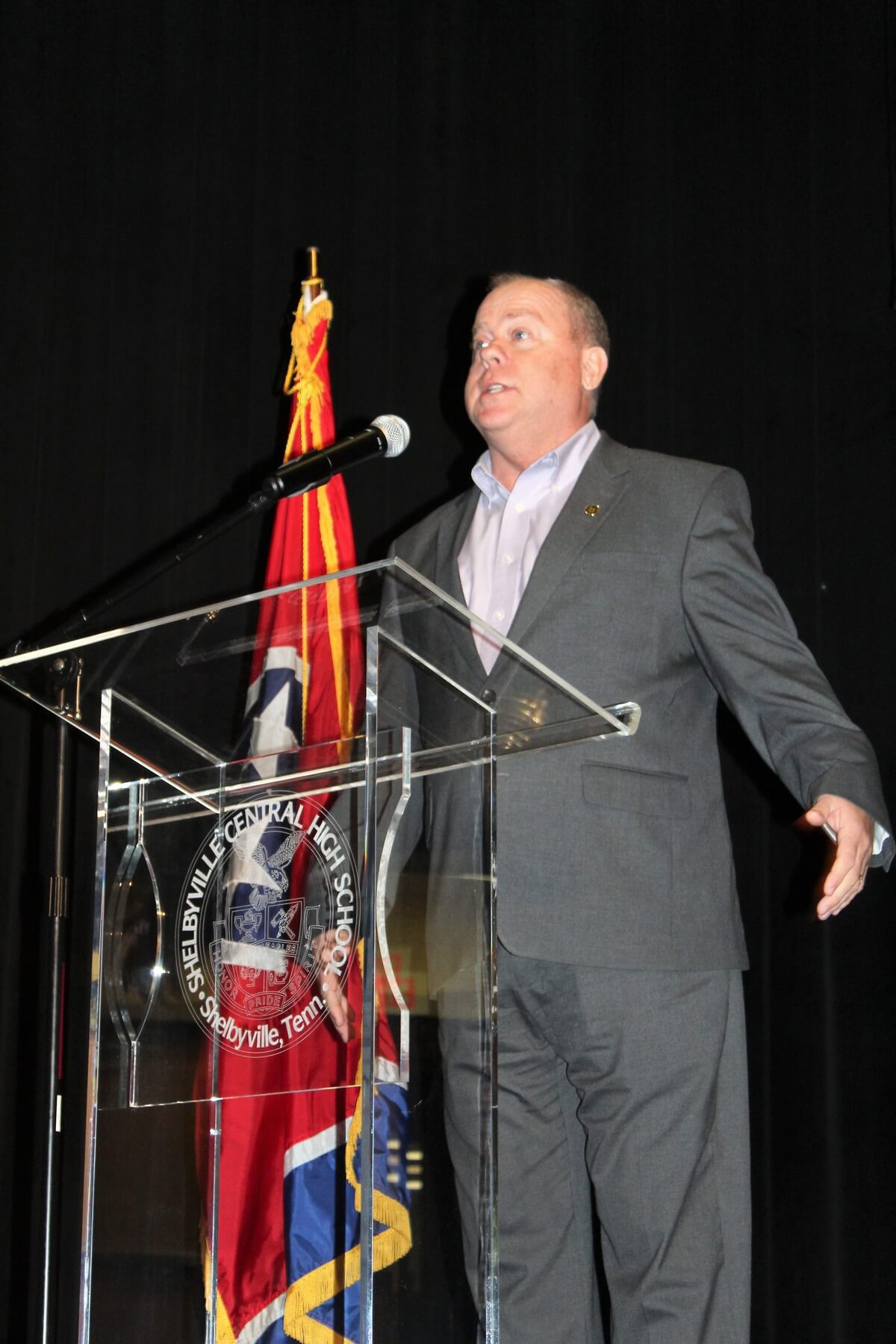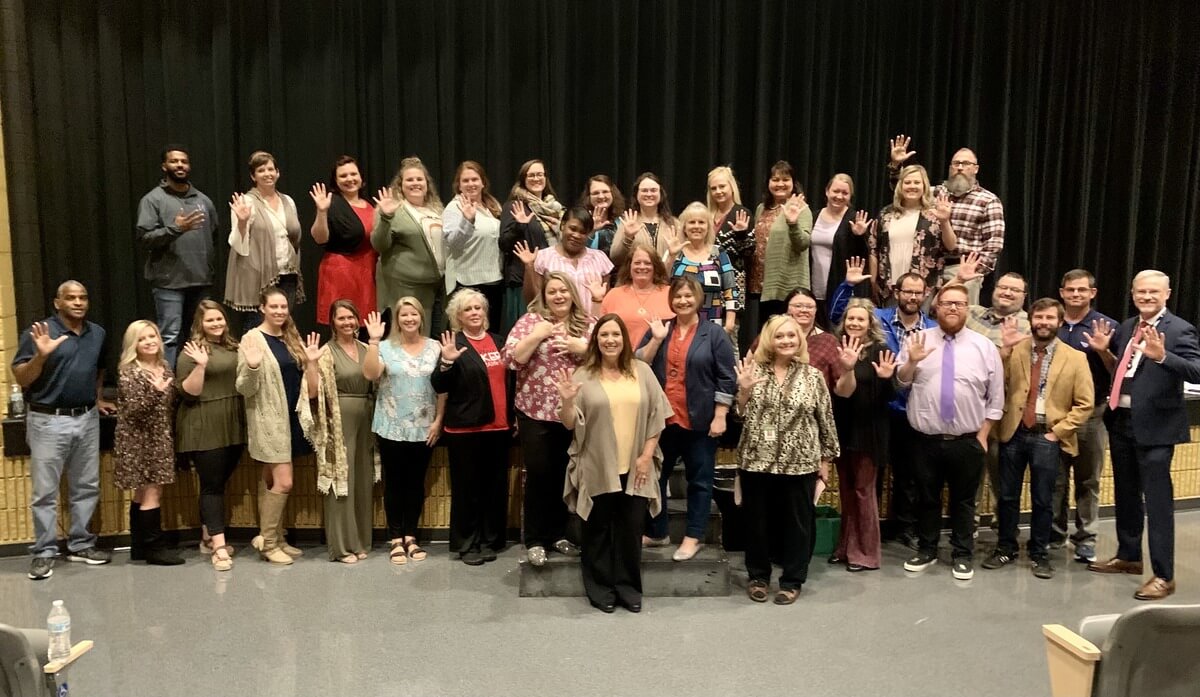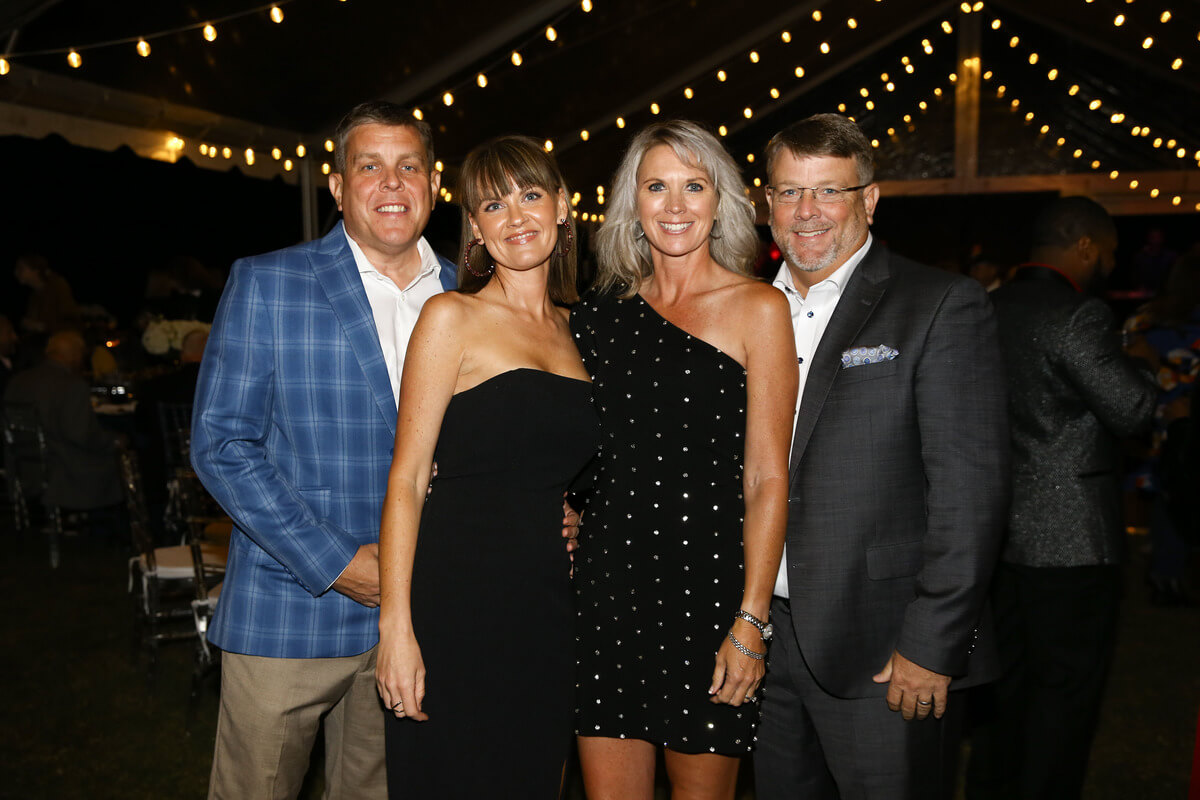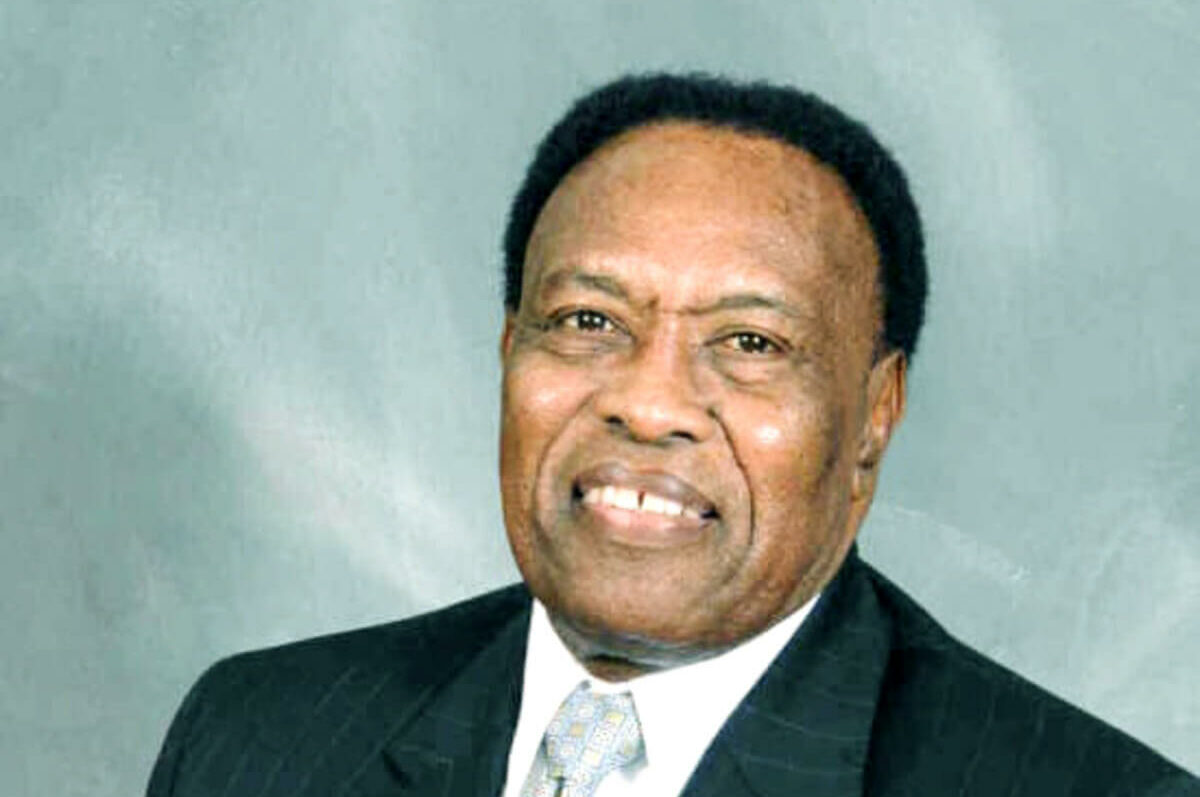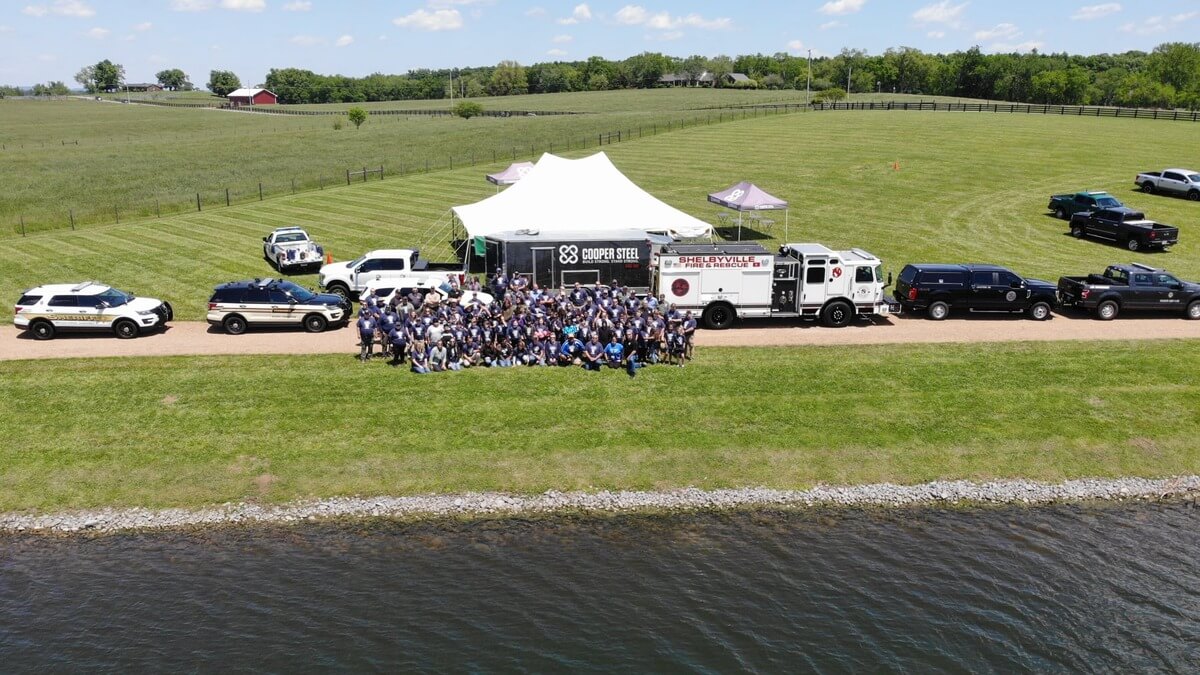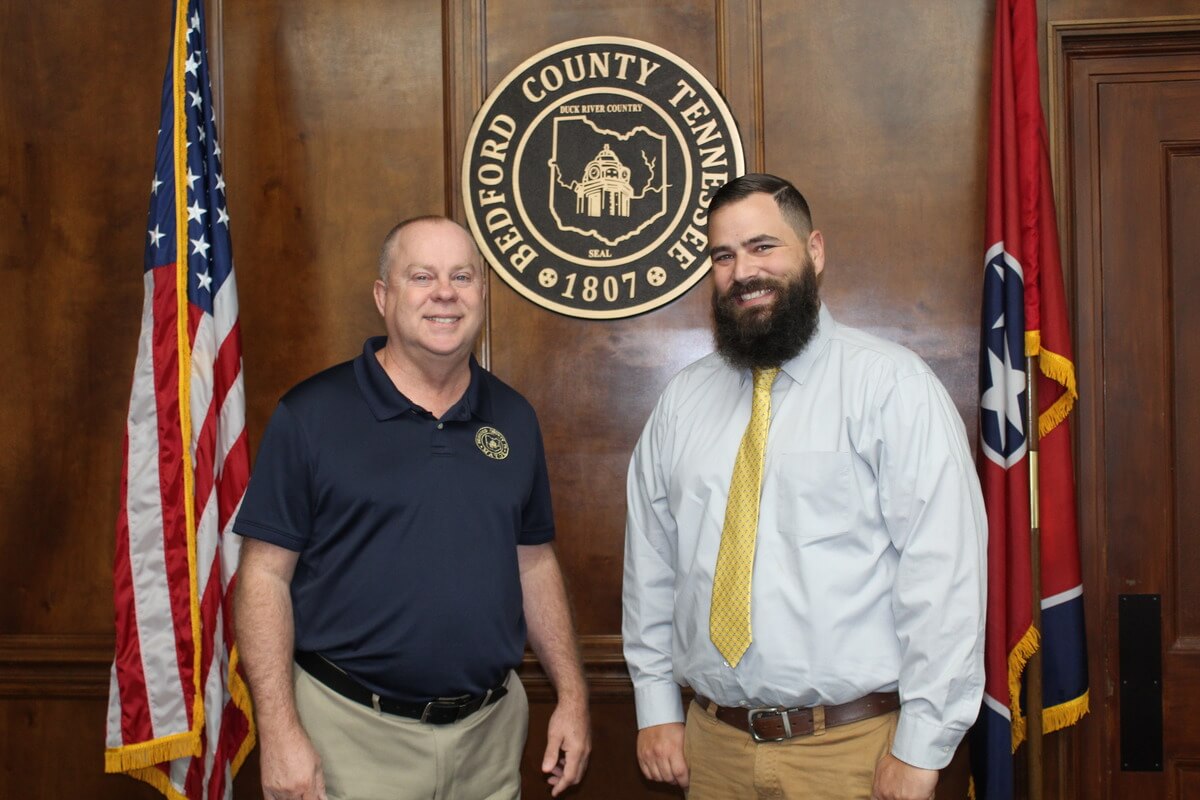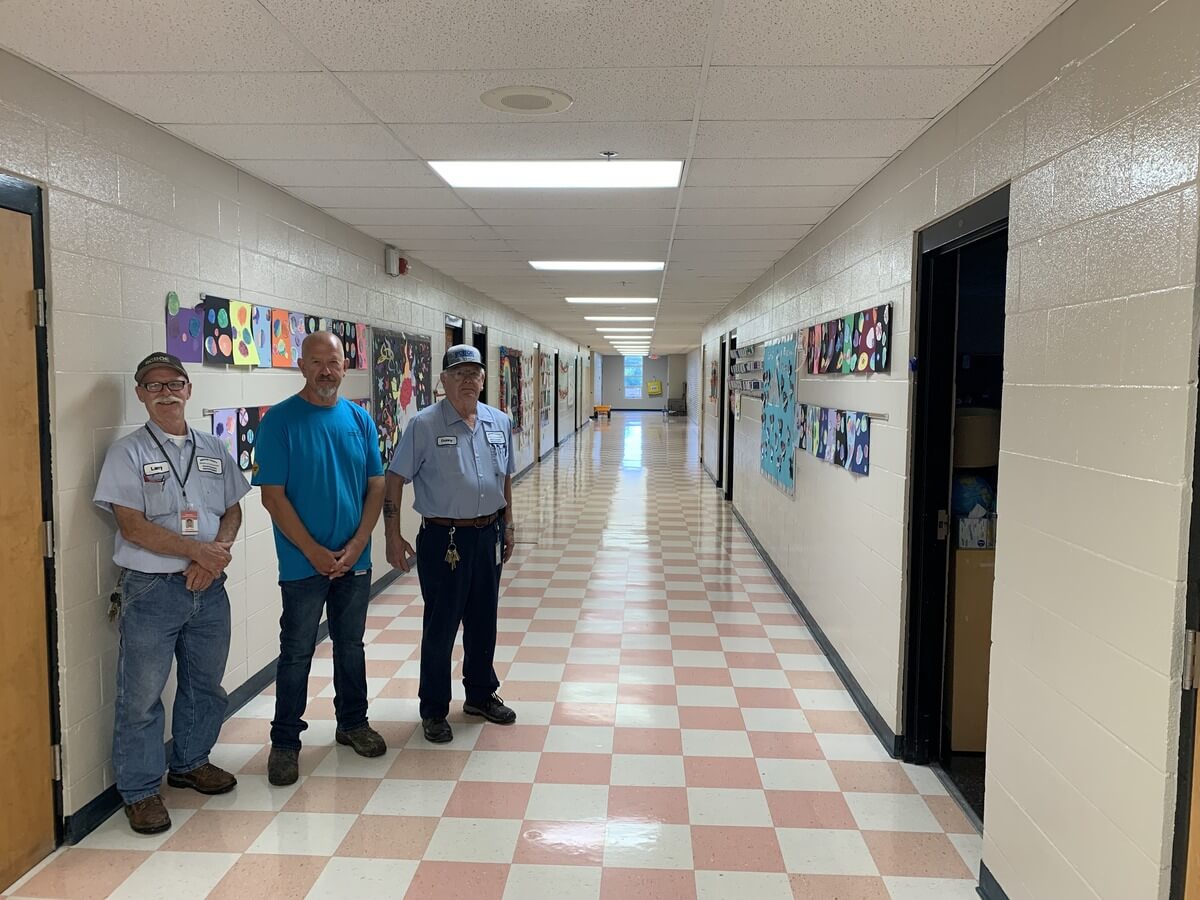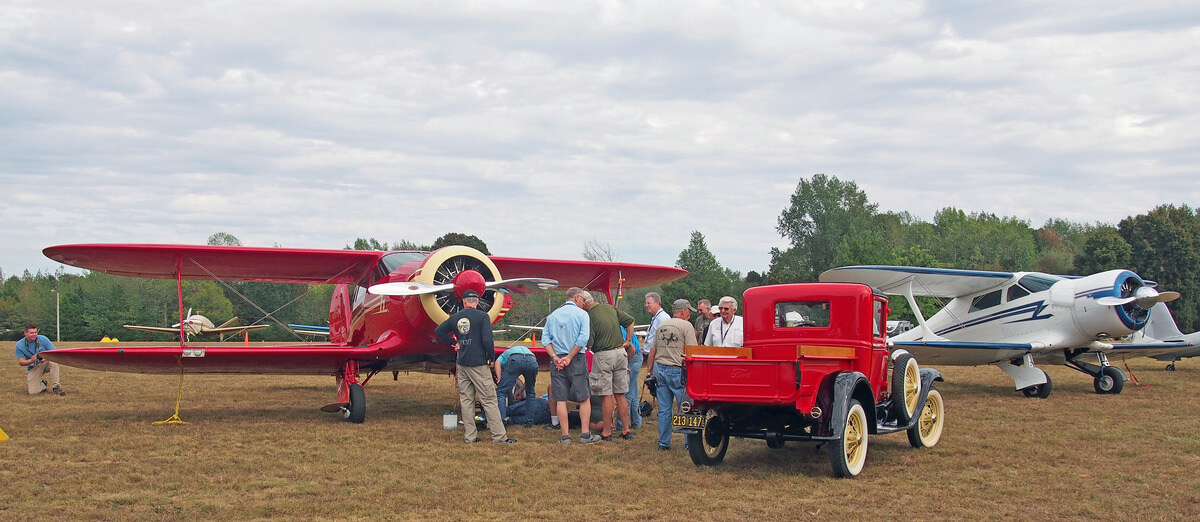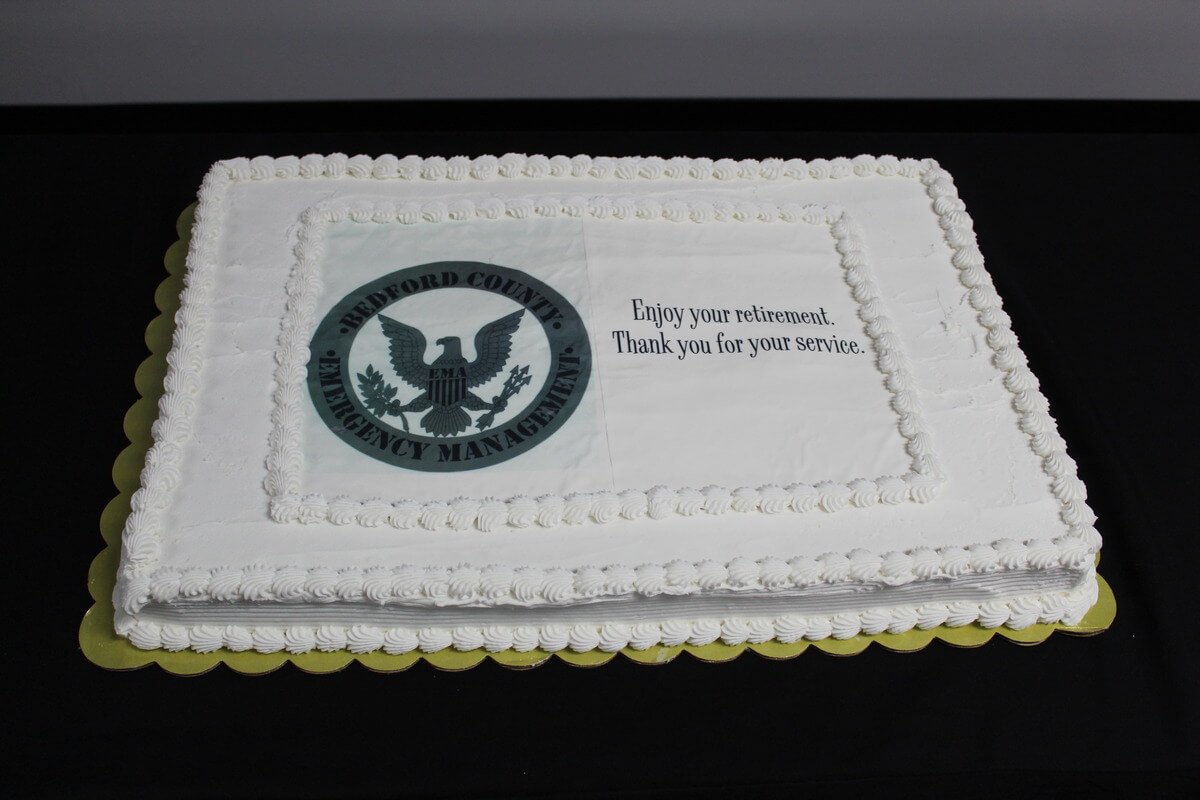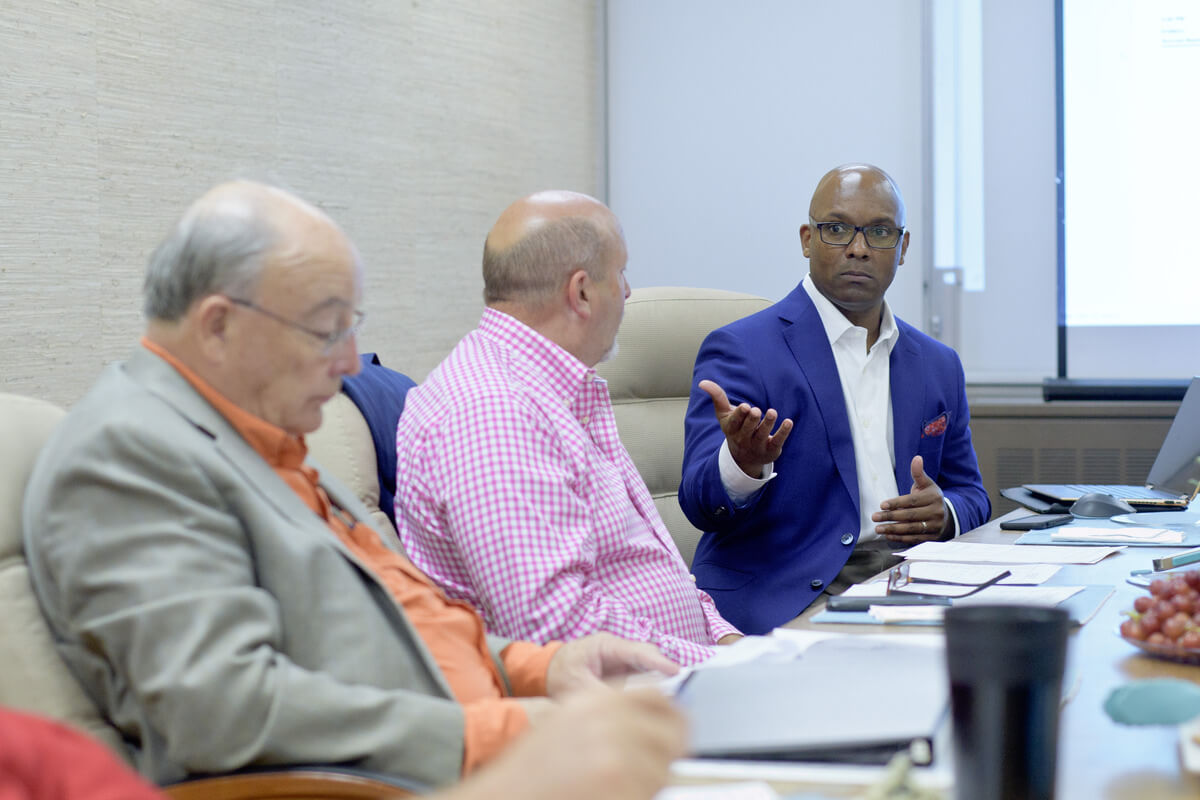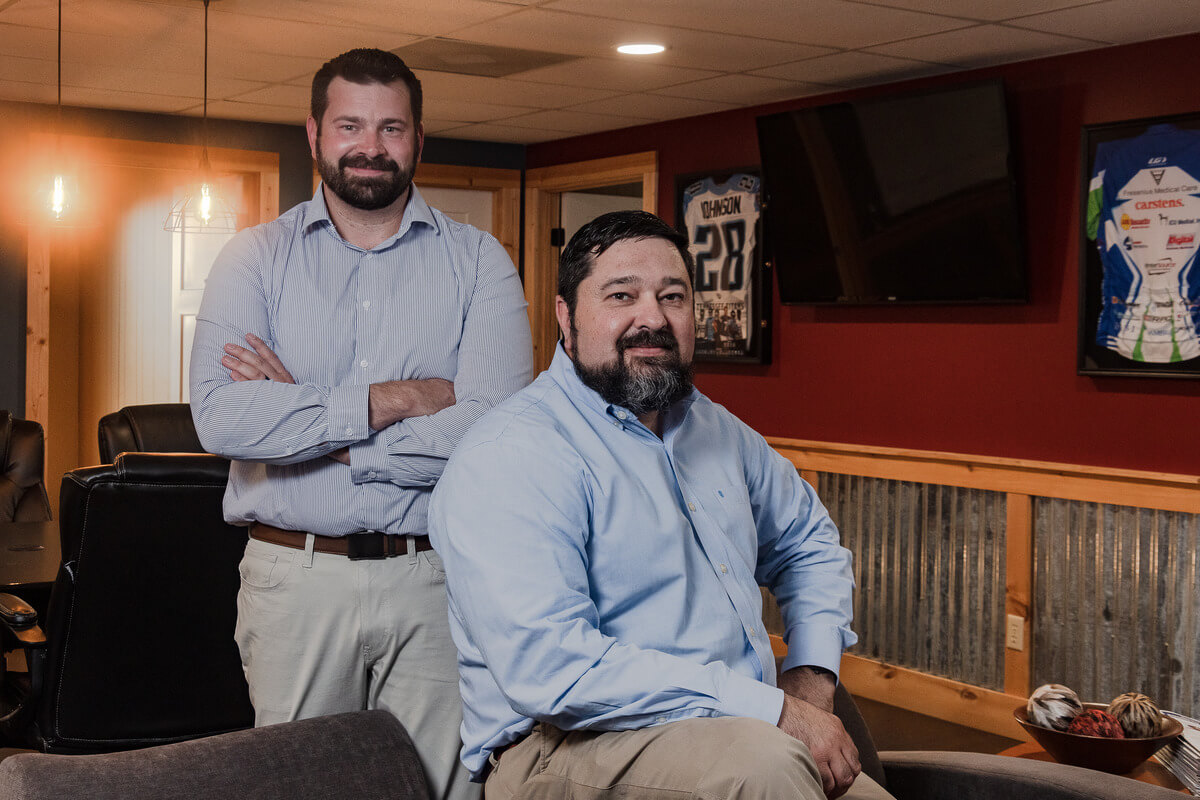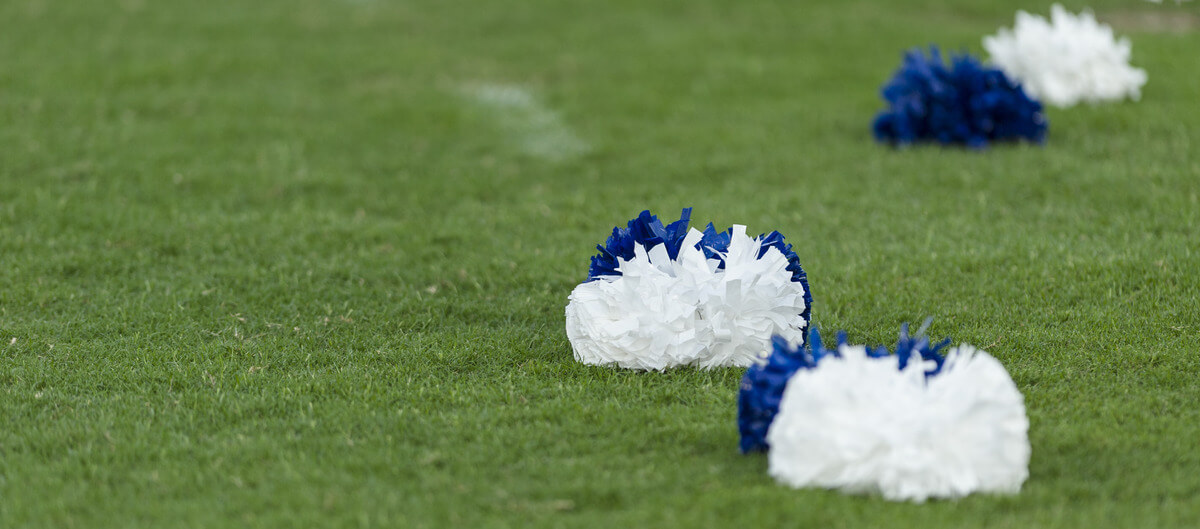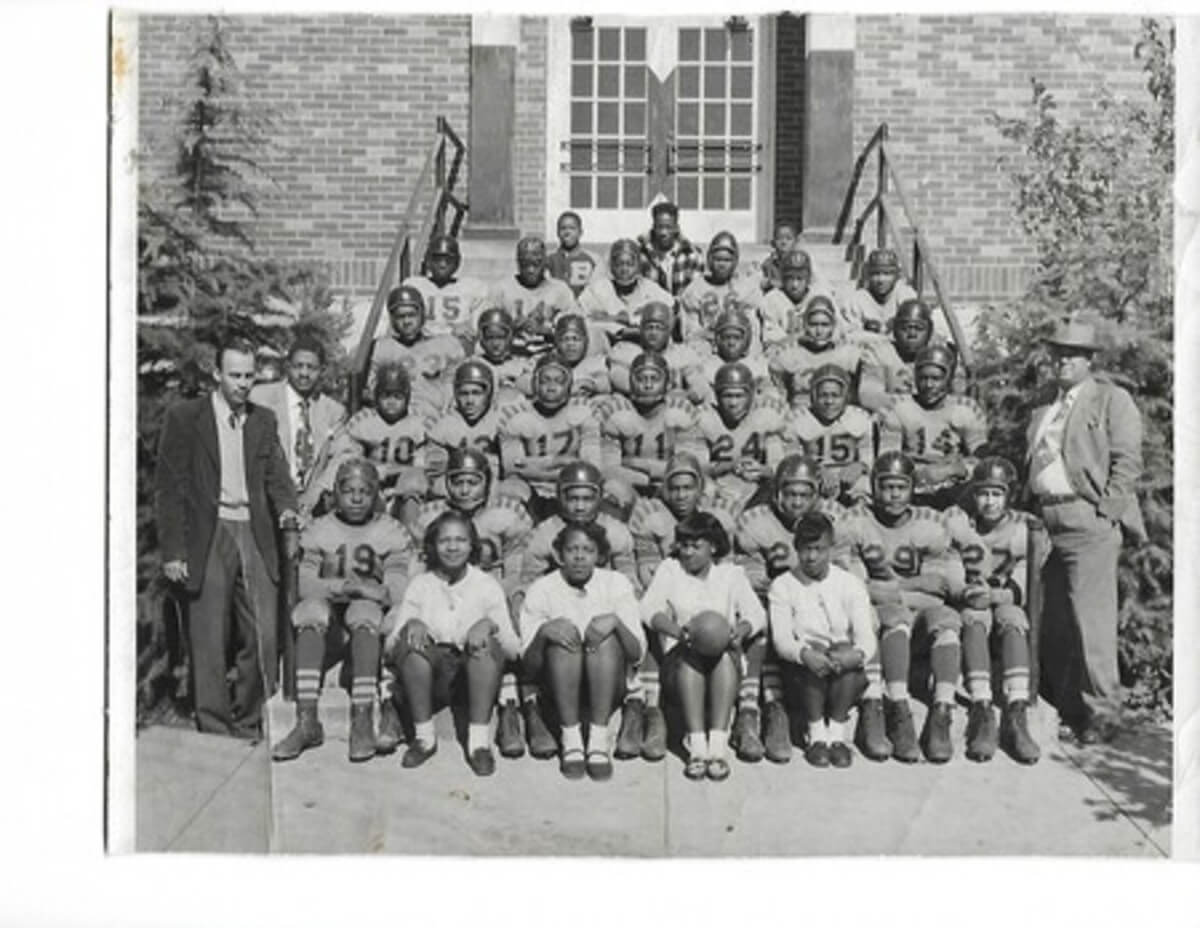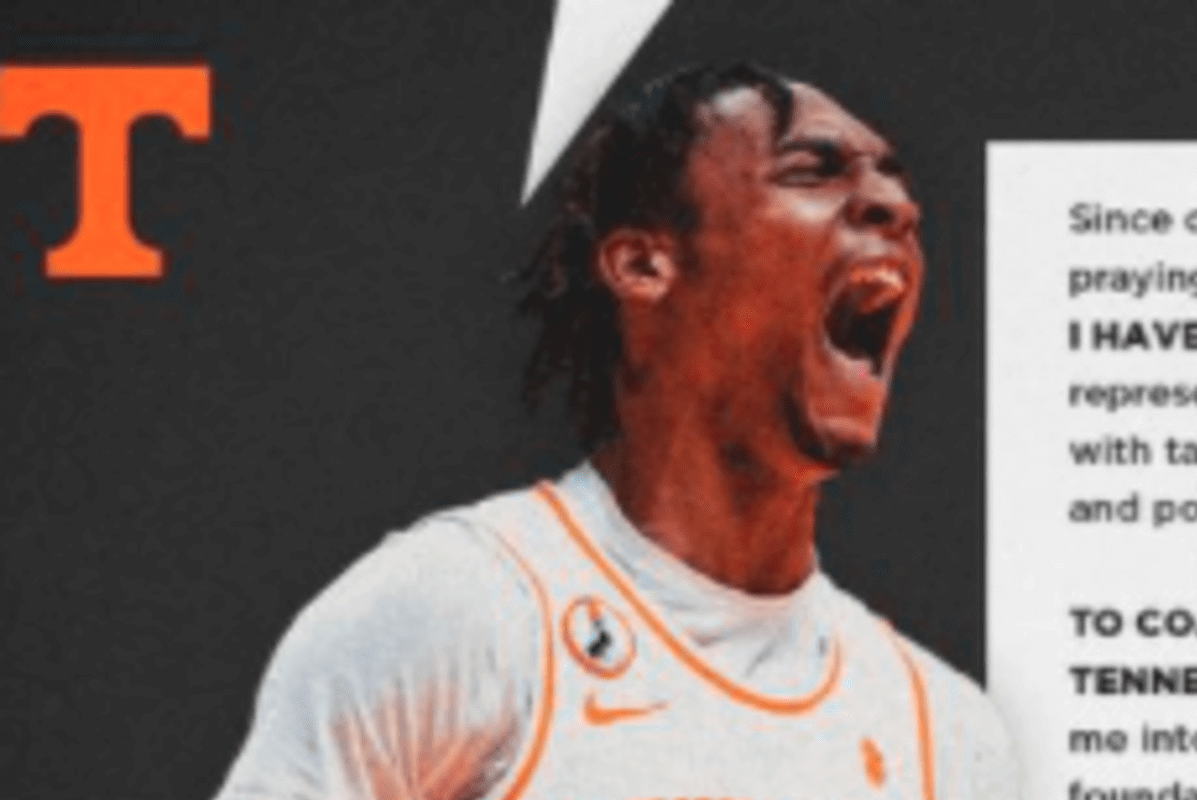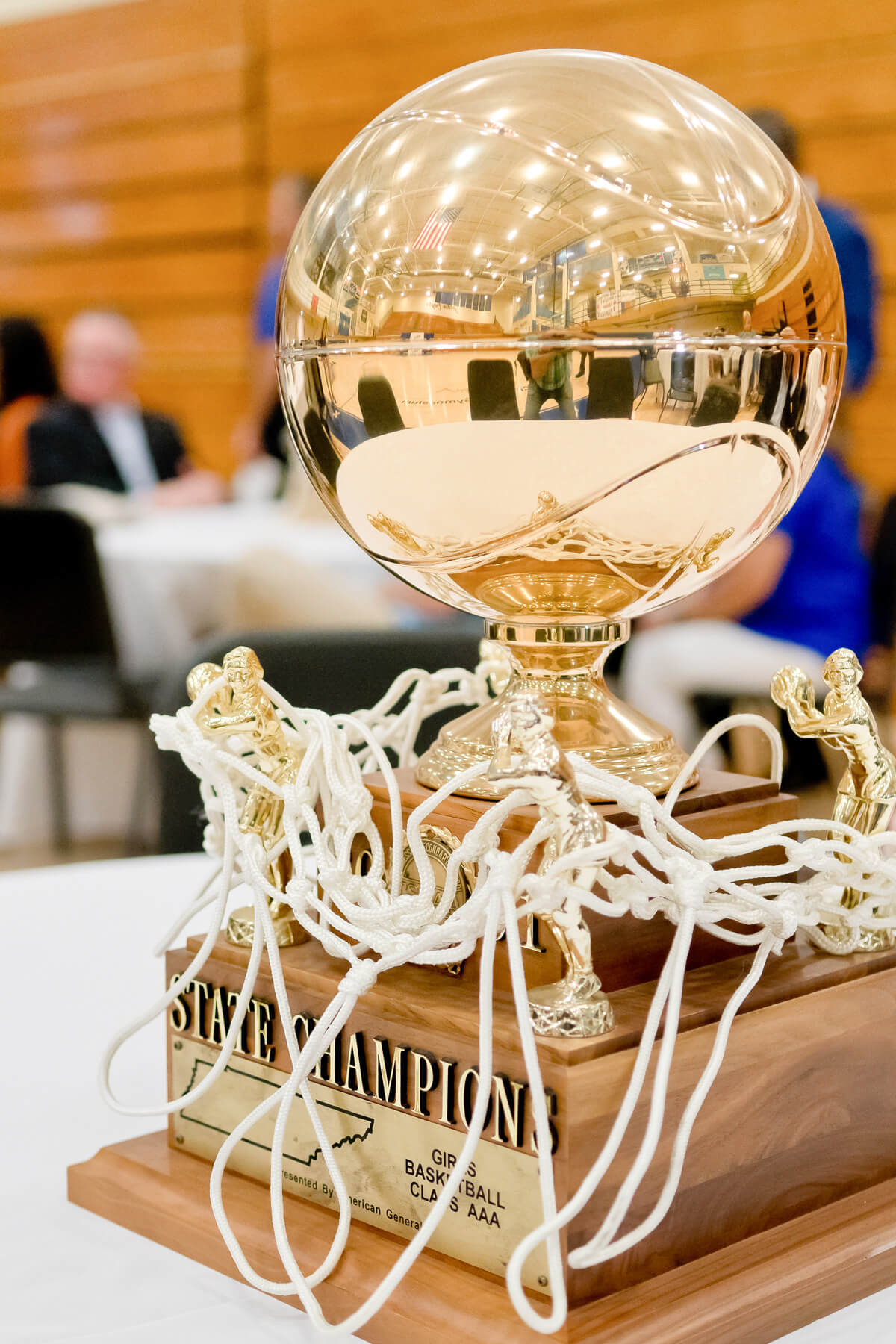RAPID GROWTH in any environment creates challenges. Adolescent rapid growth brings with it complications in healing from injuries, and repetitive sports-related injuries are a particular concern. Adolescent rapid growth kept Chad Overcast out of youth football until his high school years. His mom played offensive tackle long before Overcast dressed out for the first time. Just like the offensive tackle is the pivotal piece standing between the quarterback and a defender, Overcast’s mom knew that protecting his physical safety would guard his future.
“I was a very big kid. I was growing really fast. And I think the doctor basically told my mom that if I had gotten injured when I was a kid, it might not have worked out too good for me, so my mom didn’t want me to play until my freshman year. I always knew I was physically suited for football. I was 6’4” and 300 pounds, and I wanted to see how I could do. I played basketball and softball until high school. I love competition,” said Overcast.
A member of Shelbyville Central High School’s class of 2001, Overcast made up for lost time. Football was part of his entire high school career, and he played every game of those four seasons. At offensive tackle, Overcast continued rapid growth – this time on the field.
Coach Wes Jones, Overcast’s offensive line coach, and head coach Whit Taylor combined to provide a natural balance of give-and-take. “Coach Jones was the one that was tough on you, kind of a no-nonsense guy. He was going to help motivate you to push past your mental and physical limits and work hard, and do things right. Coach Taylor was passionate but more easygoing. That’s a good combination,” said Overcast.

“Obviously, you lose games, and sometimes you have conflicts with players and coaches. Sometimes you may personally fail at something. When you reflect on them, are honest with yourself, work on self-improvement, and are able to take constructive criticism, you learn from your mistakes.”
It’s a growth program that works both on and off the field.
Overcast said, “You’re part of a team, so one thing you learned quickly is no matter how well you think you did, you have to rely on your teammates for success. That carries over through everything in school and your professional life. Learning how to participate on a team that consists of people with very different attitudes, backgrounds, and personality types will prepare you a little better for life in general.”
Football was fun for Overcast. He gave it and academics his all. While football scholarships were an option, Overcast chose a full-ride, academic scholarship to the University of Tennessee, where he obtained a bachelor’s and master’s degree in physics and a minor in astronomy. You might say he switched from offense to defense – a career with the U.S. Department of Defense, to be more exact. As serious as his career sounds, Overcast is an advocate for fun.

“No matter what you think when you’re 16 years old, football is a good experience, and you learn things you carry throughout your life, but in the end, you can’t lose sight of the fact that it’s a game. You play games to have fun, and if you take it with that attitude, whether you win or lose, I think you’re going to have a better experience than putting so much importance on winning at all costs. With that mentality, one of the first things sacrificed is sportsmanship and doing the right thing. I didn’t feel that win-at-all-cost pressure when I played, but I do know many people, coaches, and parents take things probably more seriously than necessary.”
It’s that element of fun that fueled one of Overcast’s favorite football memories.
“It started with one of the football players, after an awards ceremony. He shaved his head, just the middle part of his head, to come in and look like coach Taylor. We sat down, one by one, and took turns shaving each other’s heads with the clippers. It was a bonding, team-building moment that came up organically.”
Perhaps fun is the pivotal offensive piece. In the game of life, we’re the quarterback. The future’s in our hands. Practice, preparation, and past games strengthen us for the next play or decision. The grimace-face defender is reality and responsibility. We’ve got to get rid of the ball; whether we pass it or hand it off for the run, our decisions are going to advance our lives to the next down. When we look for light-hearted moments or schedule fun into our days, the scoreboard is just another light on the field. GN

